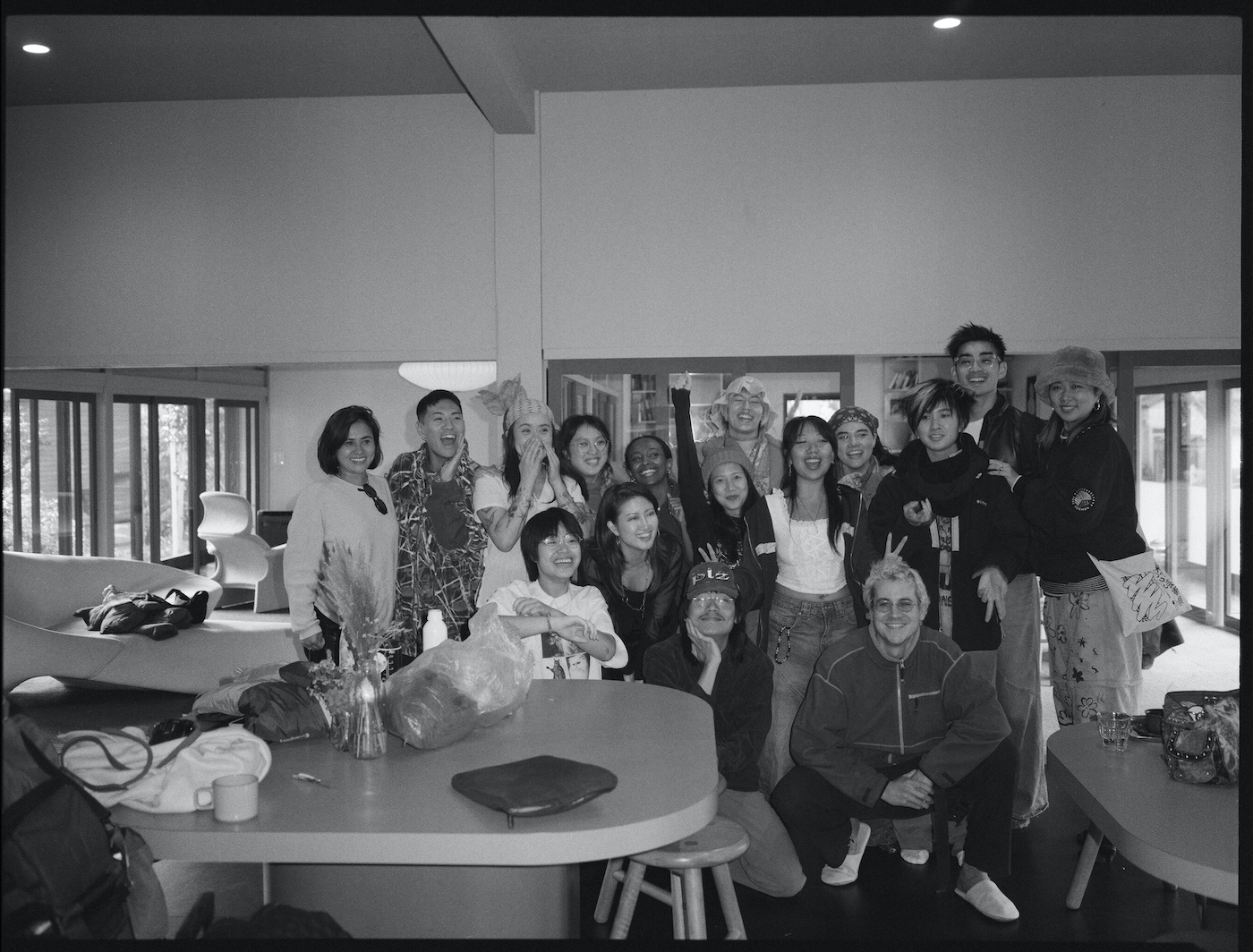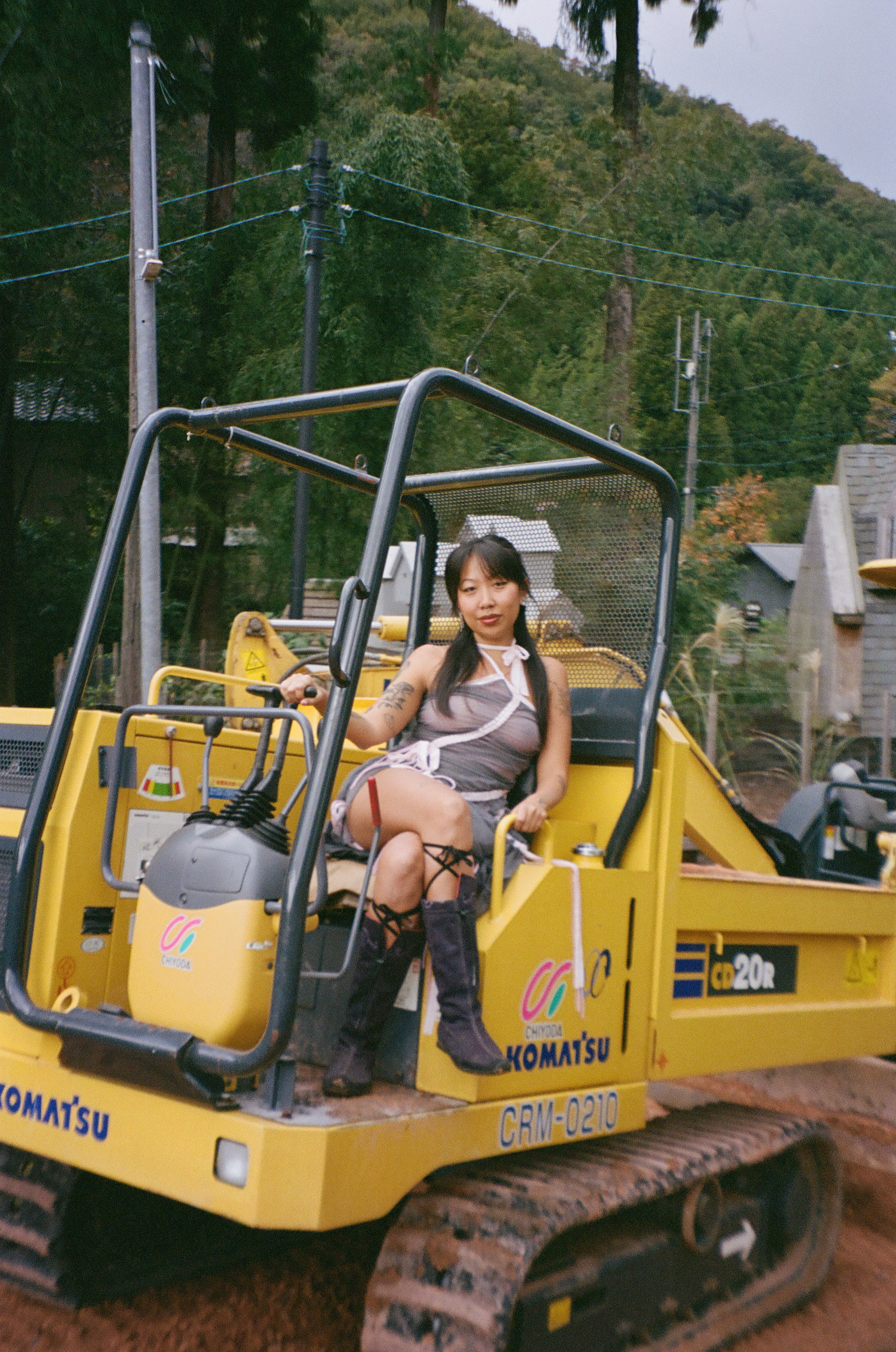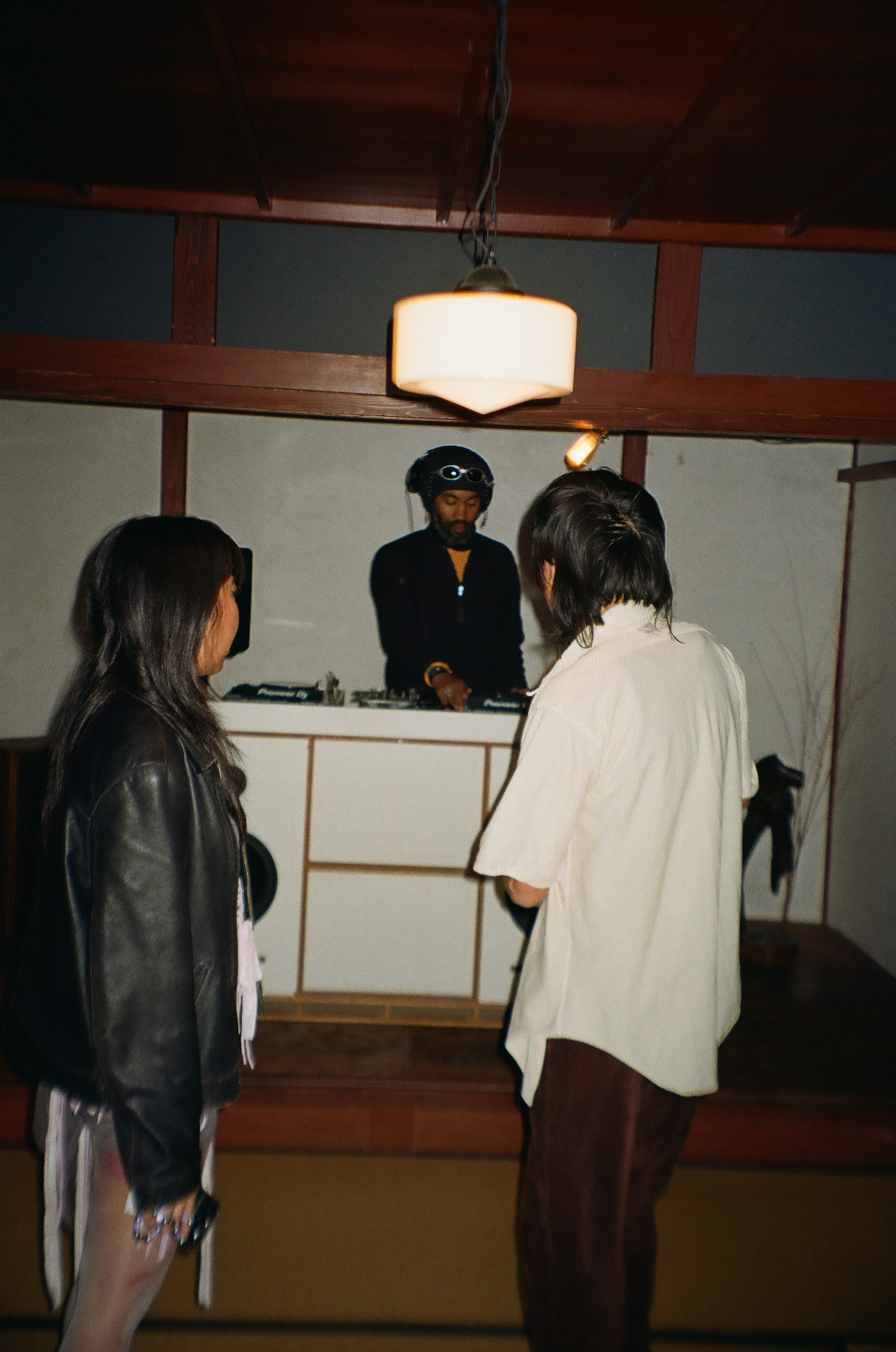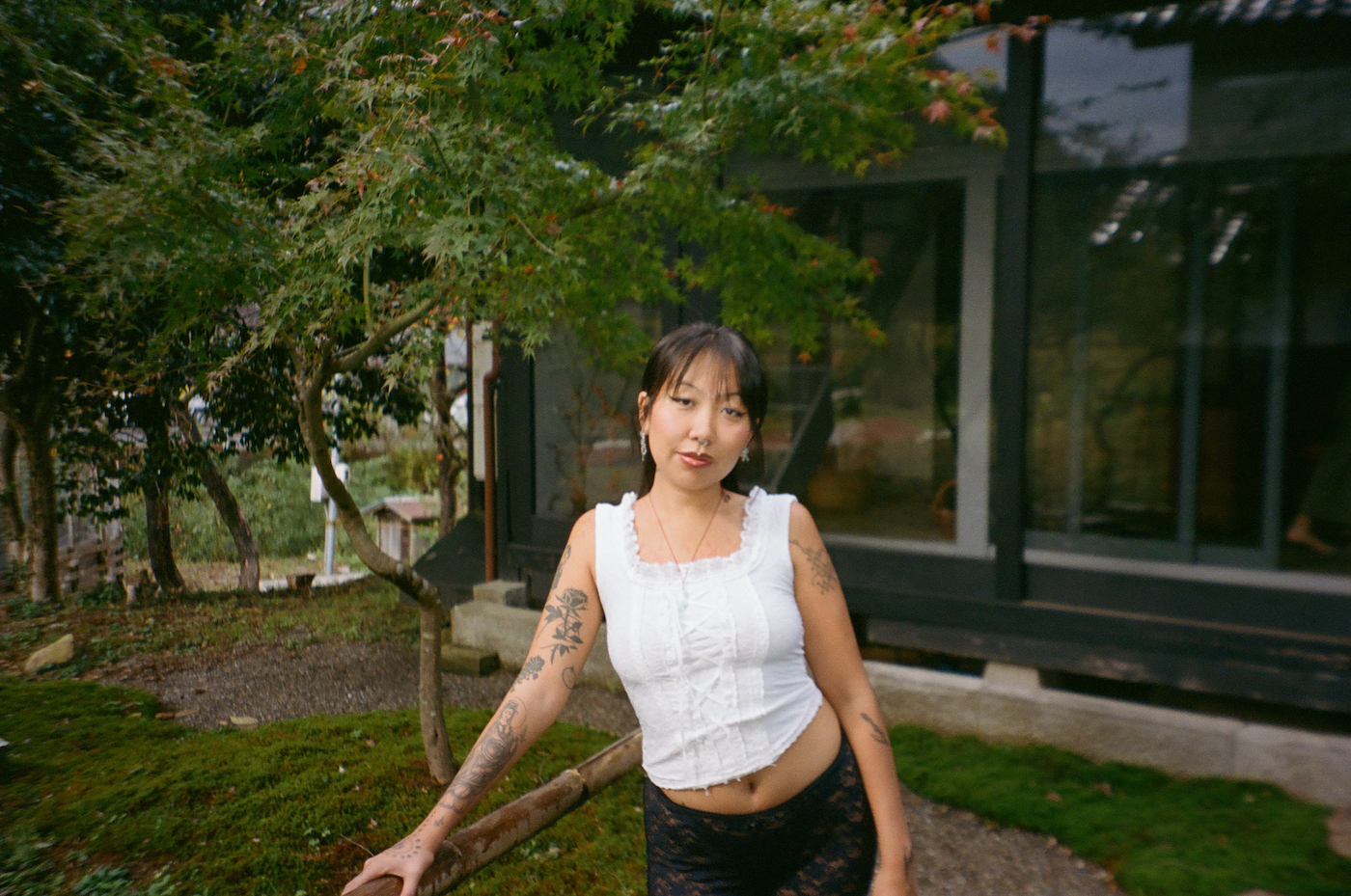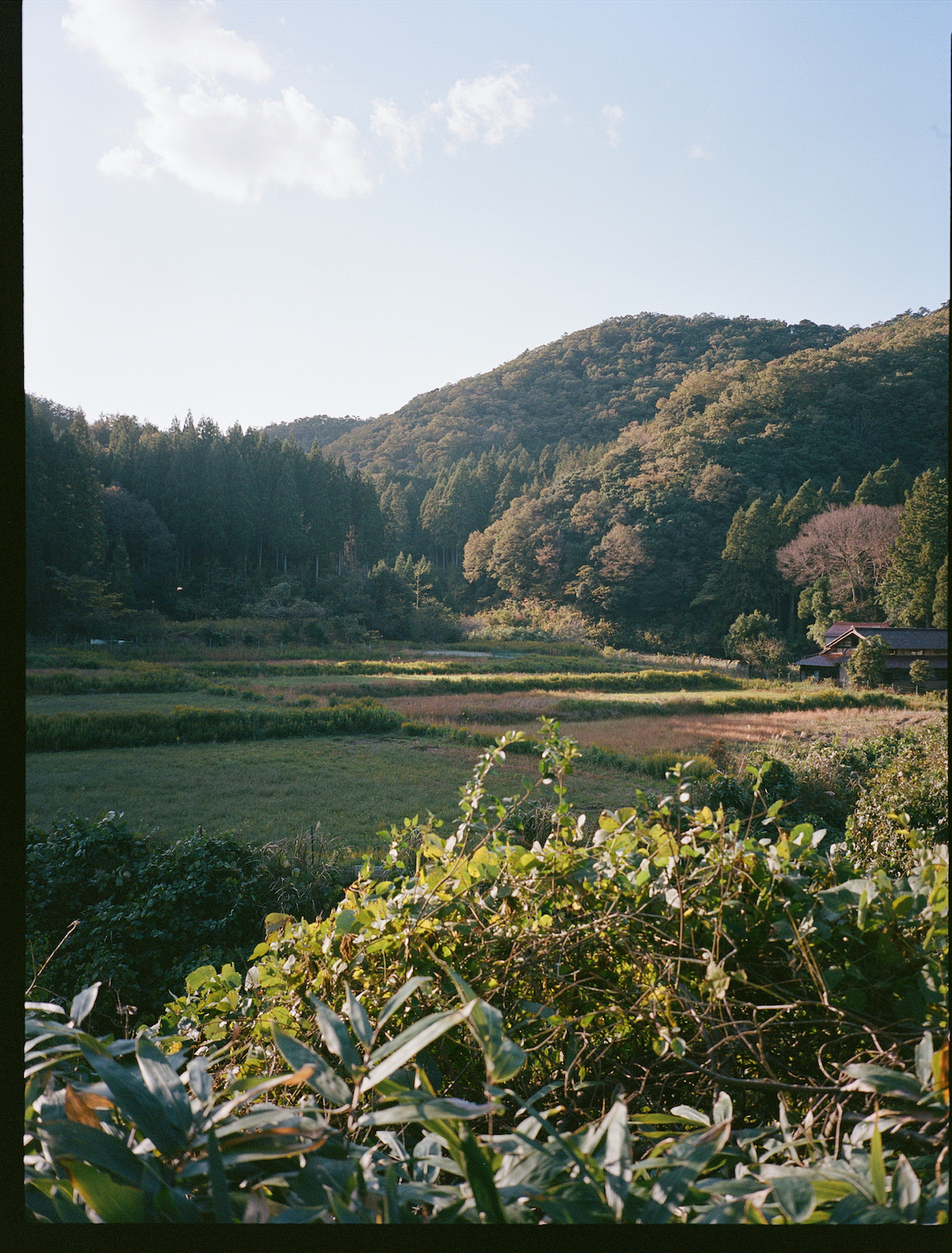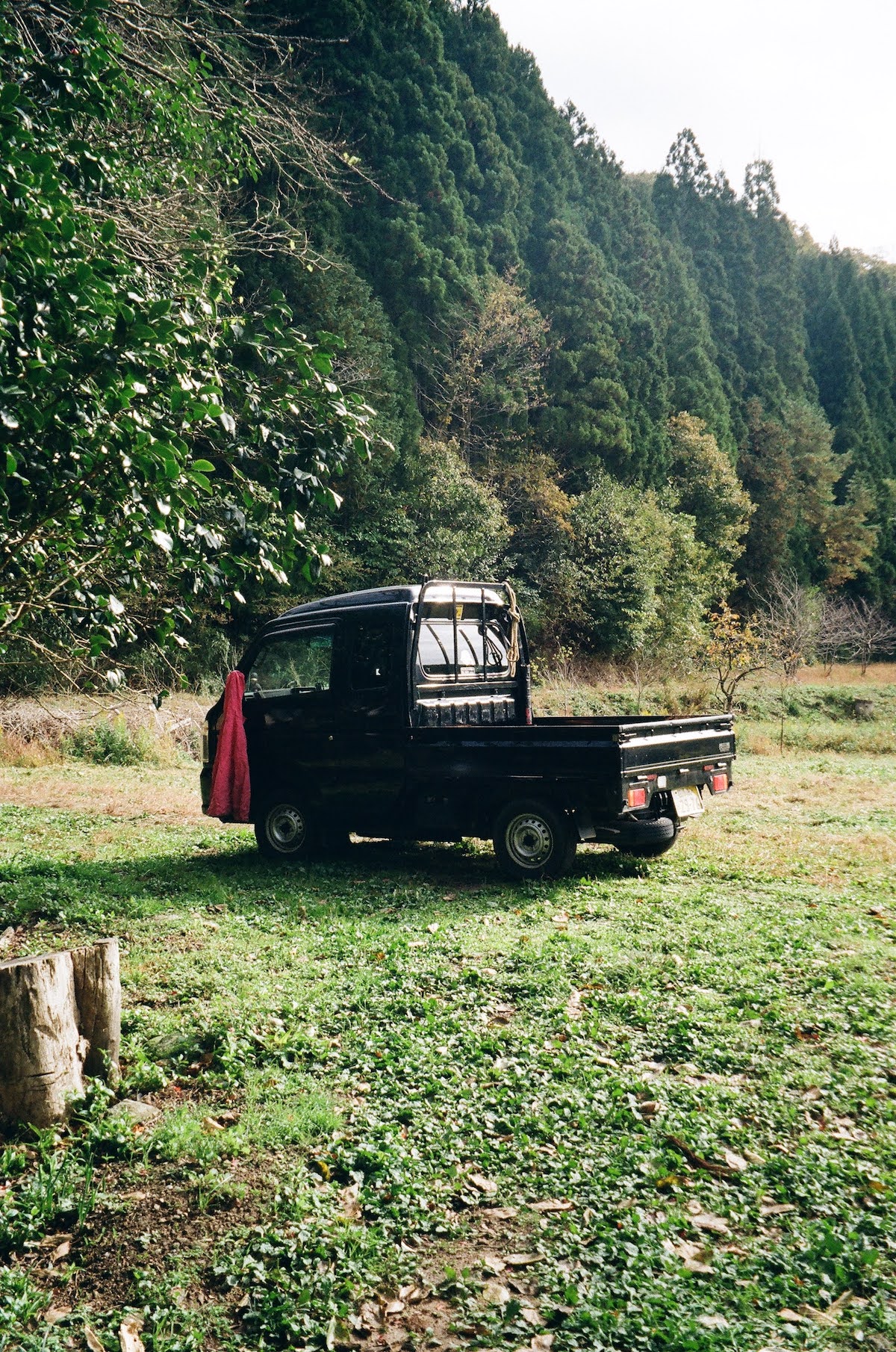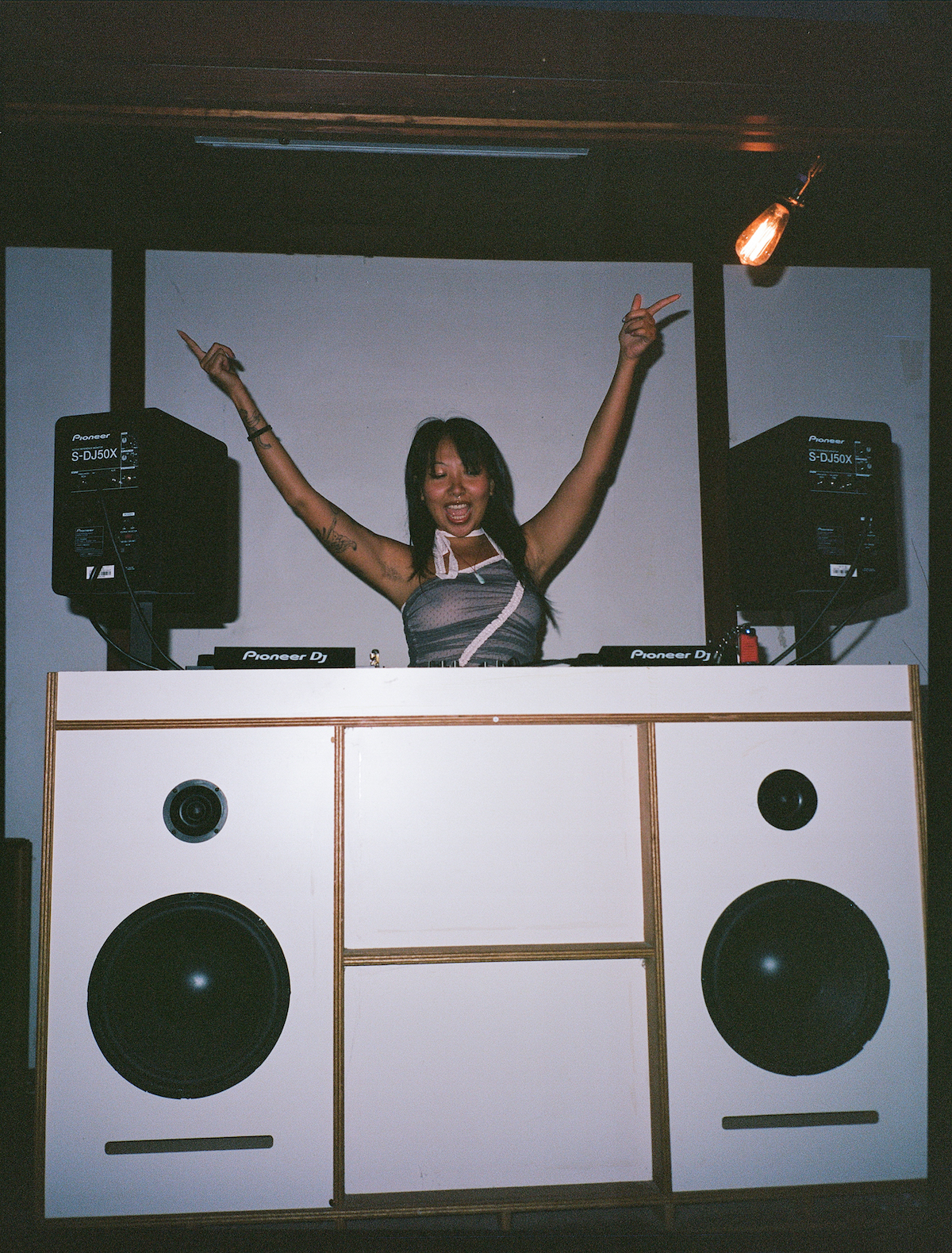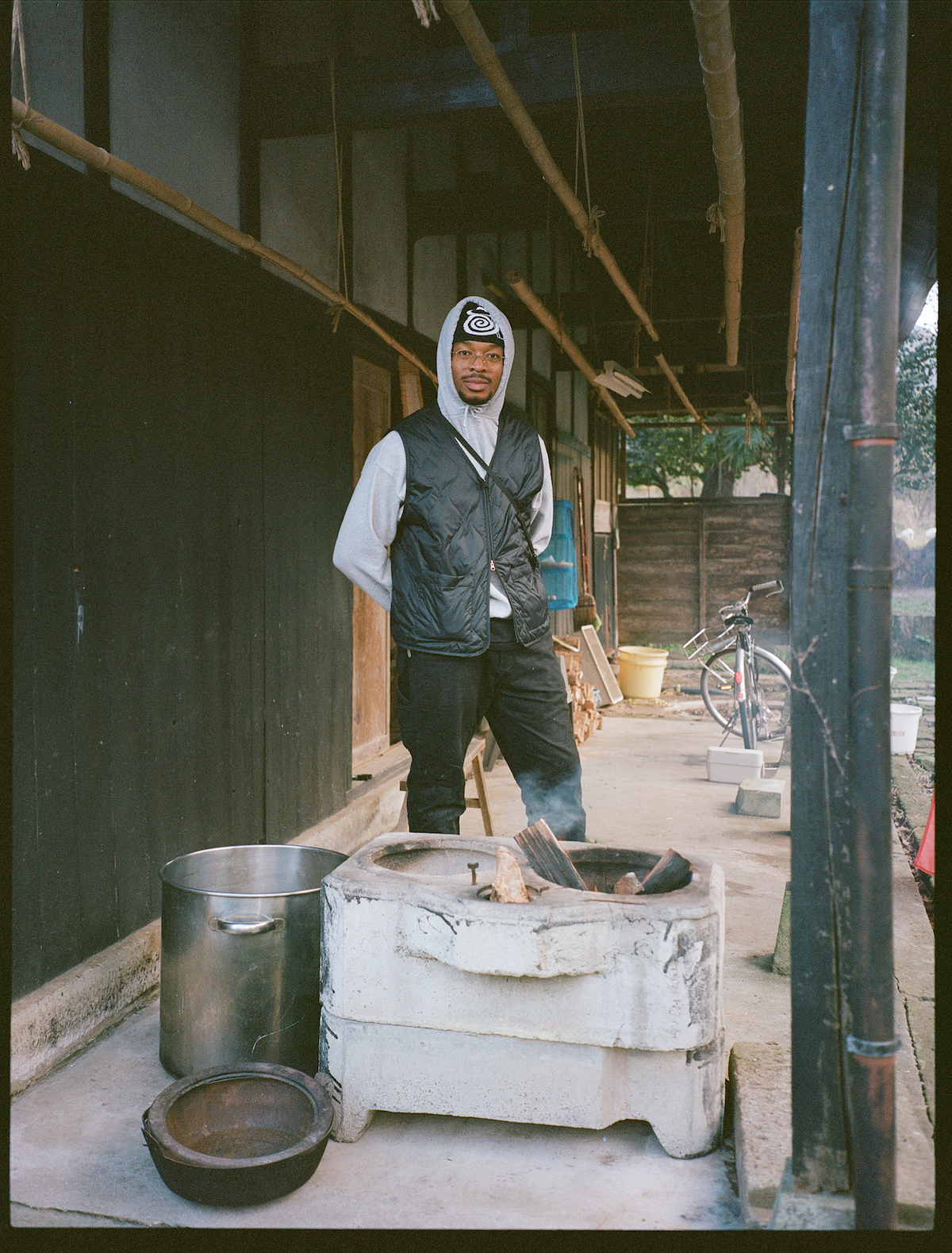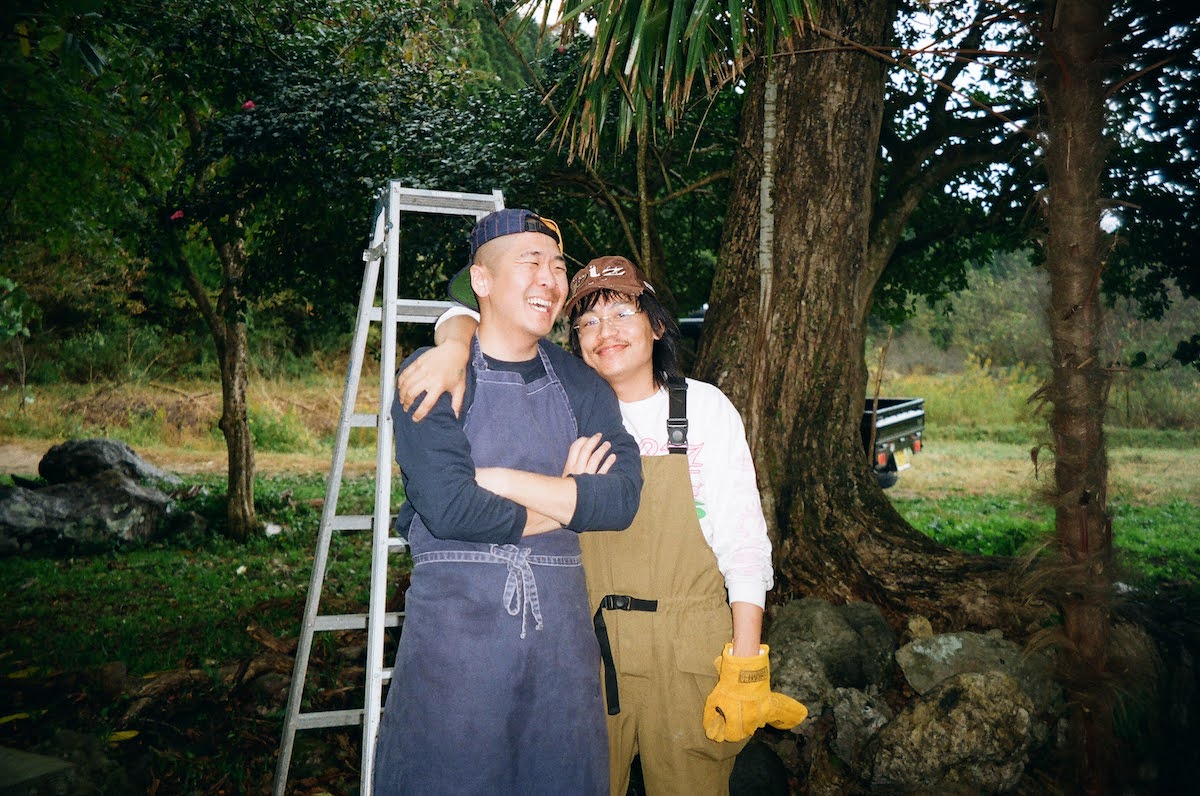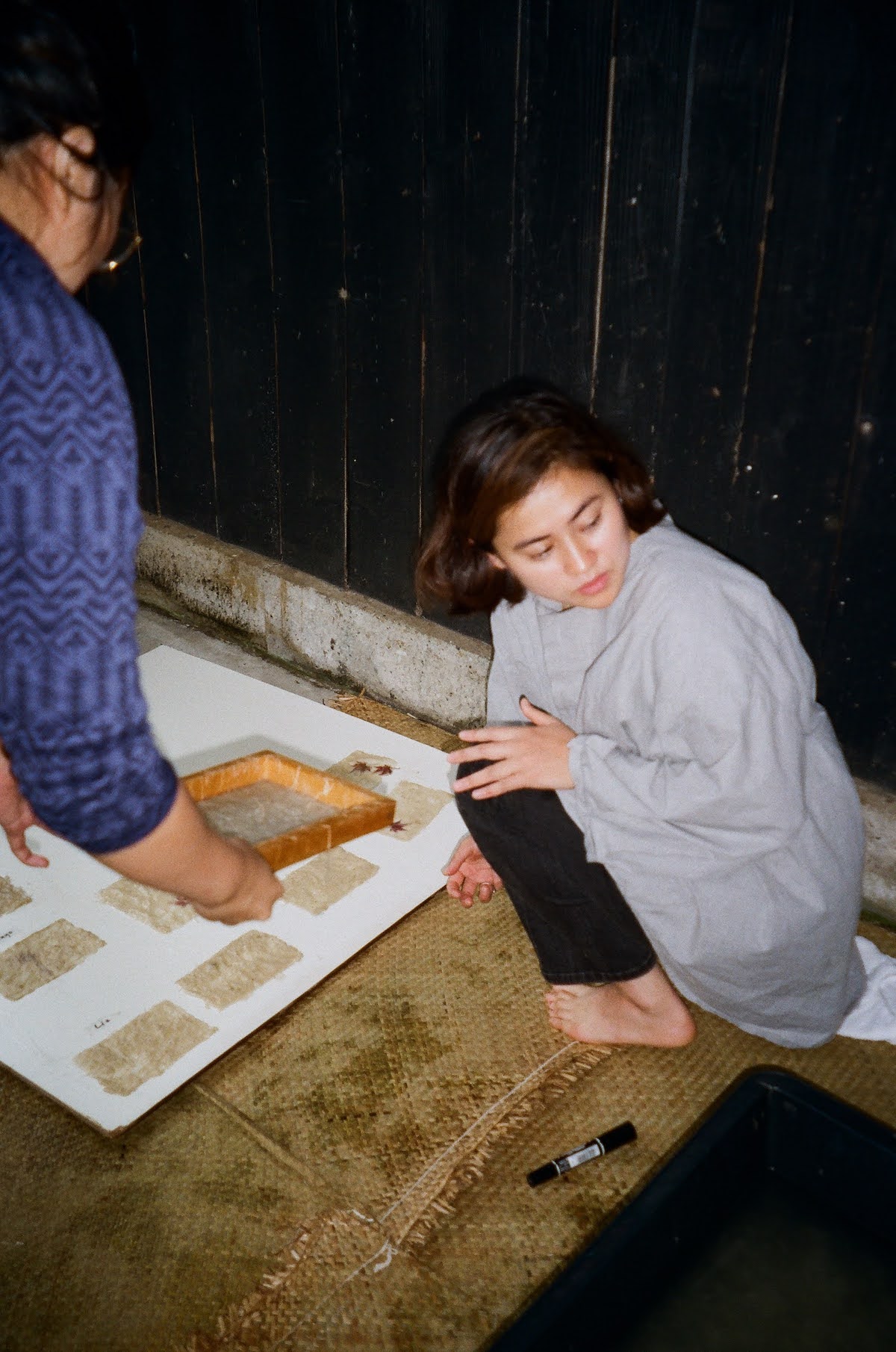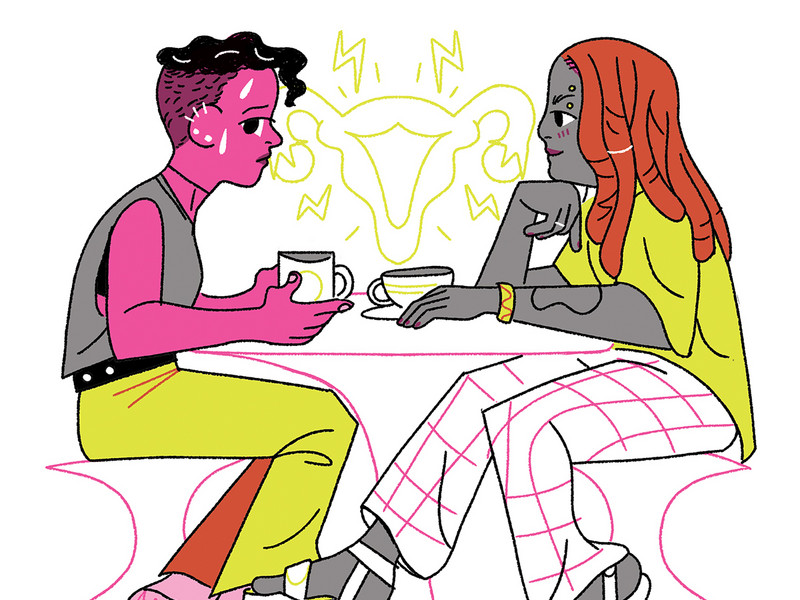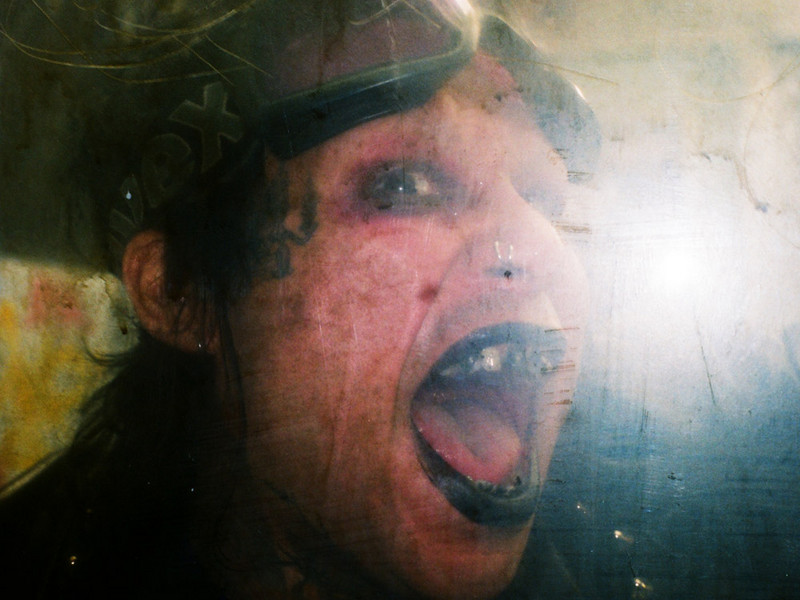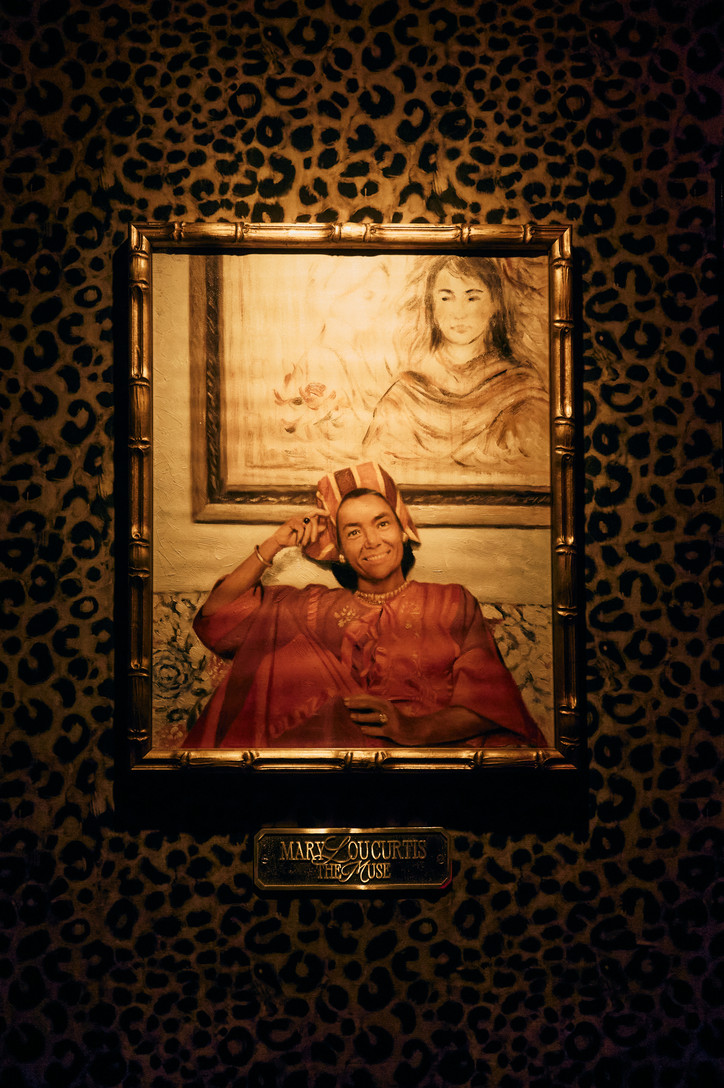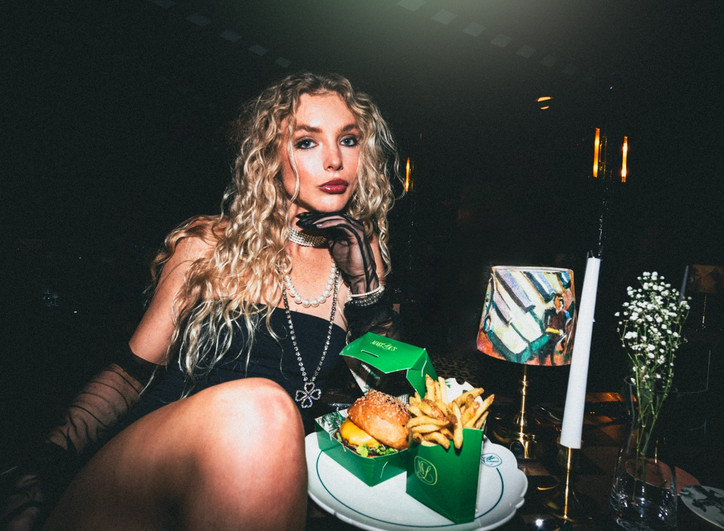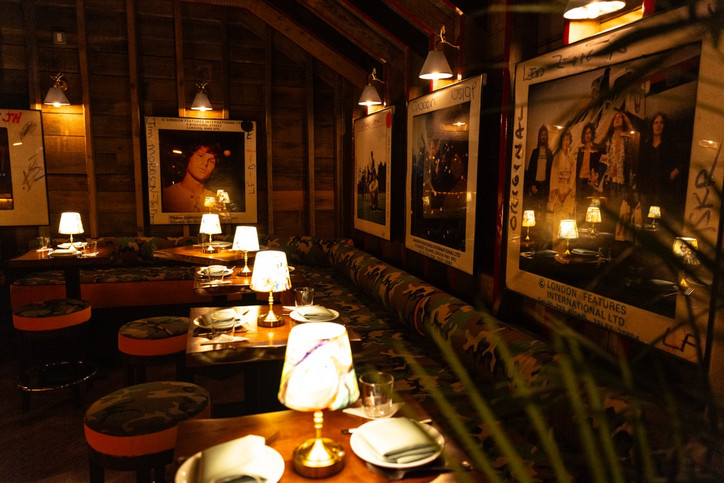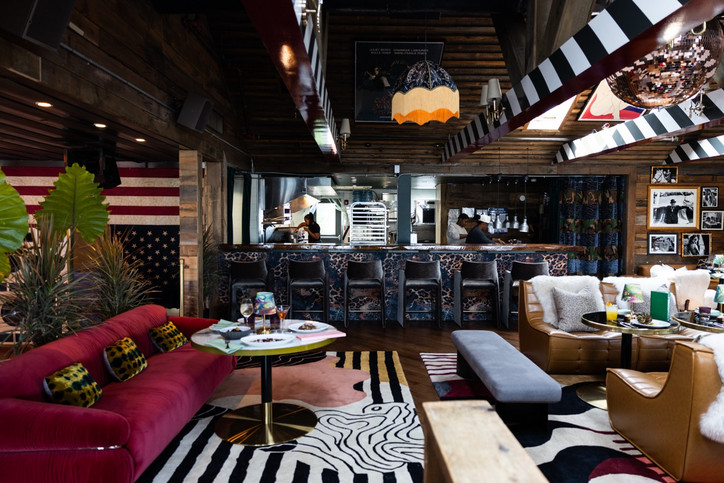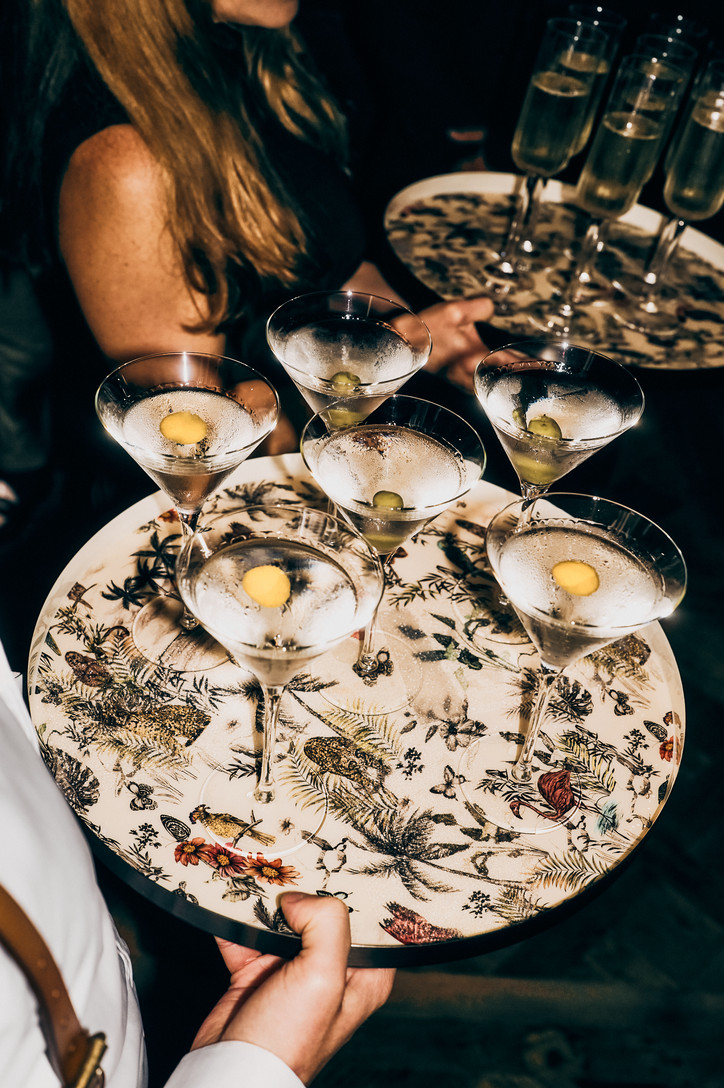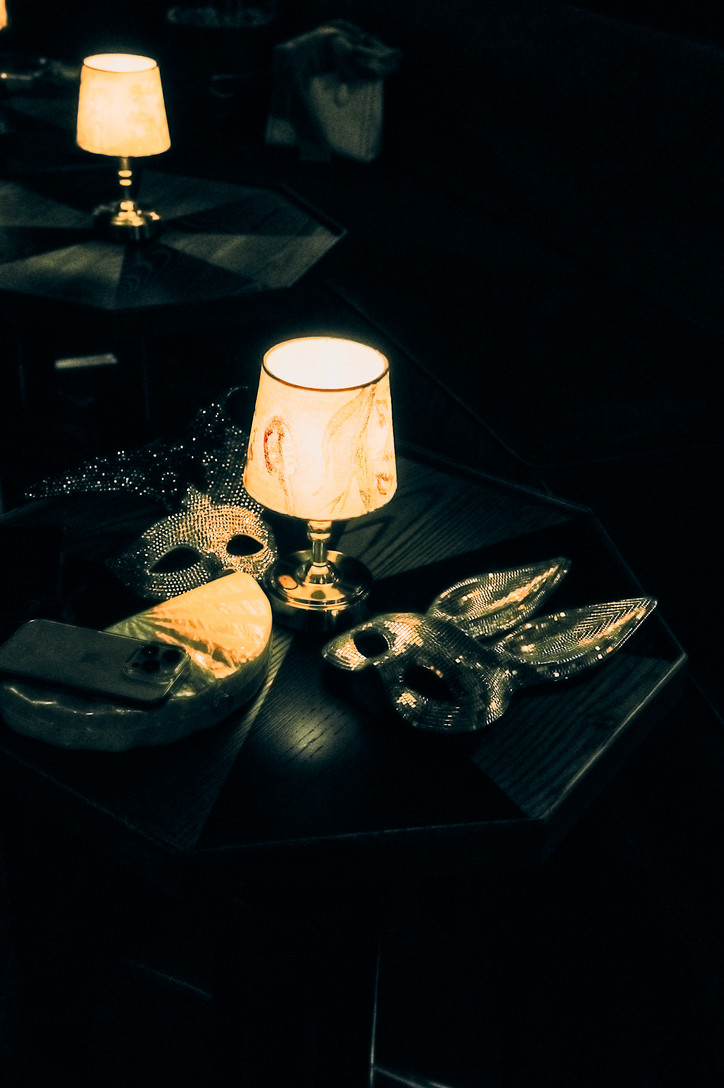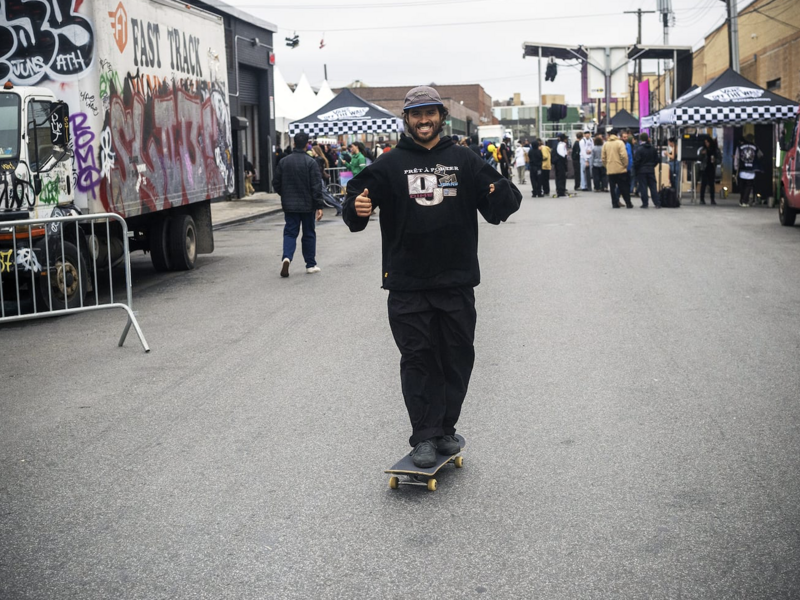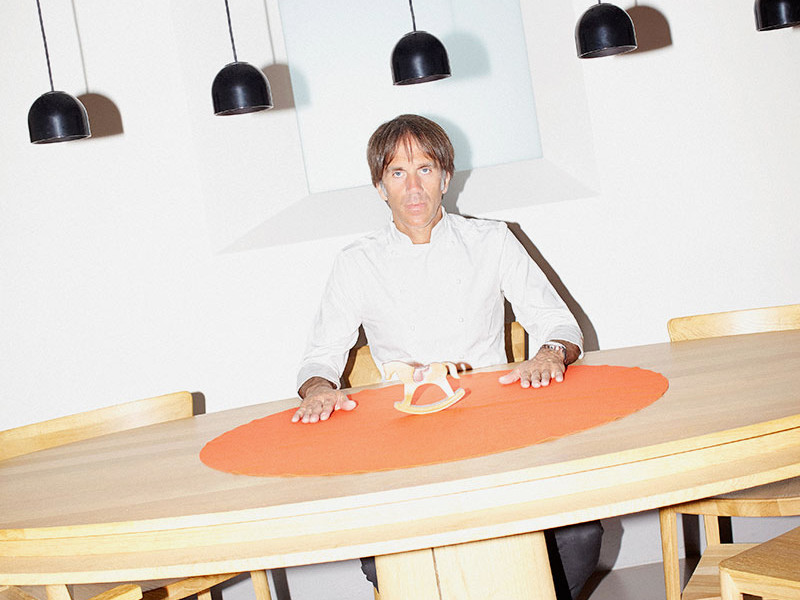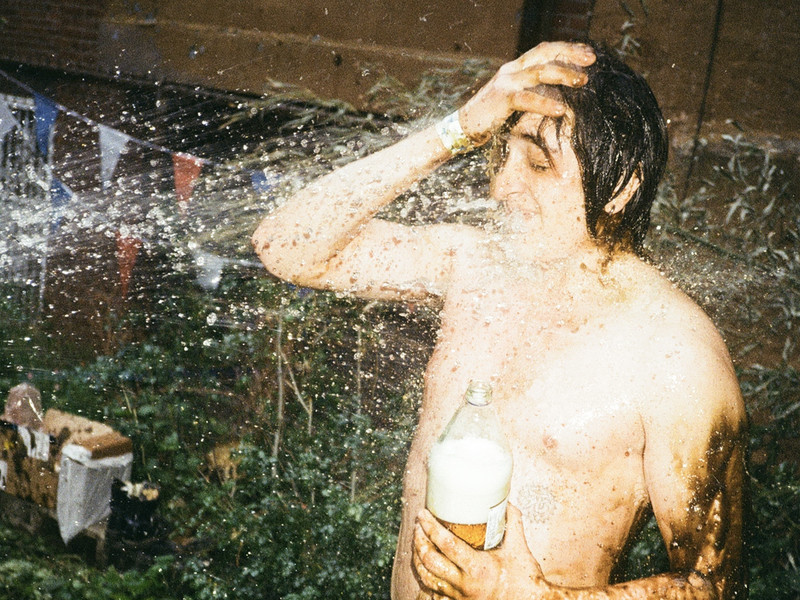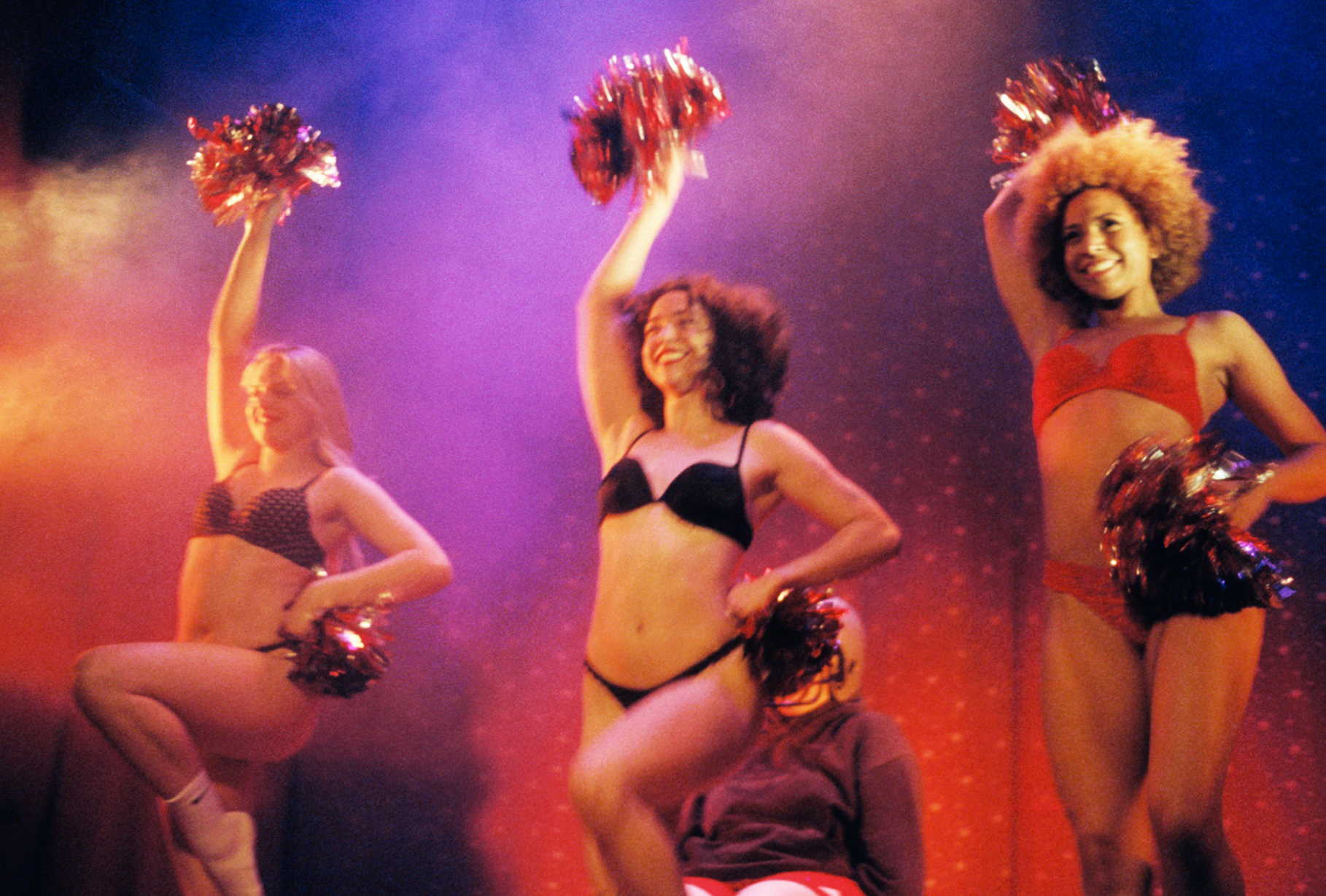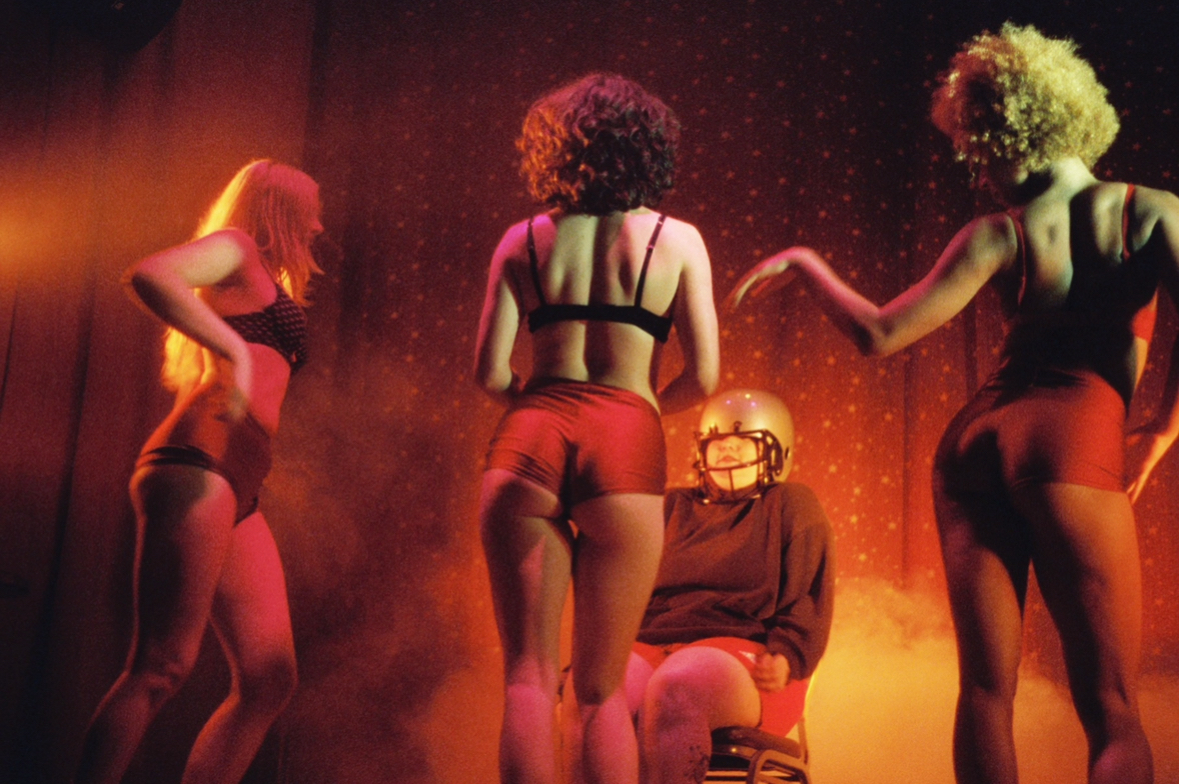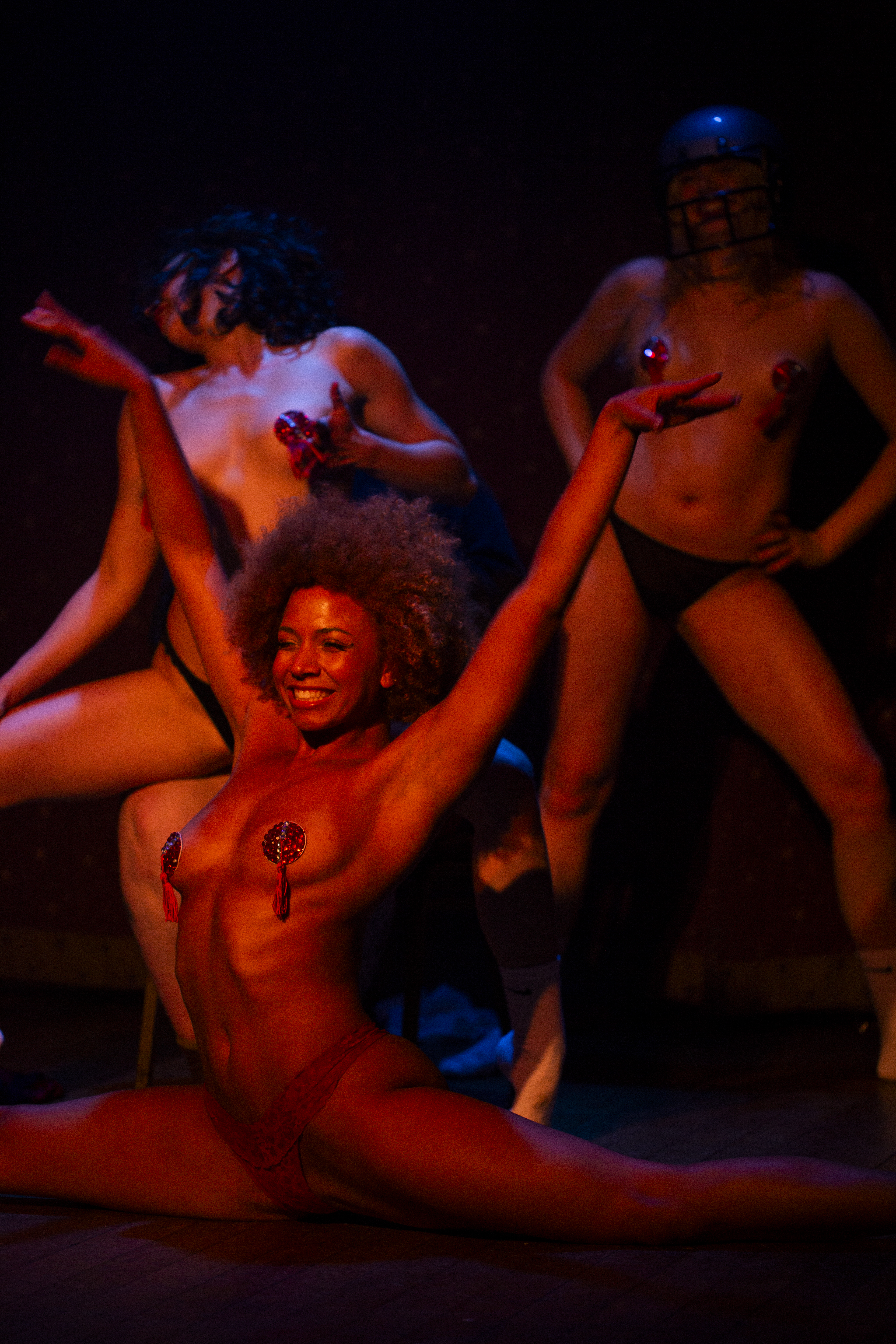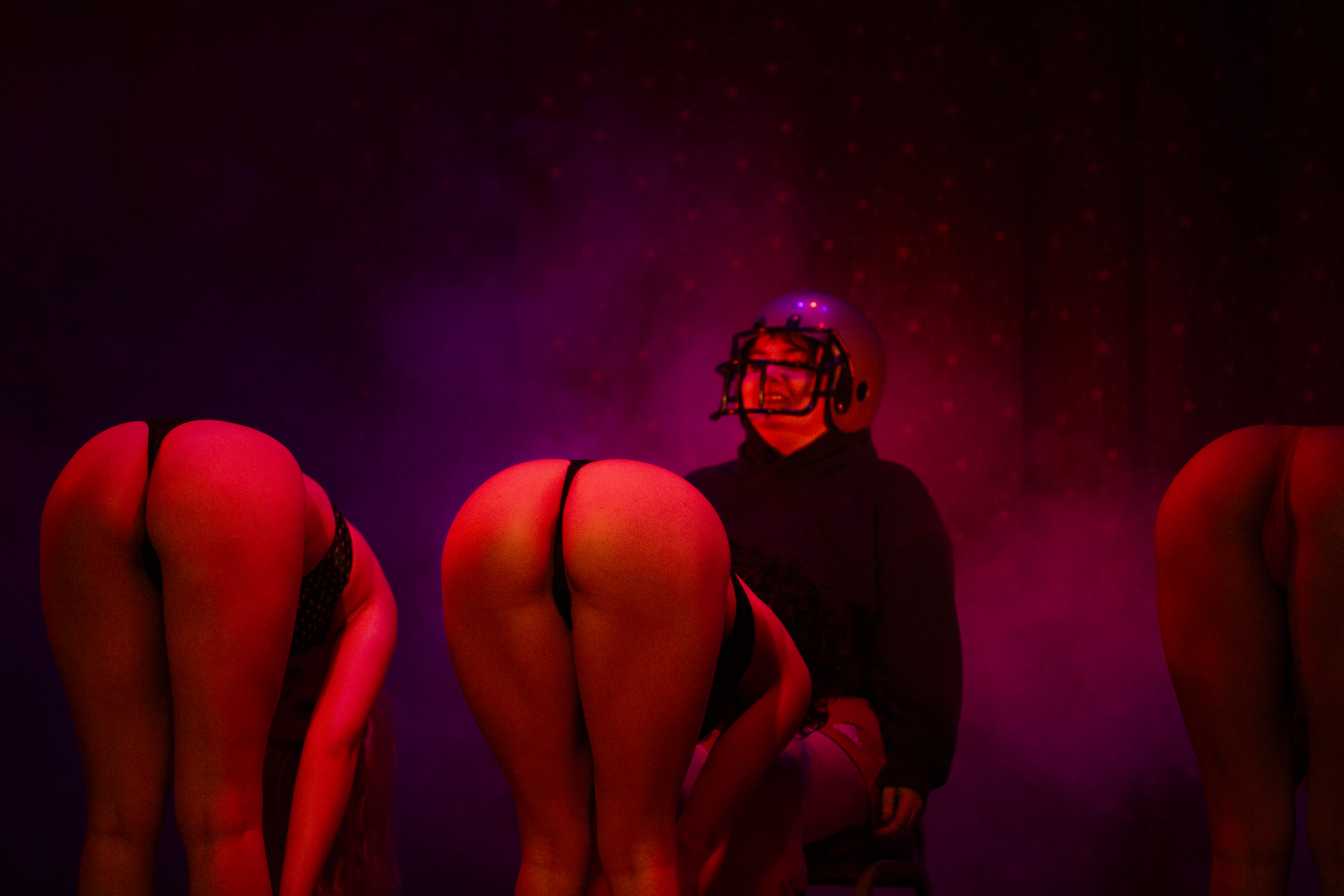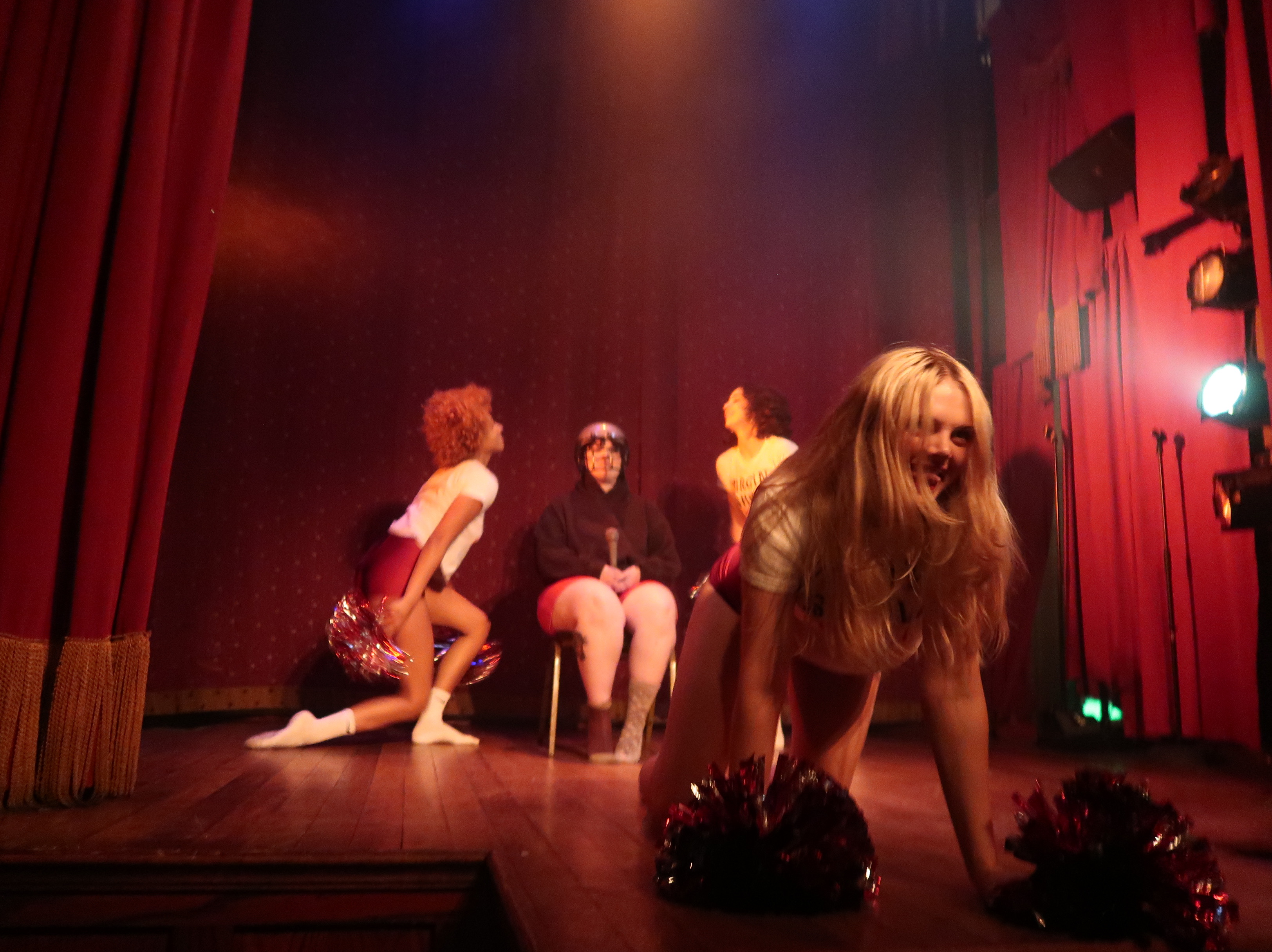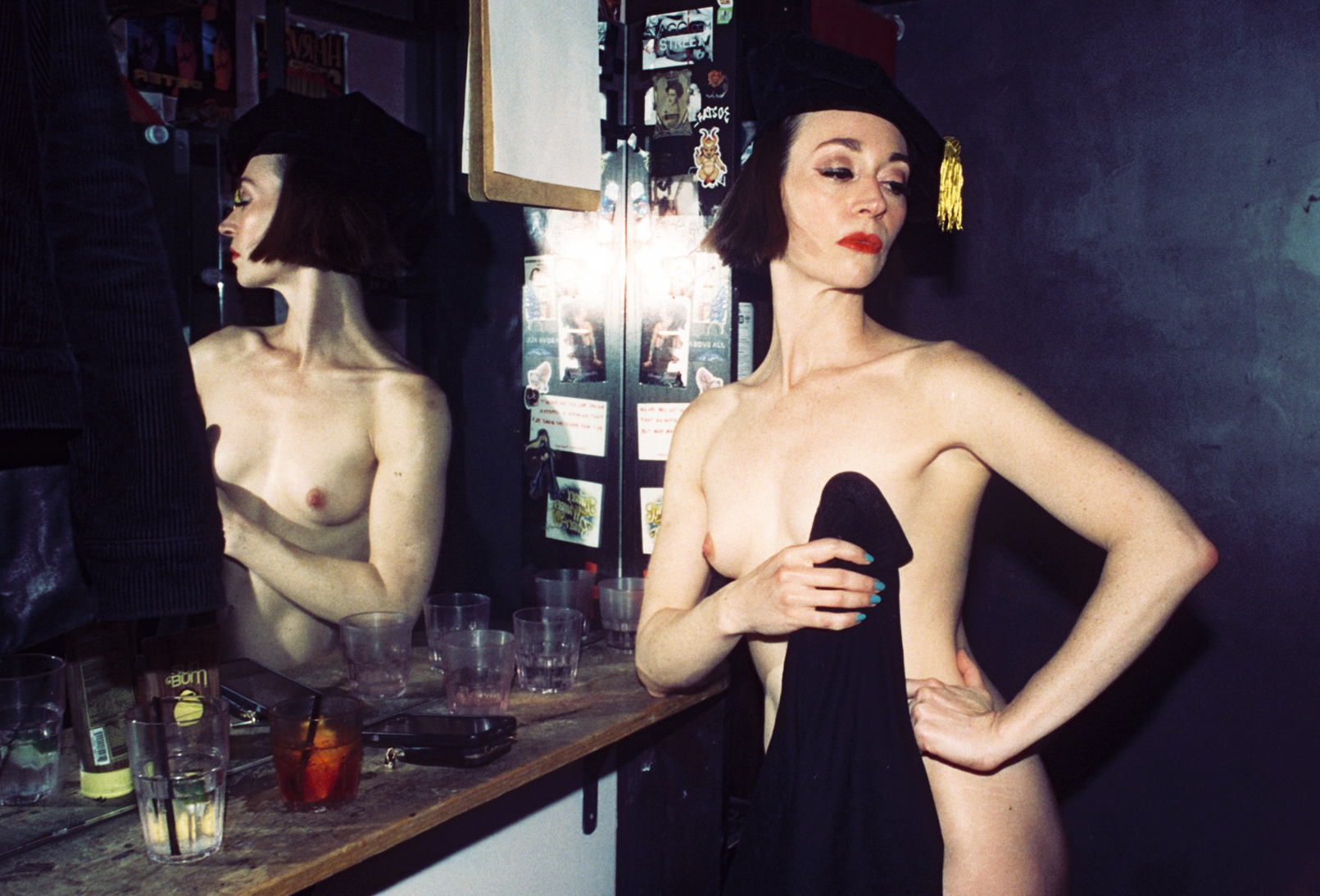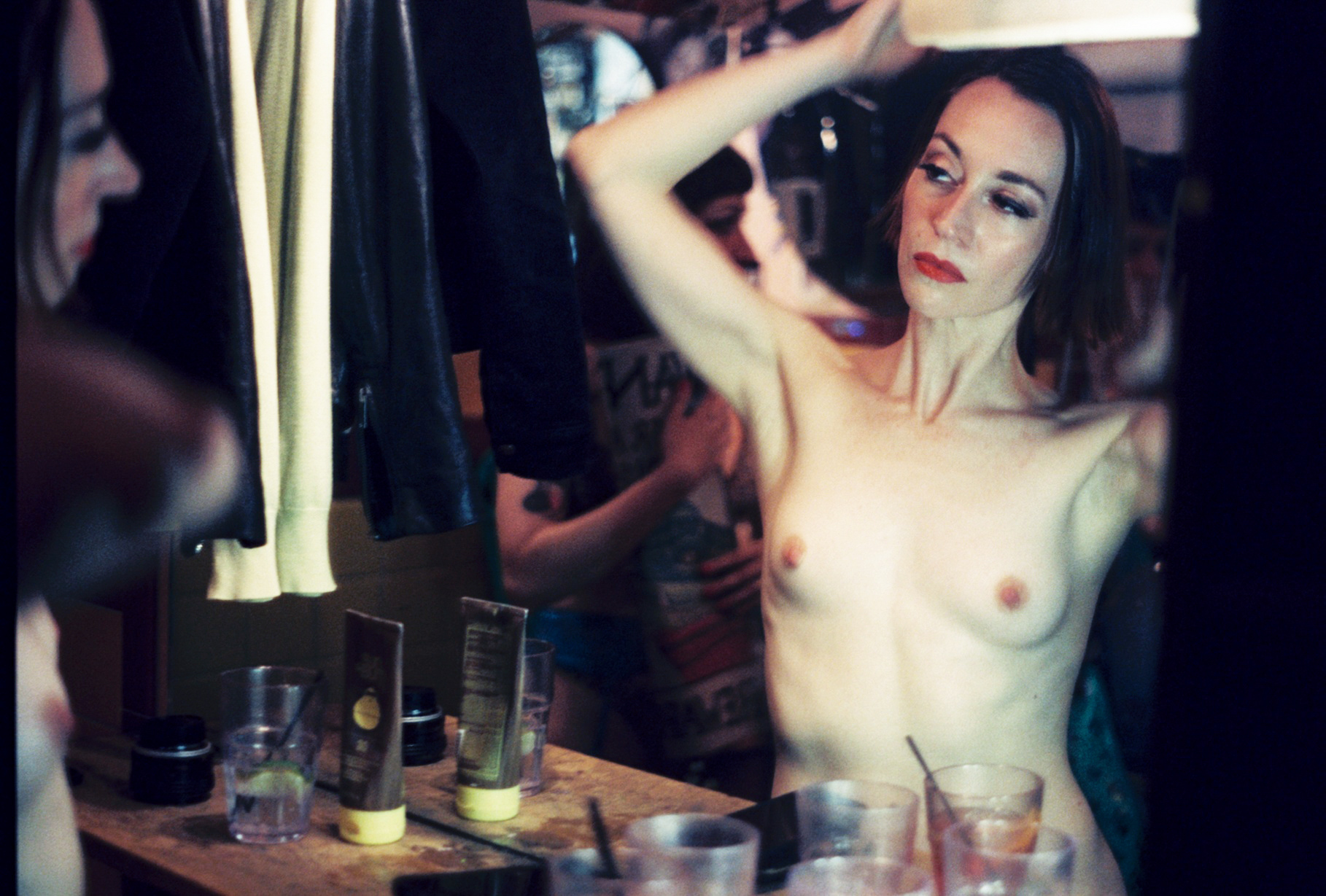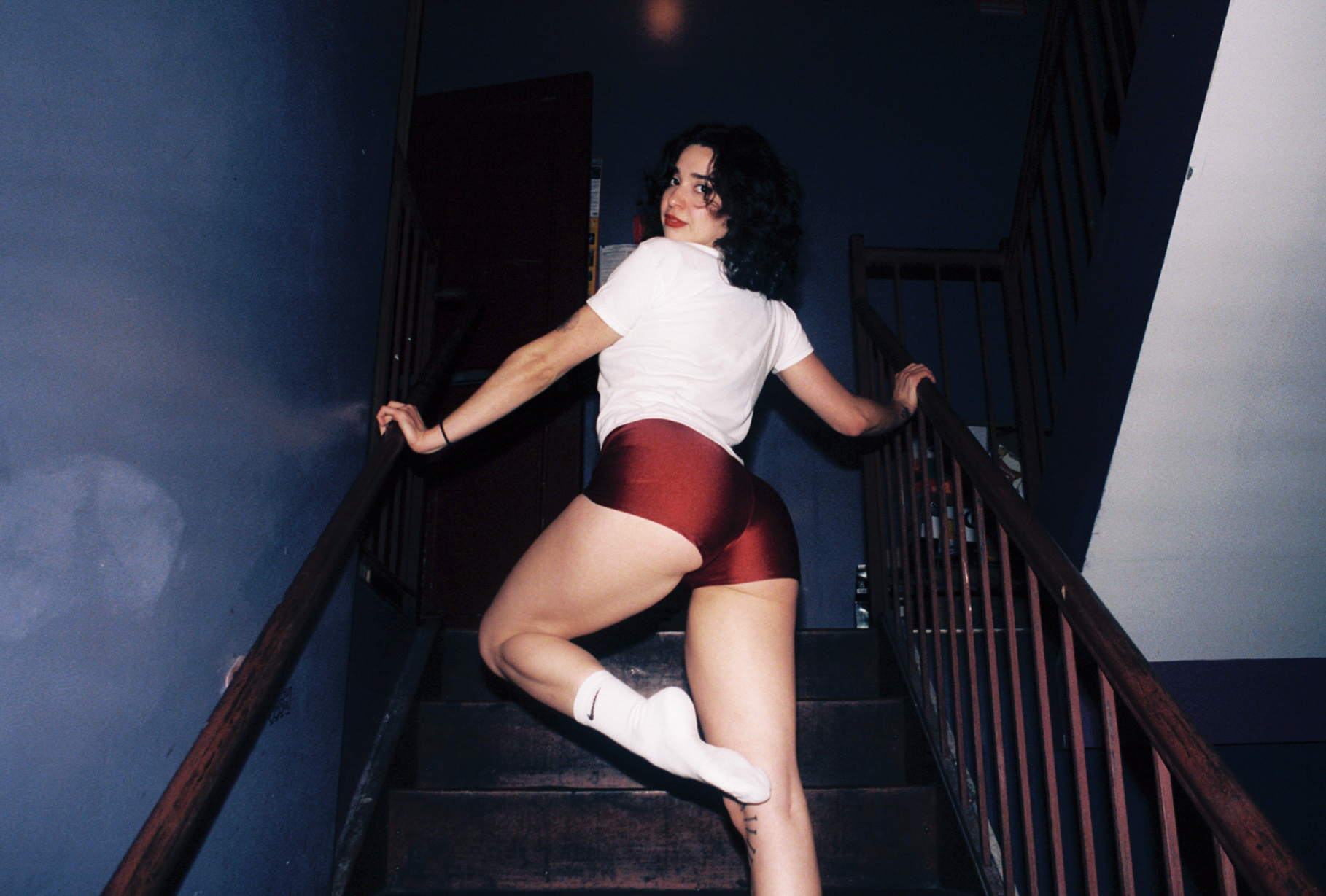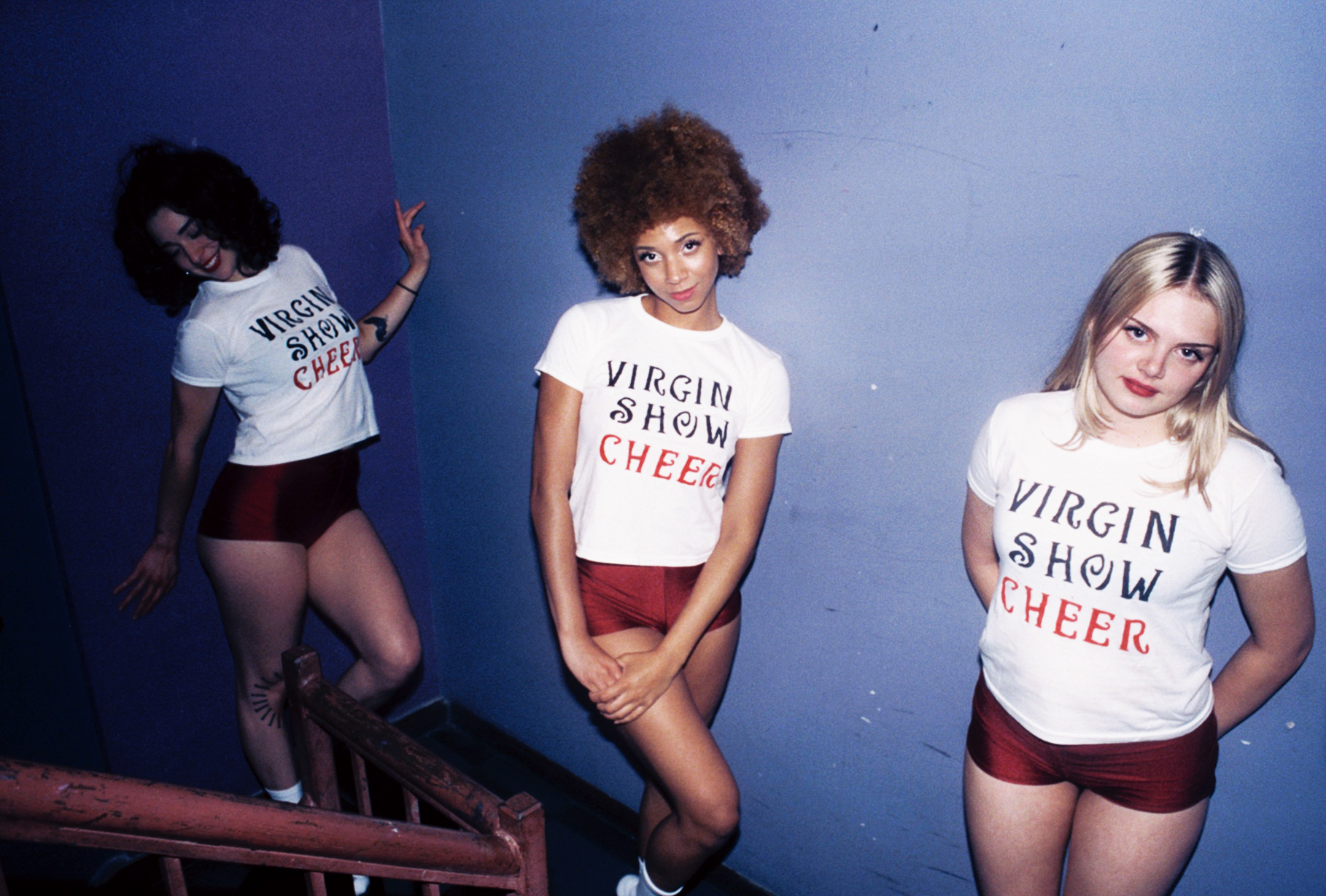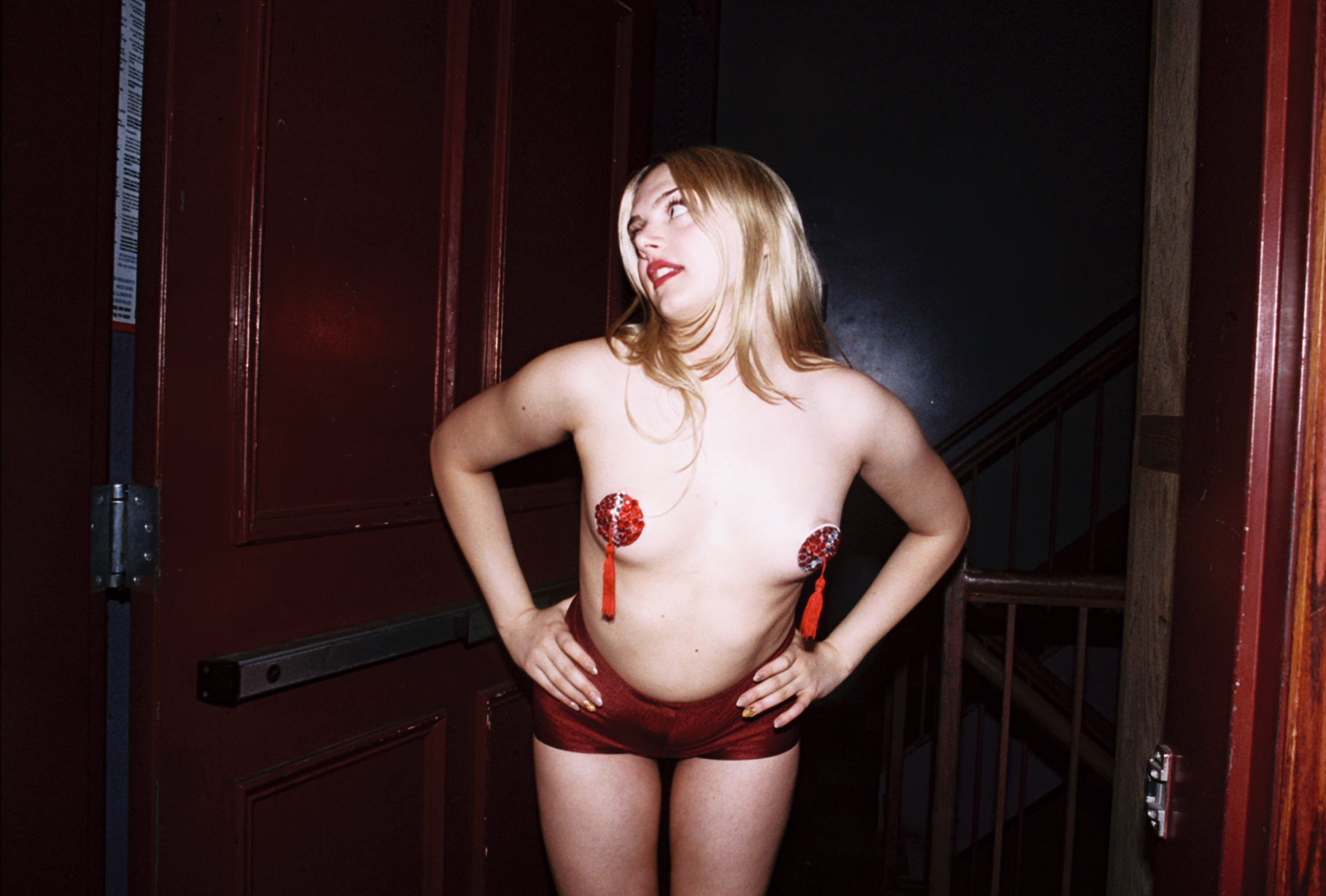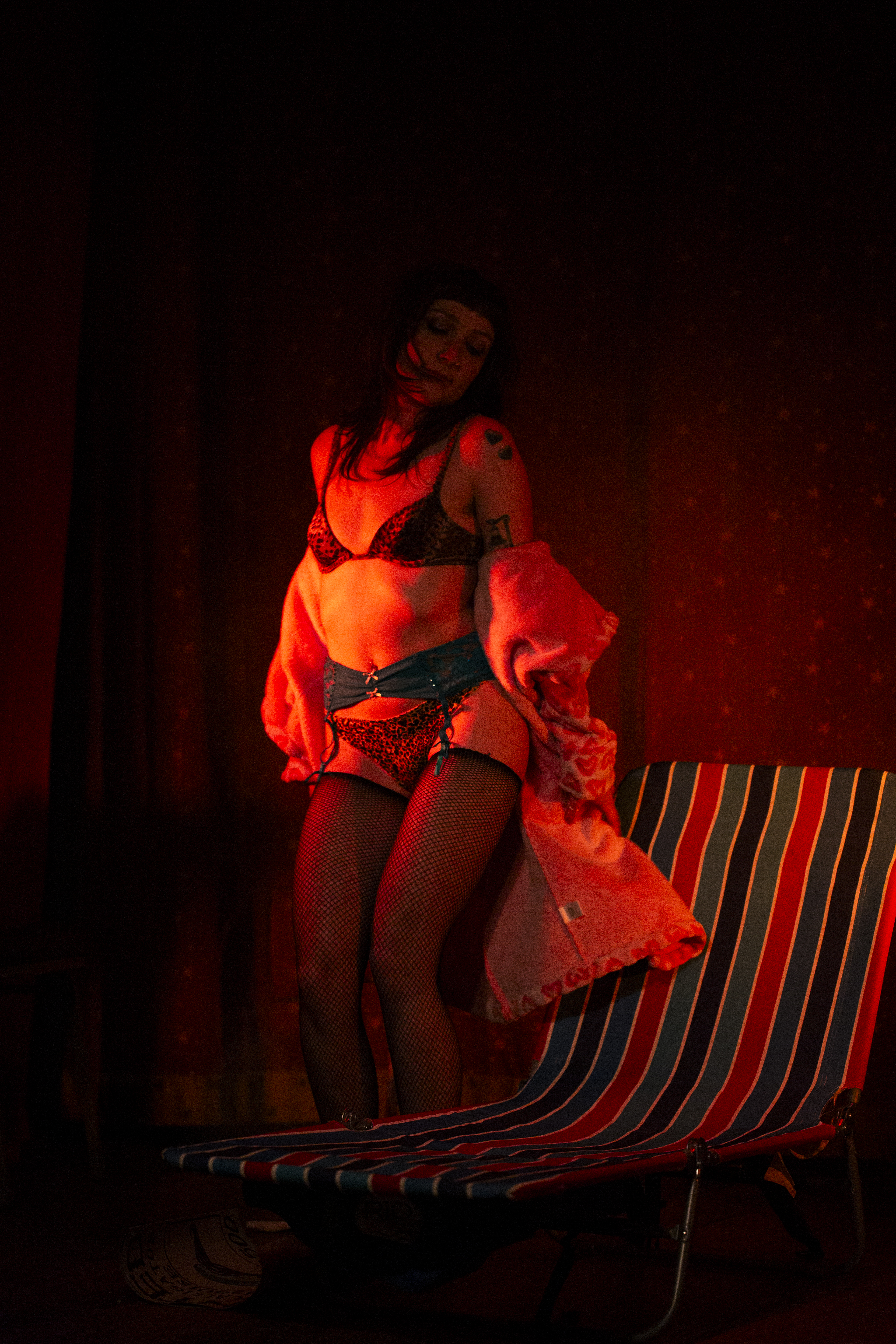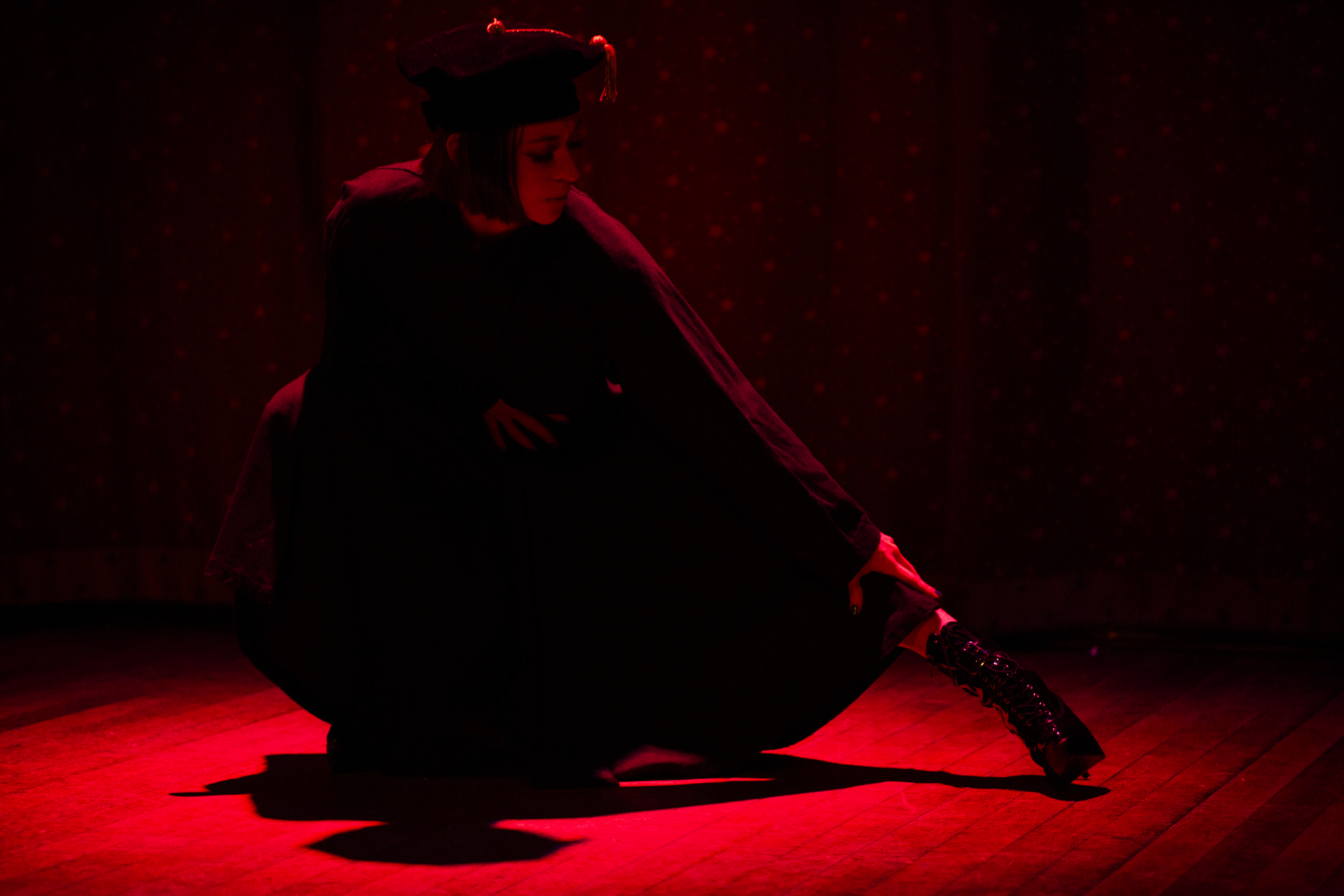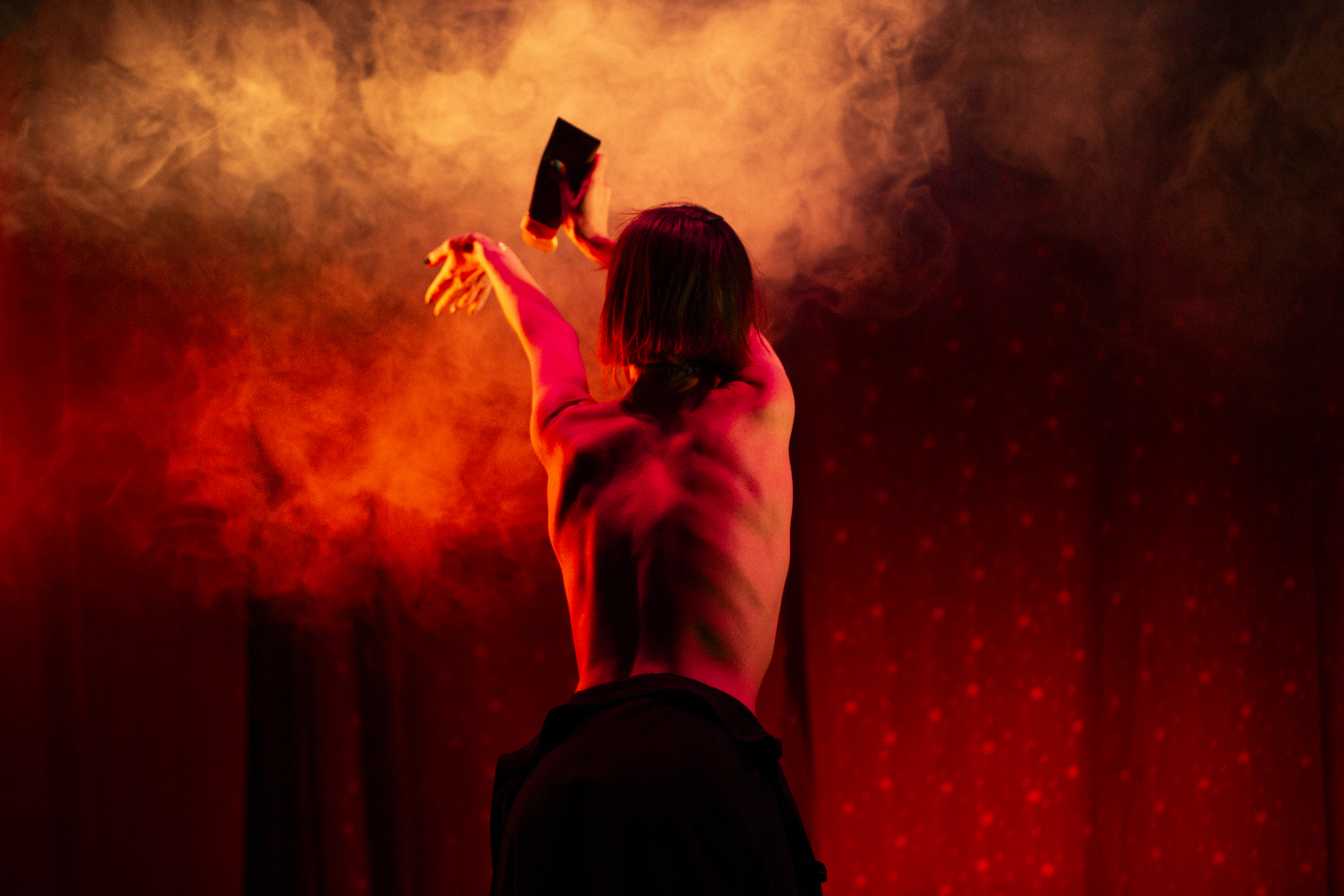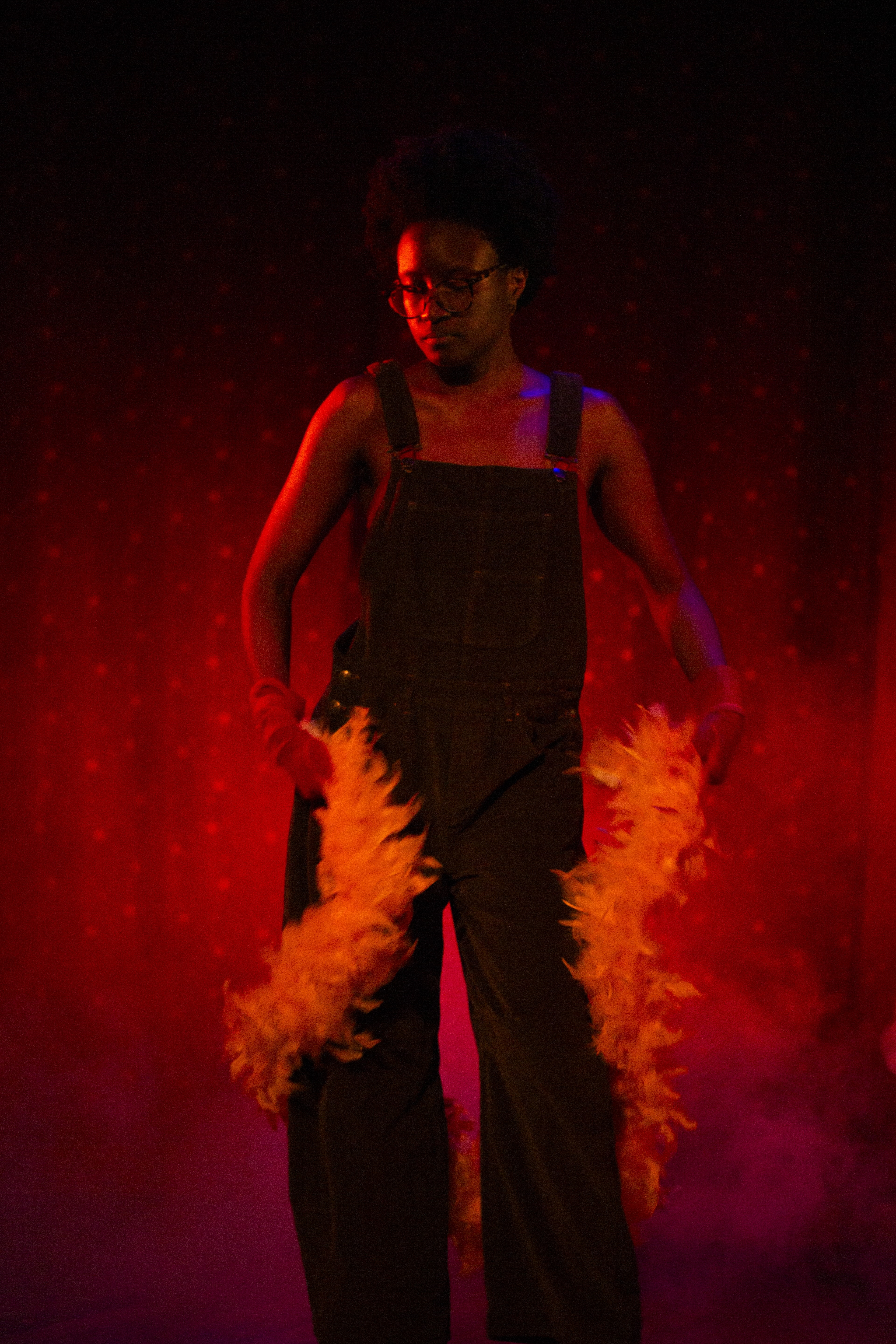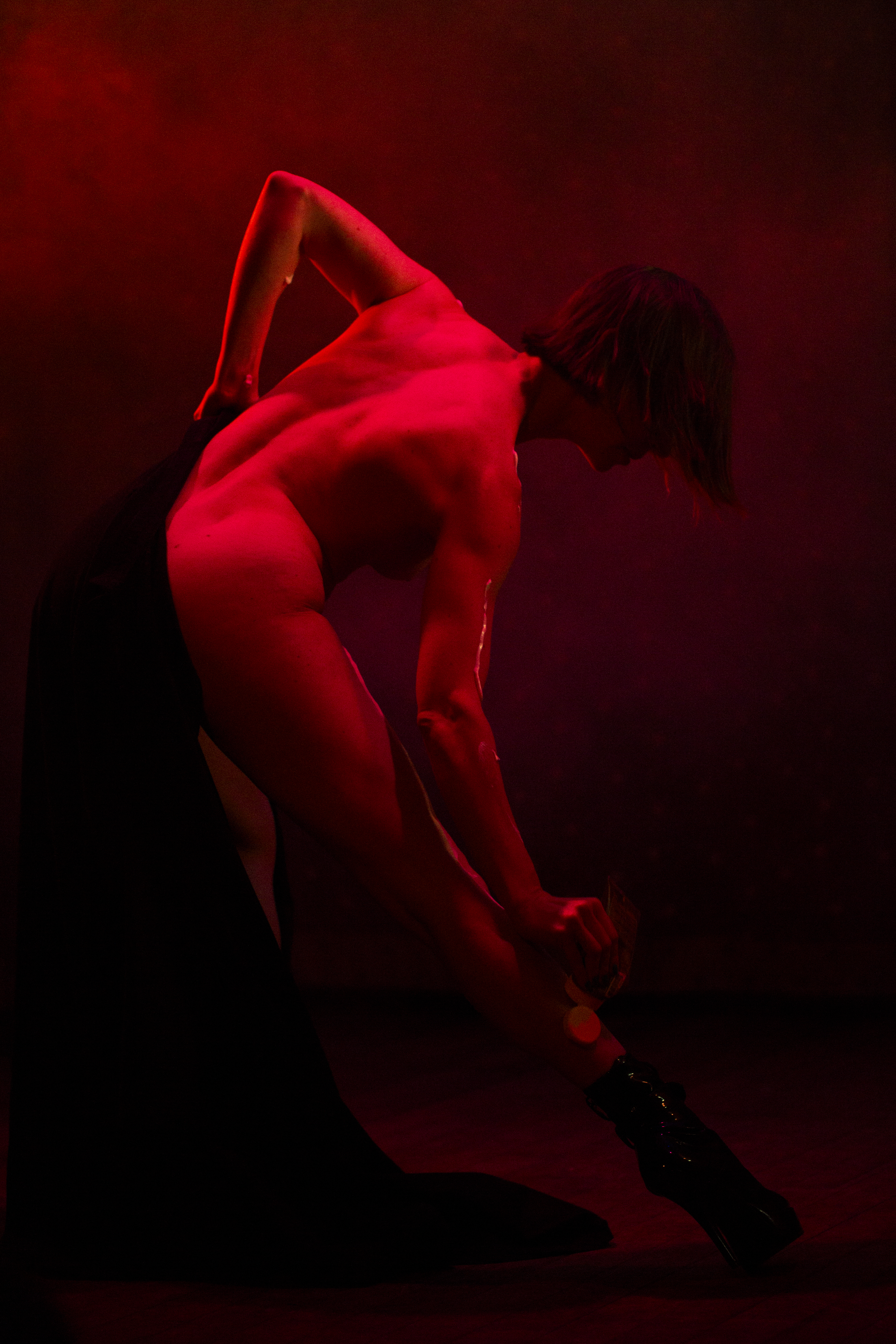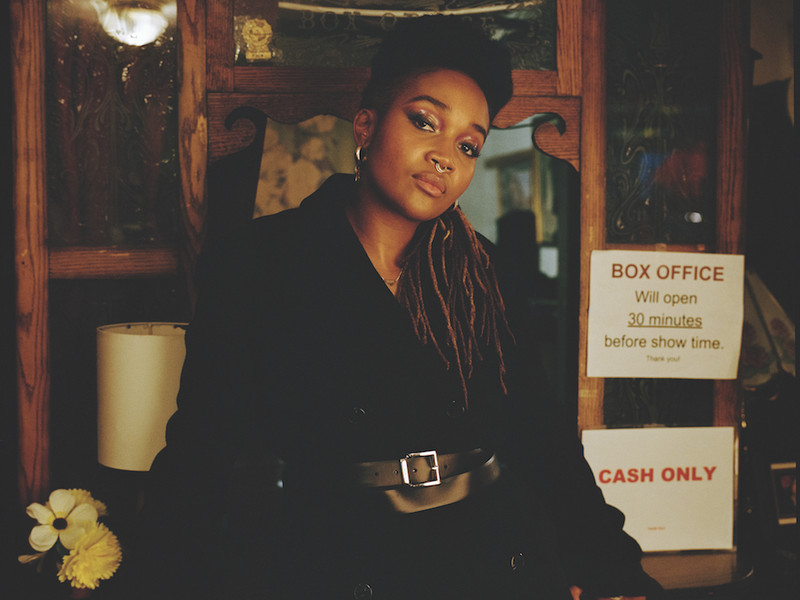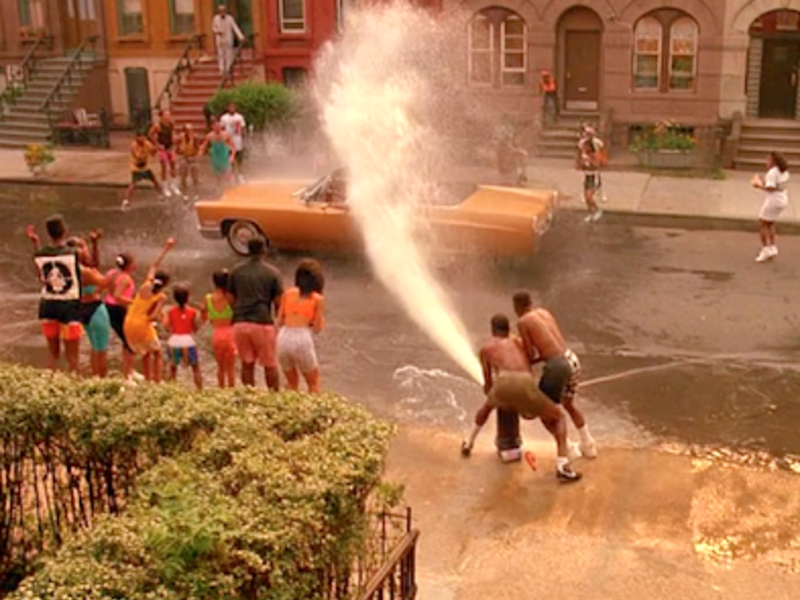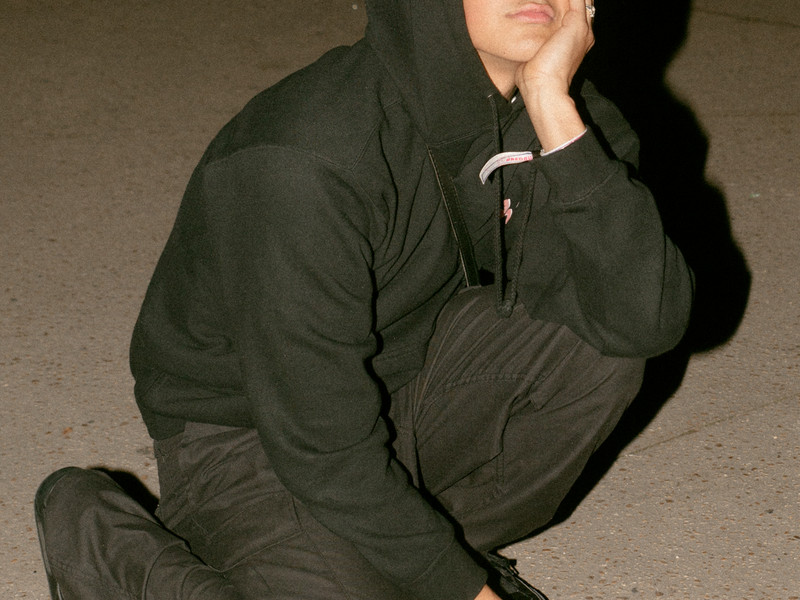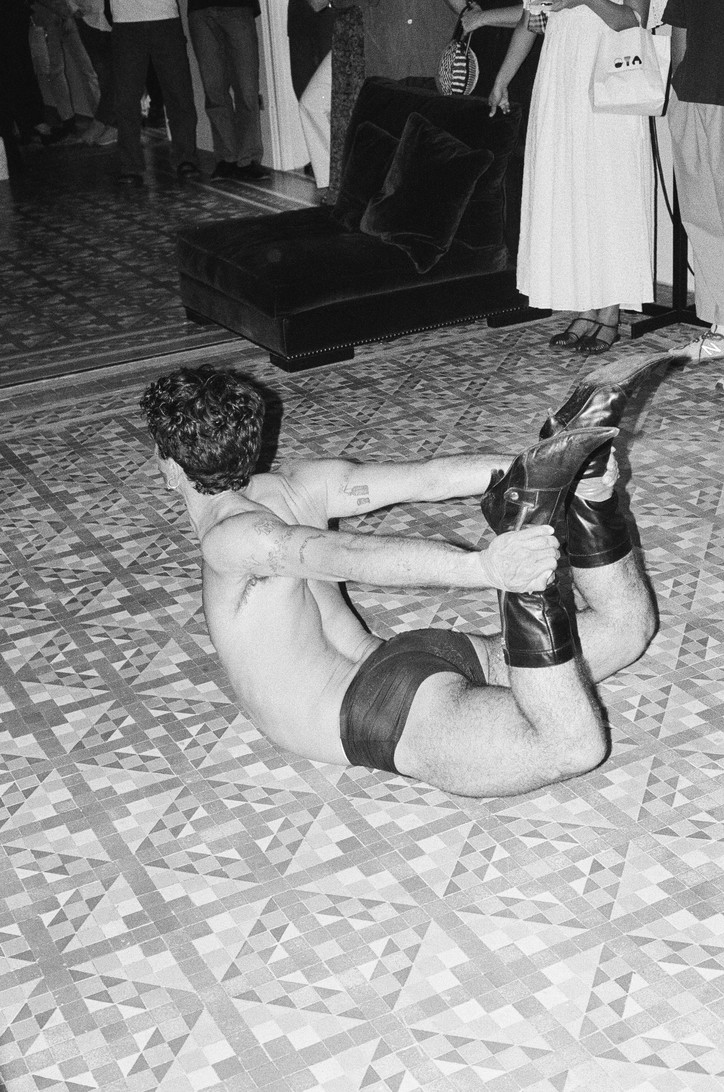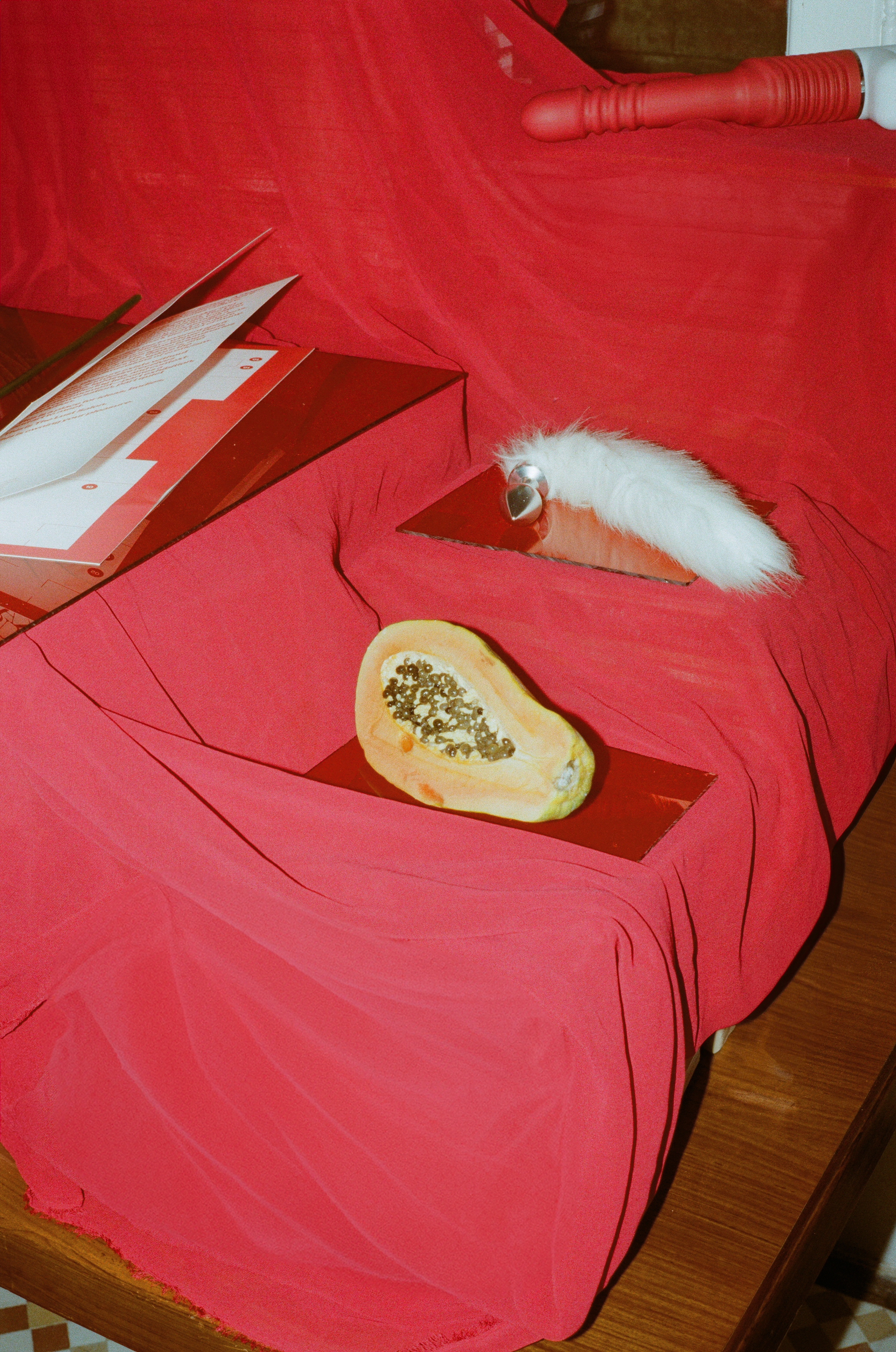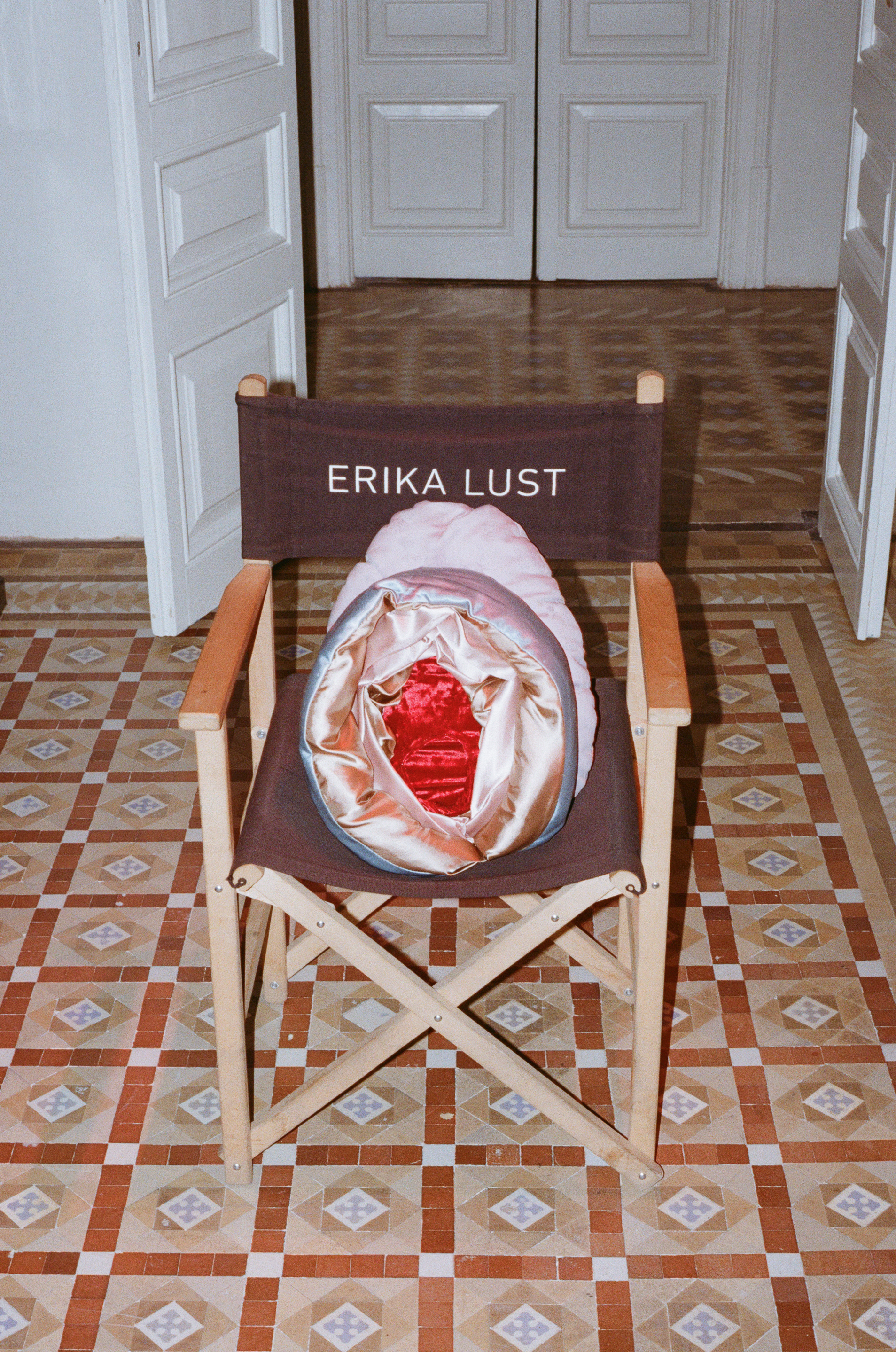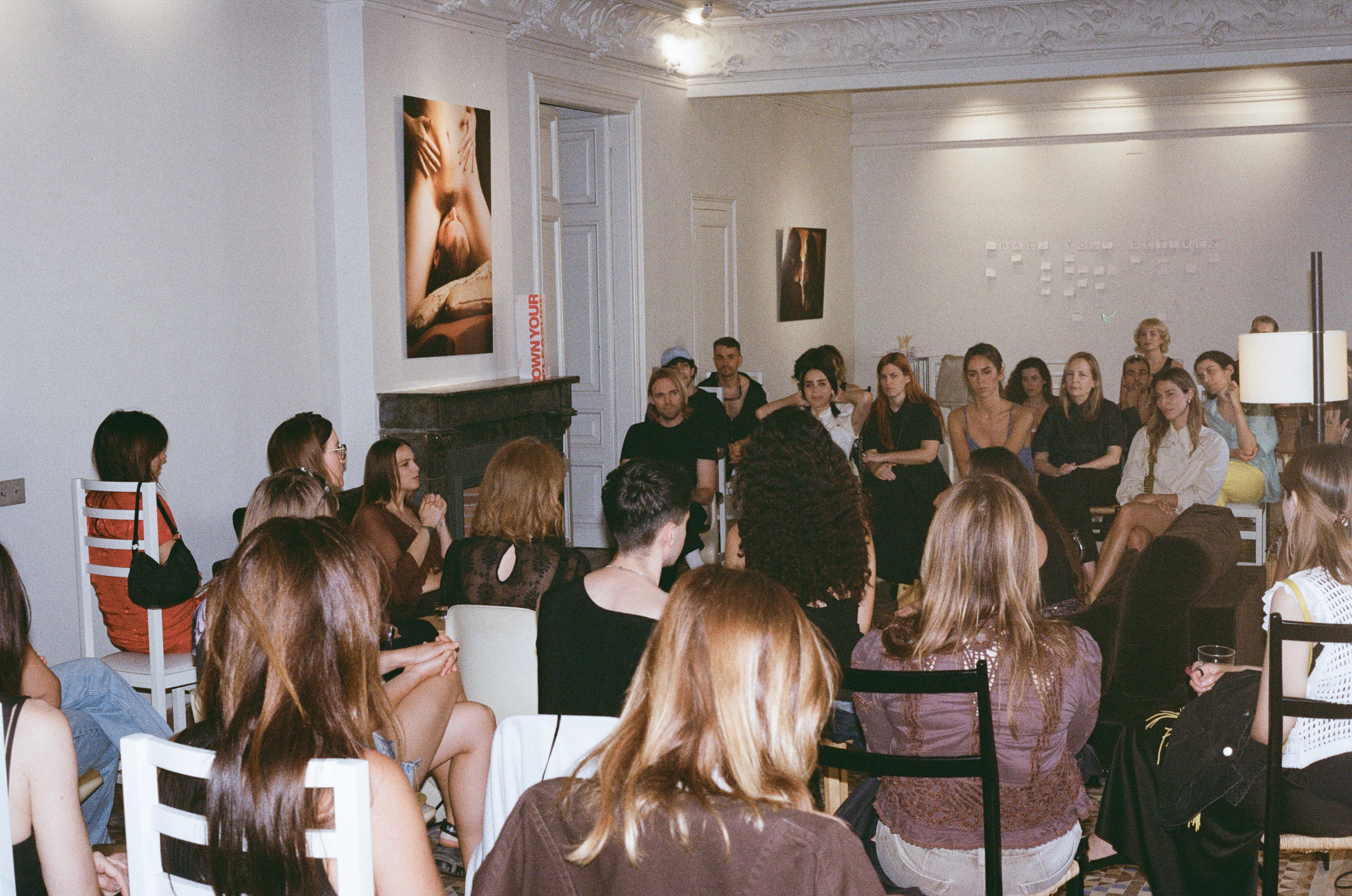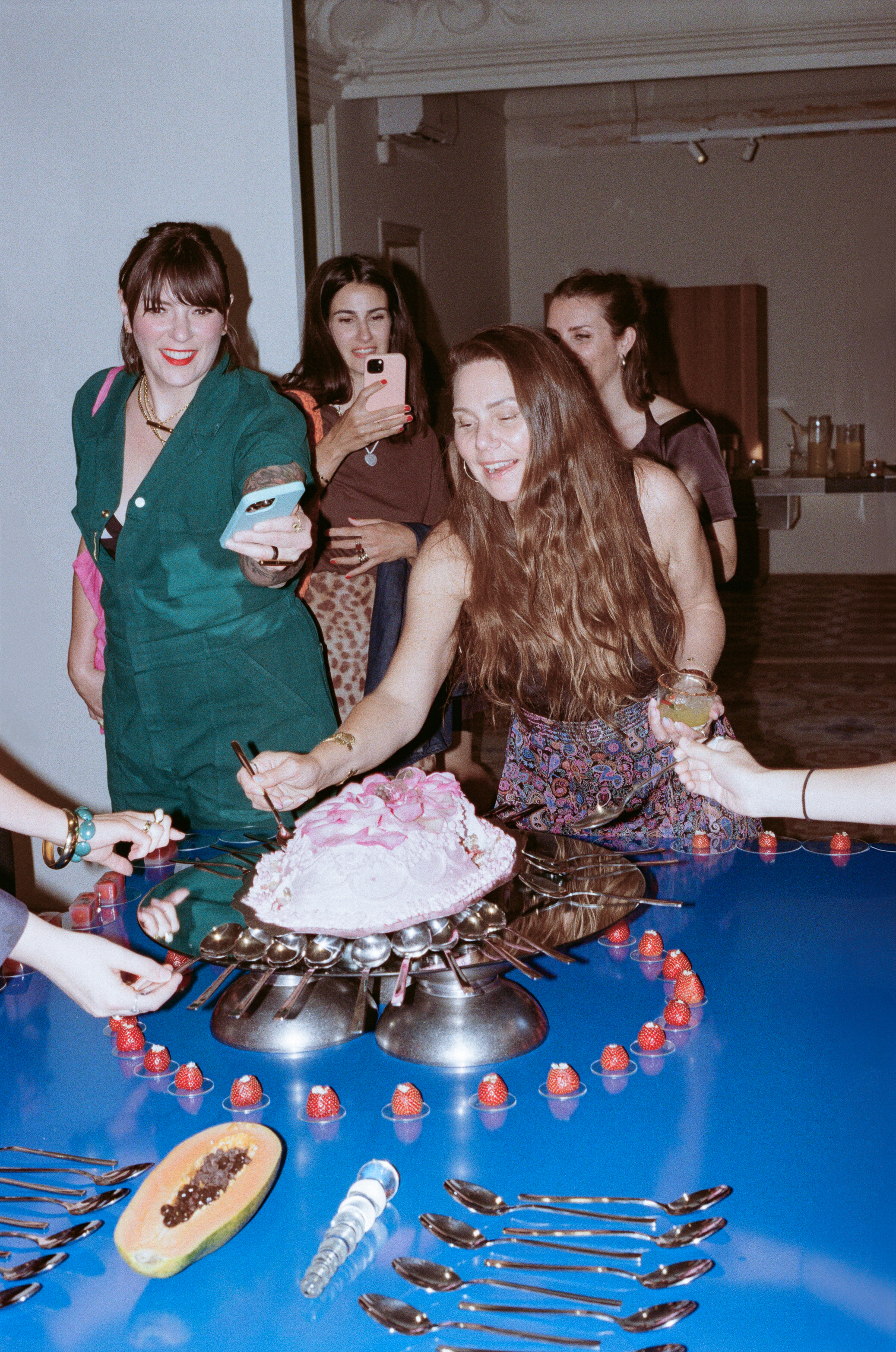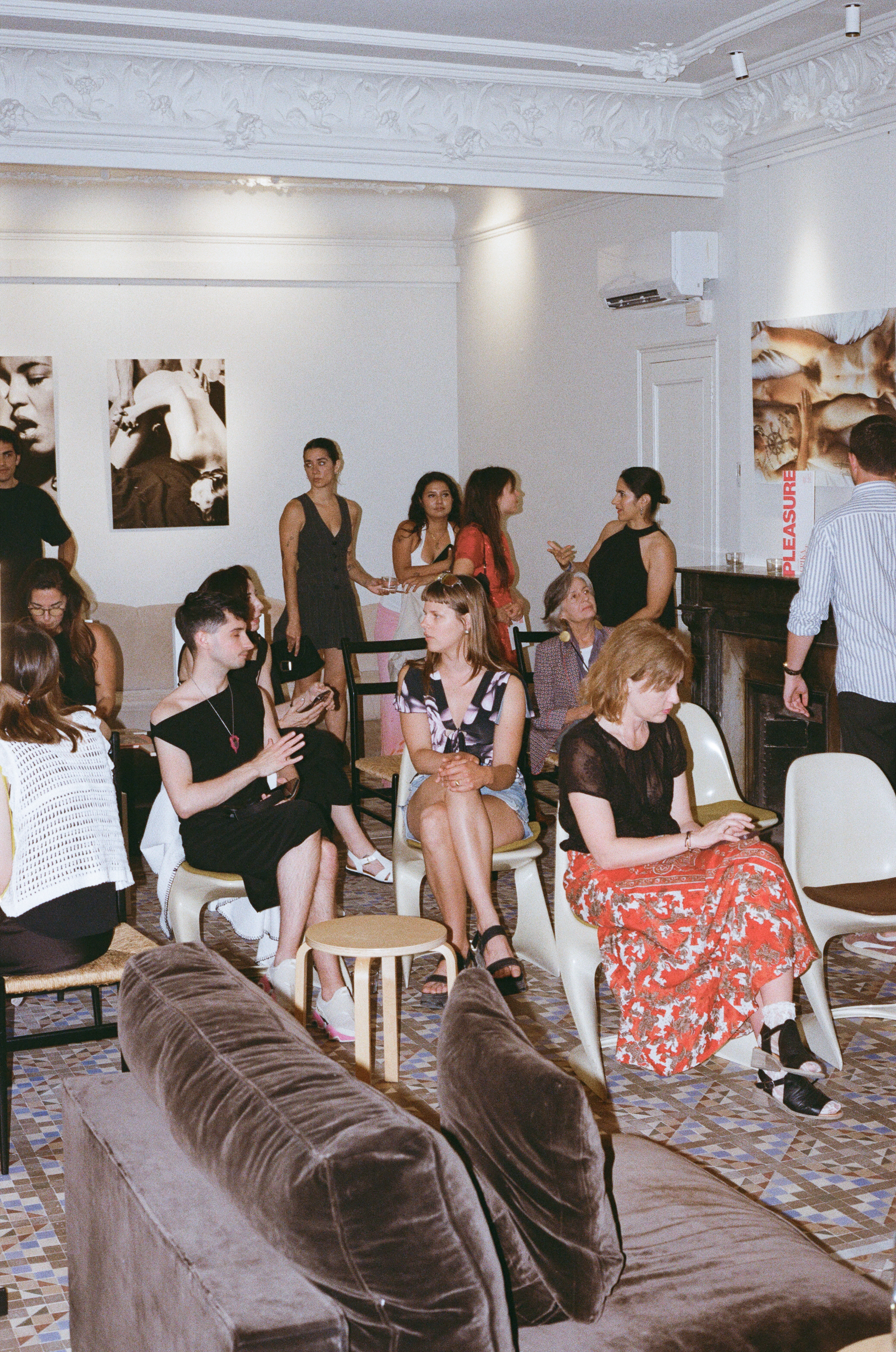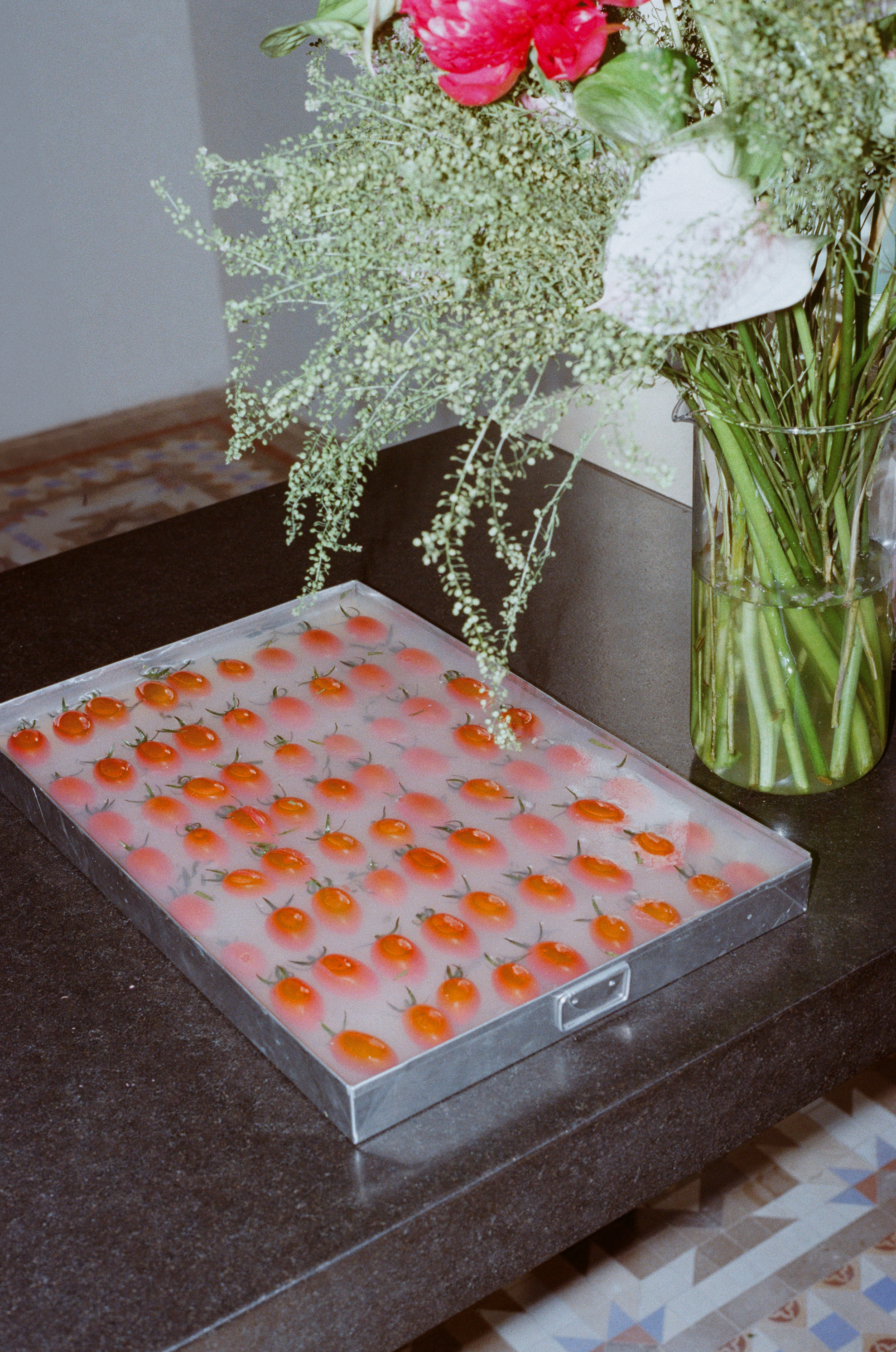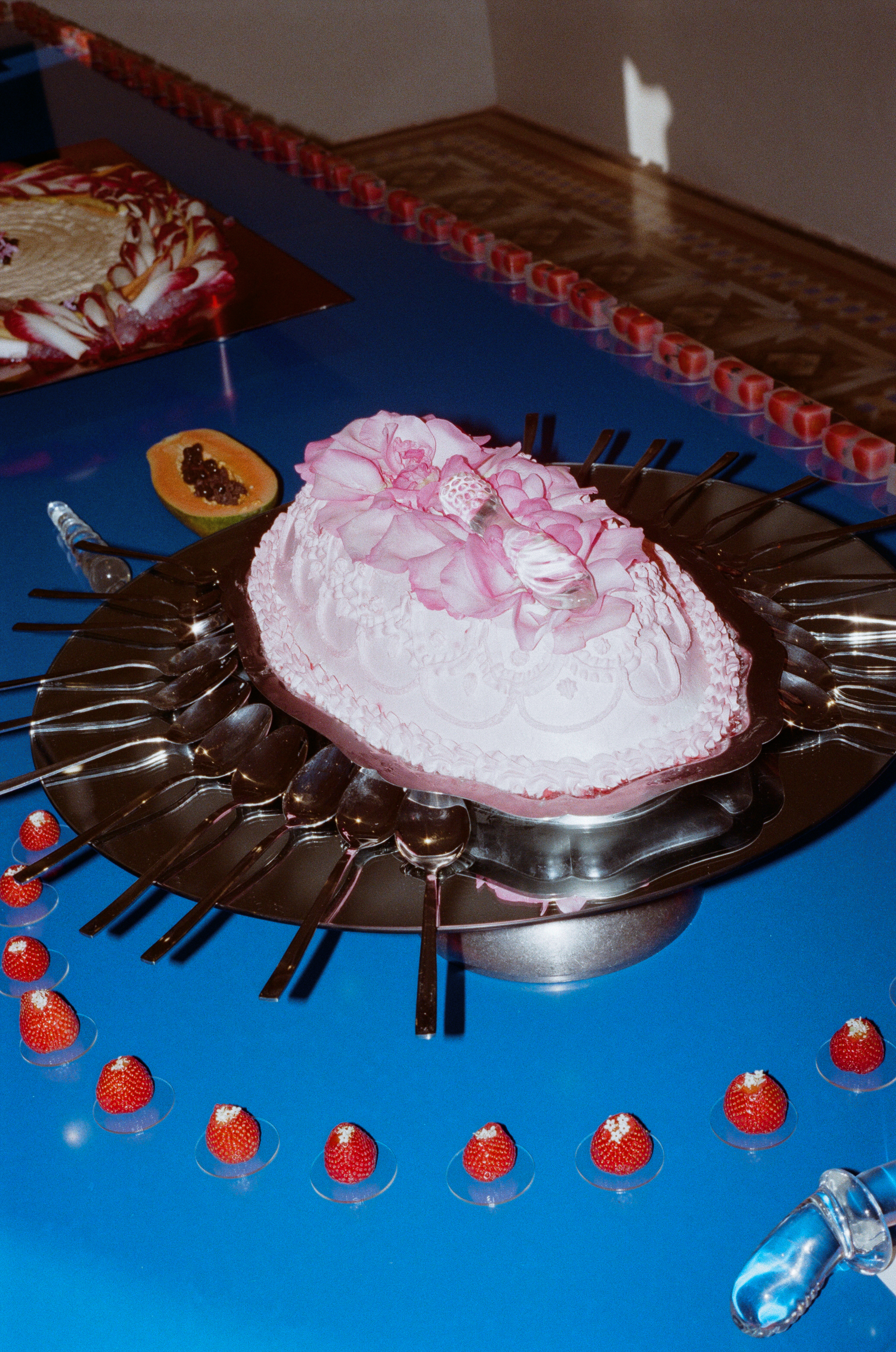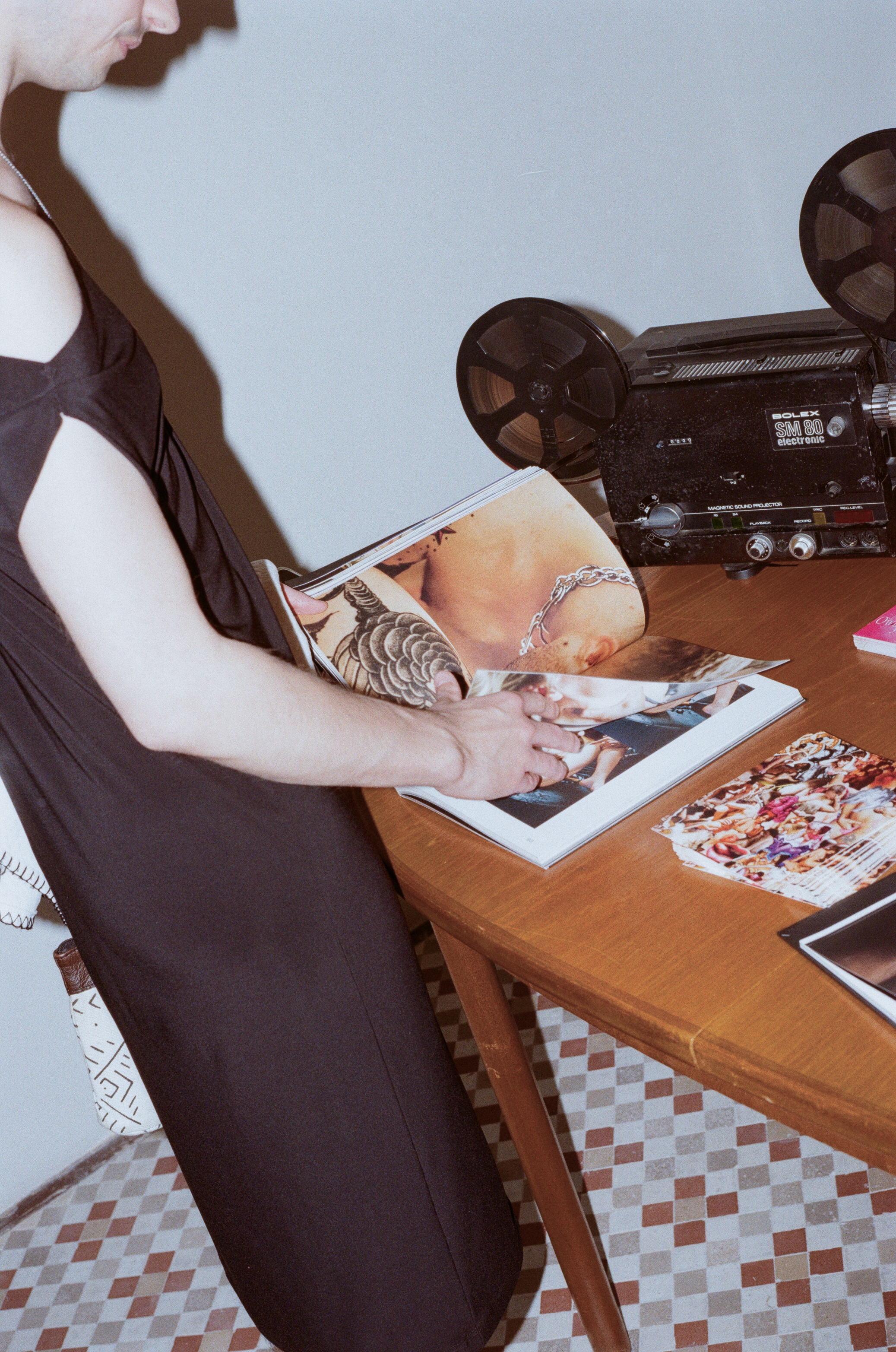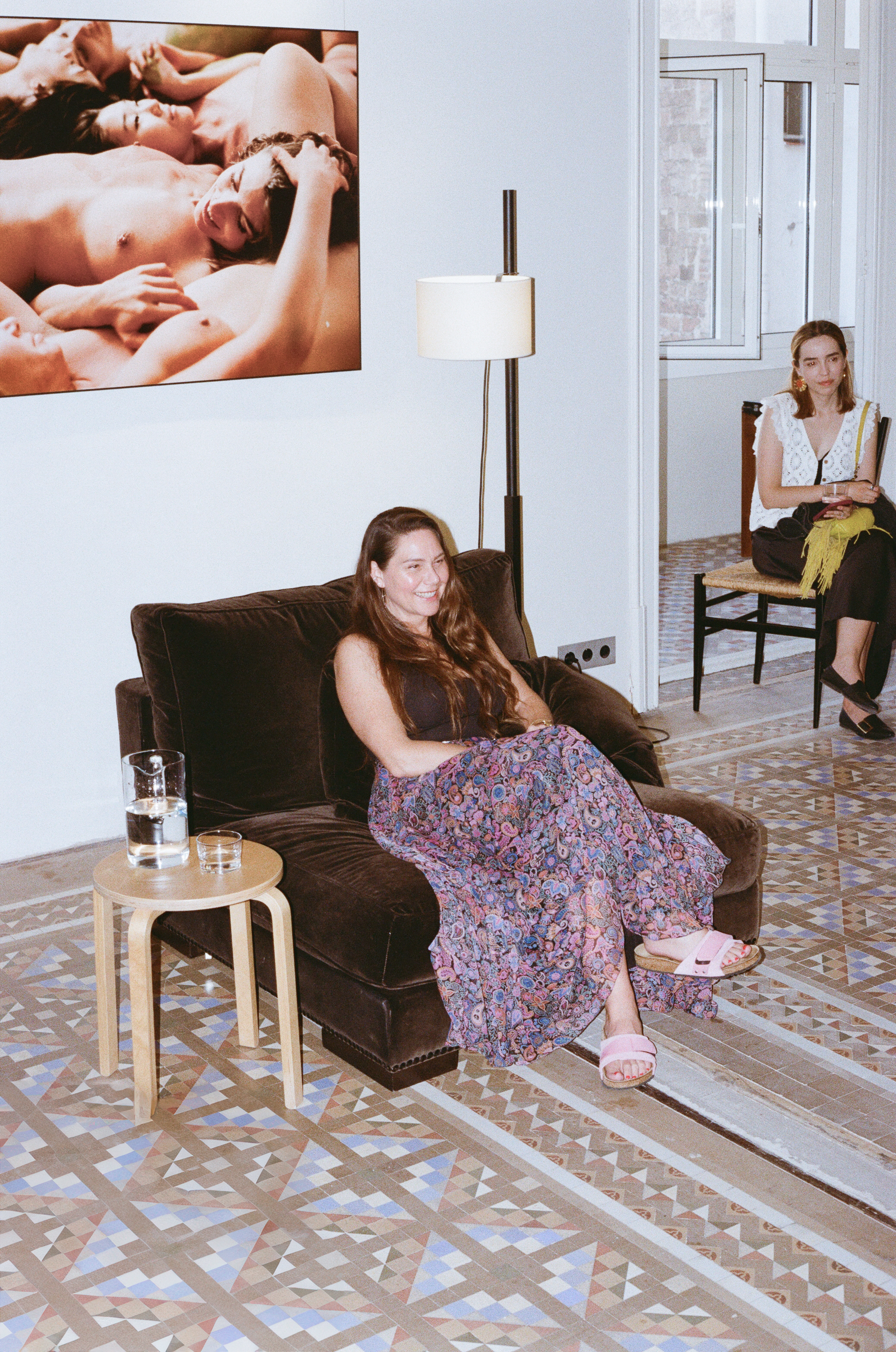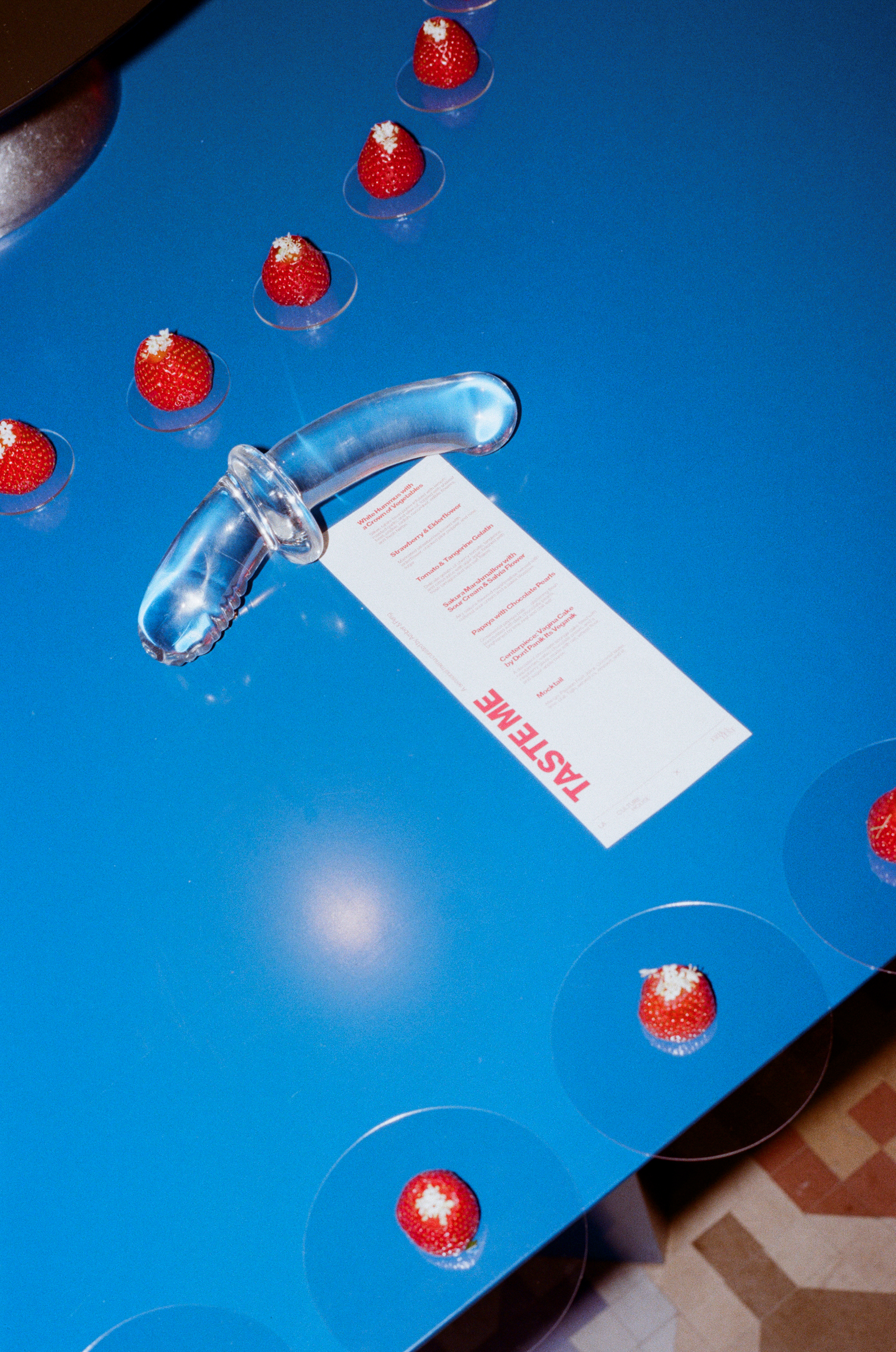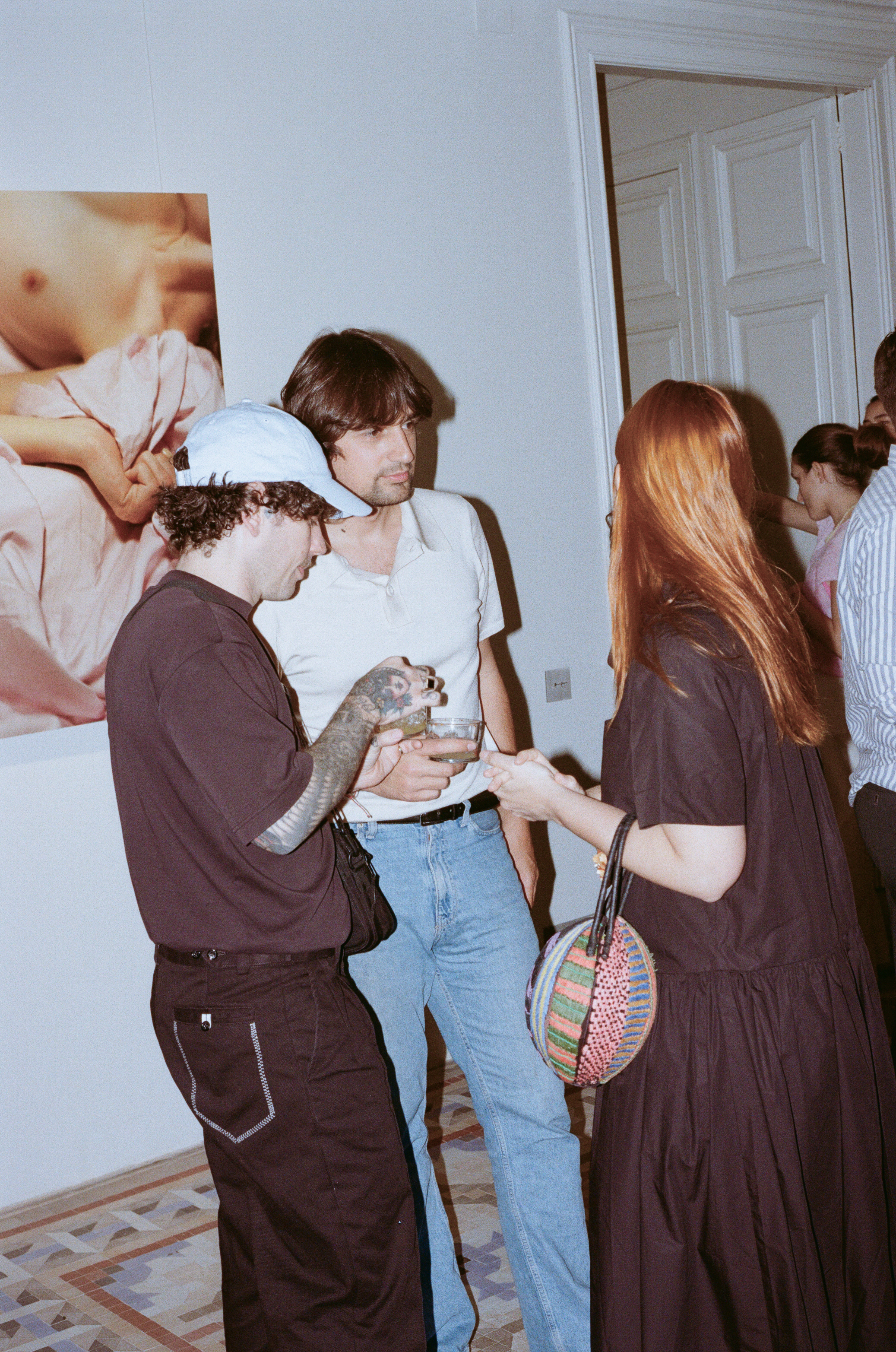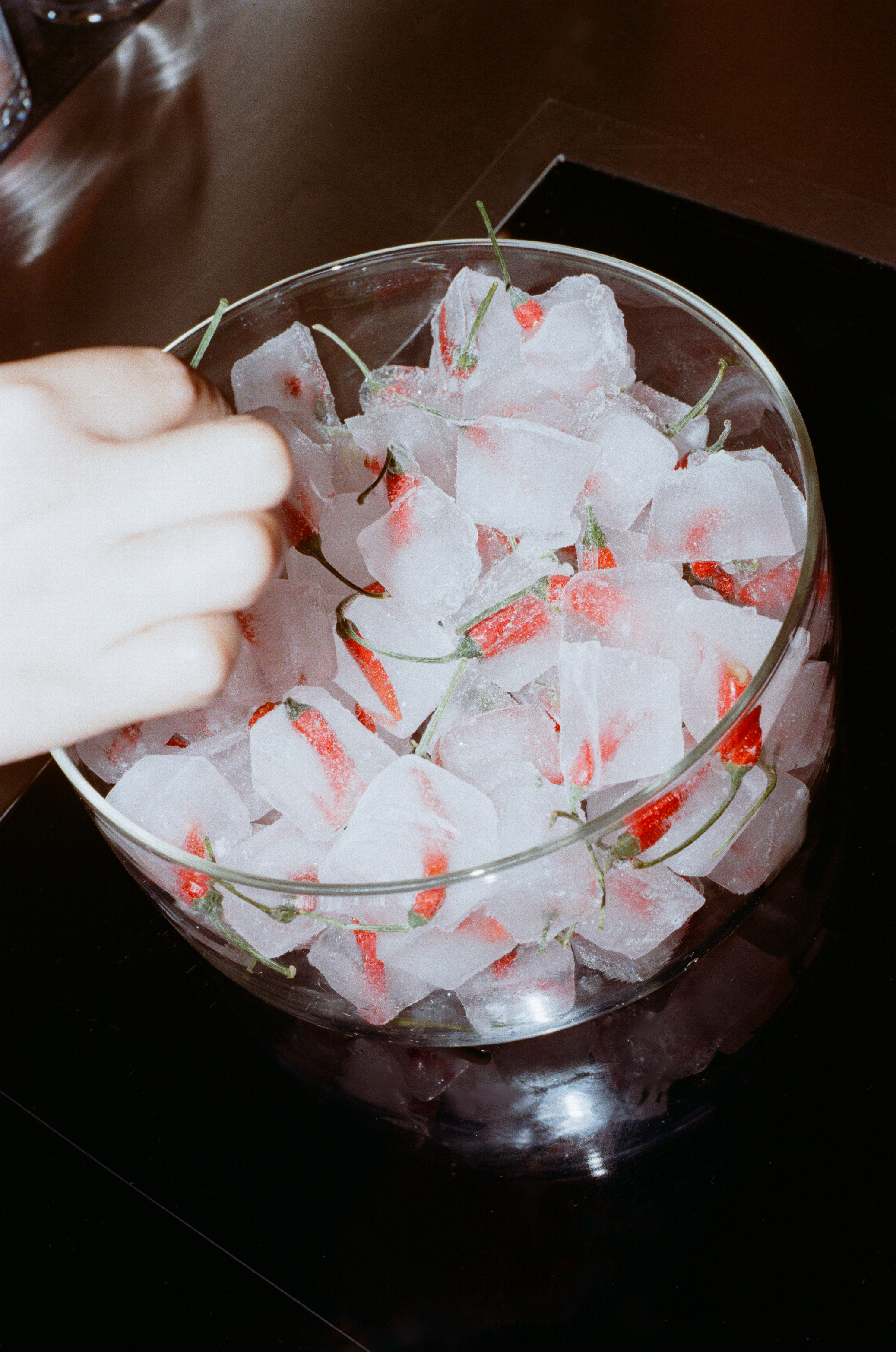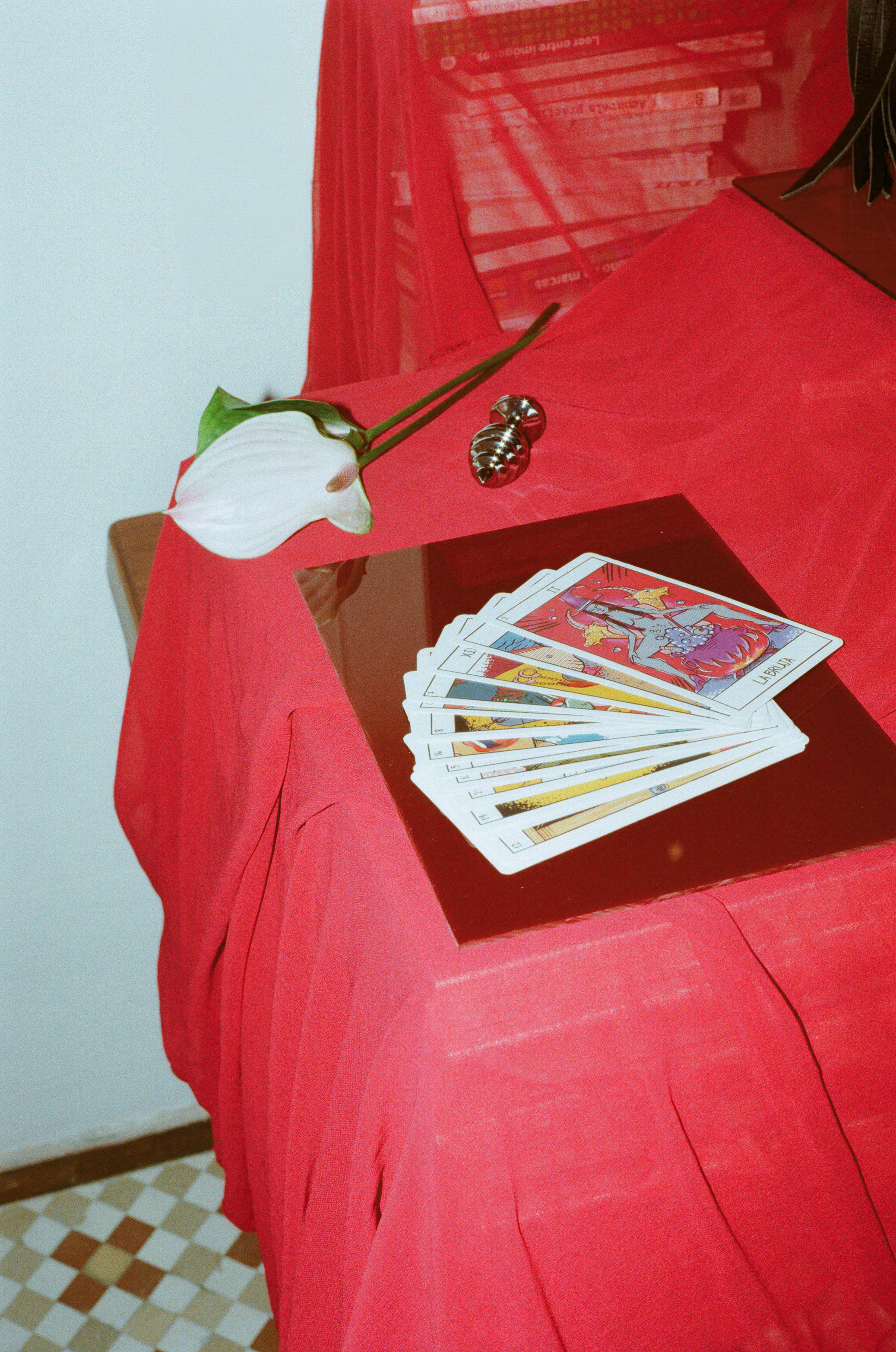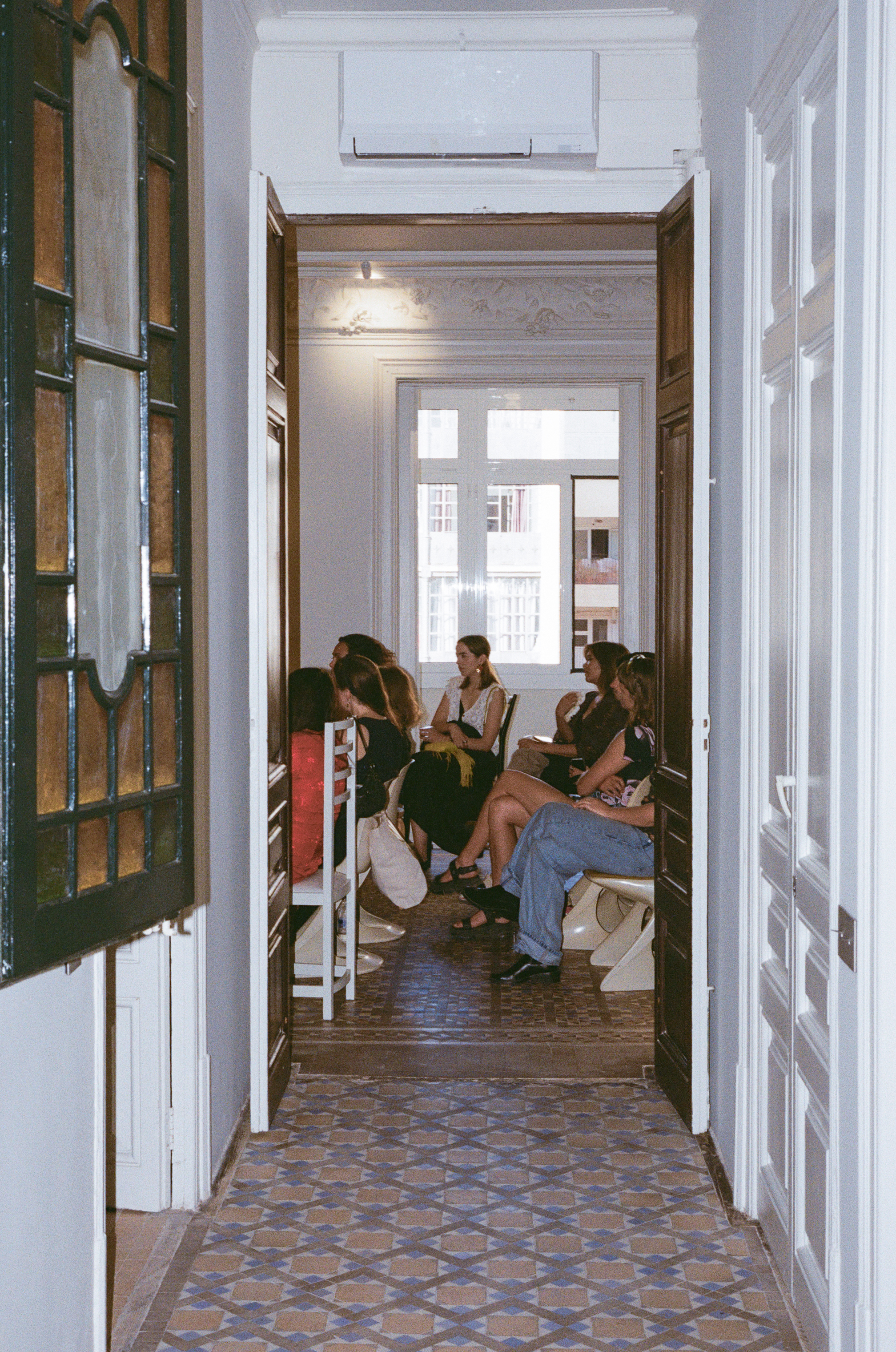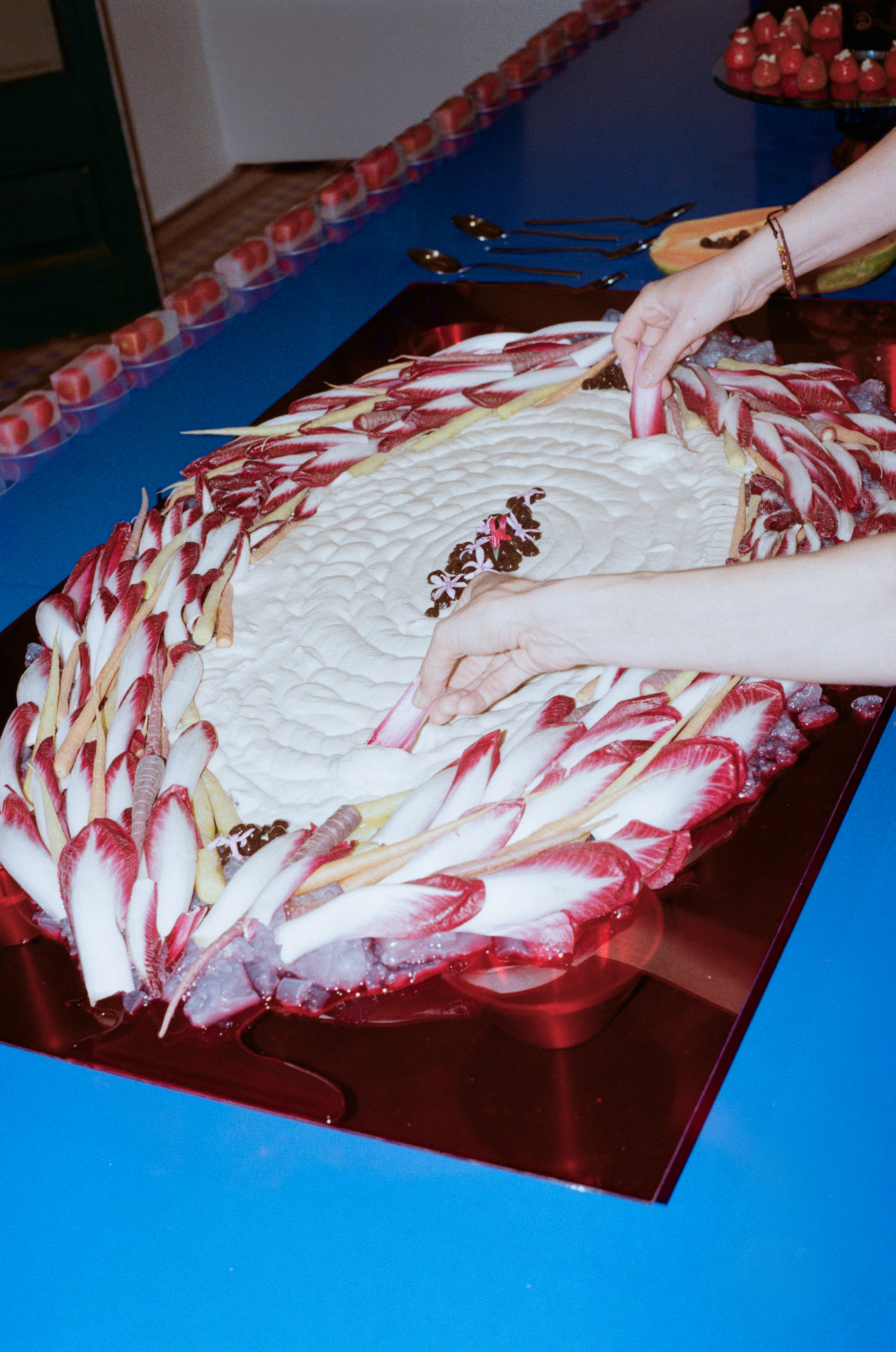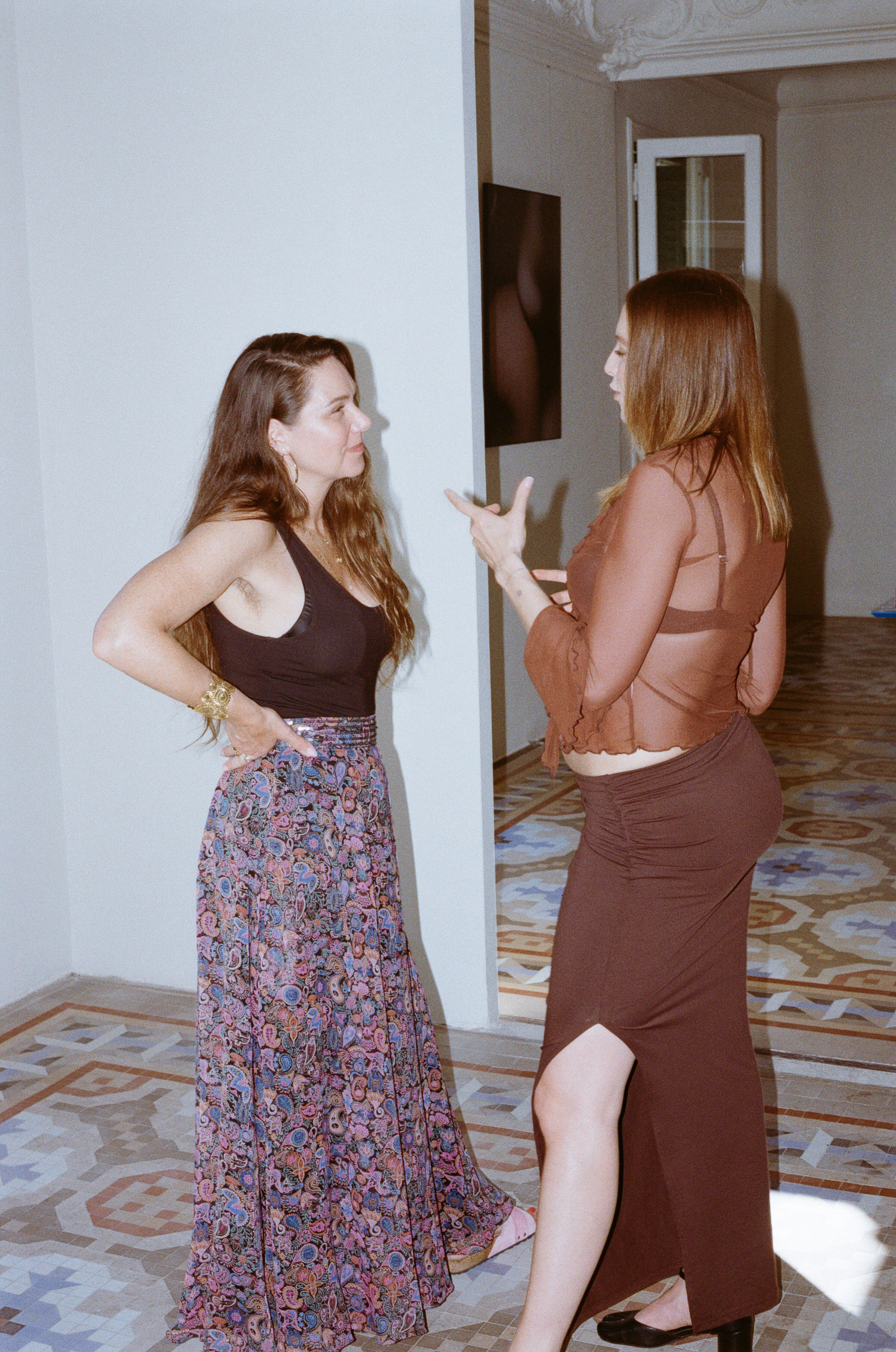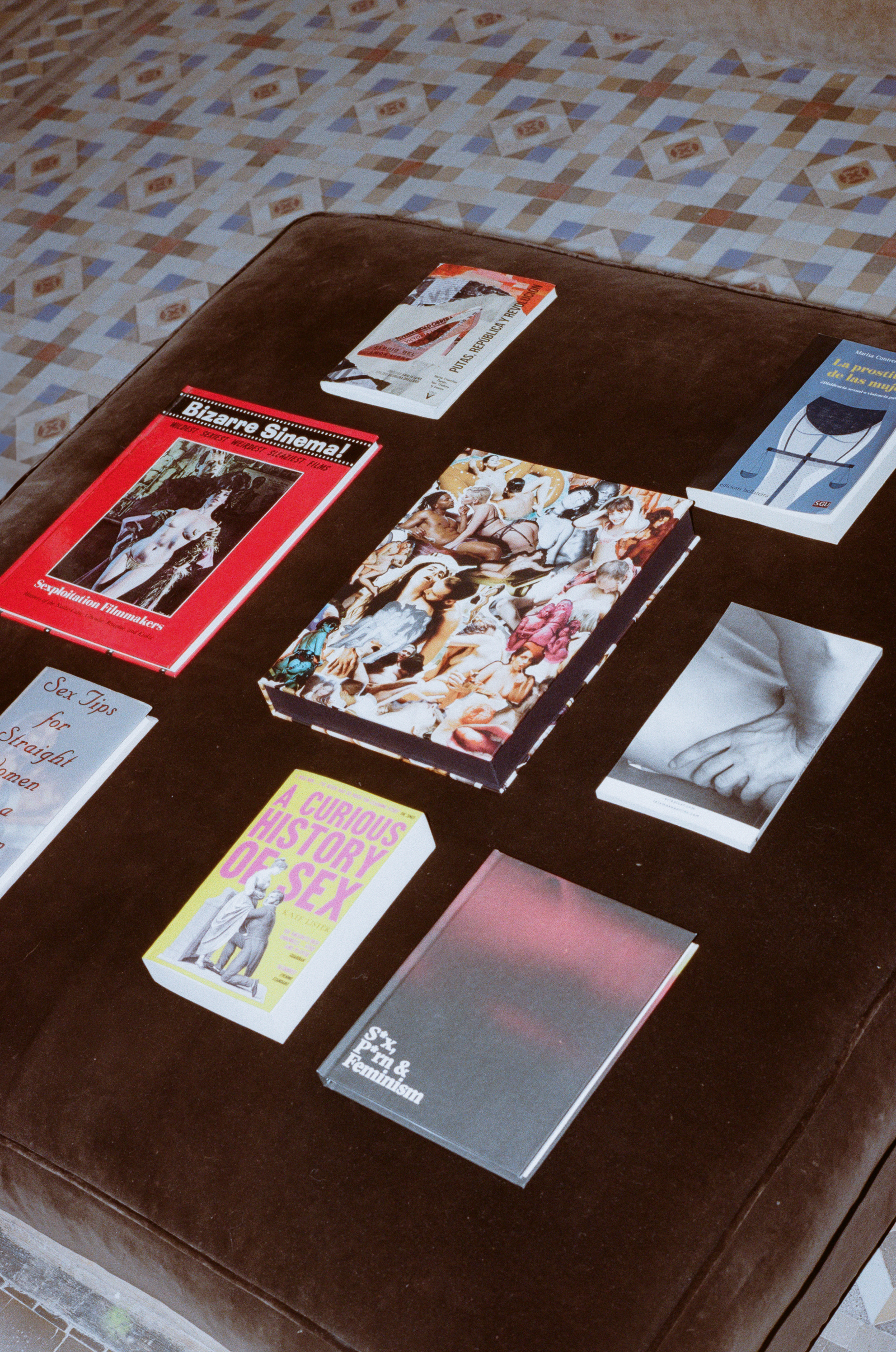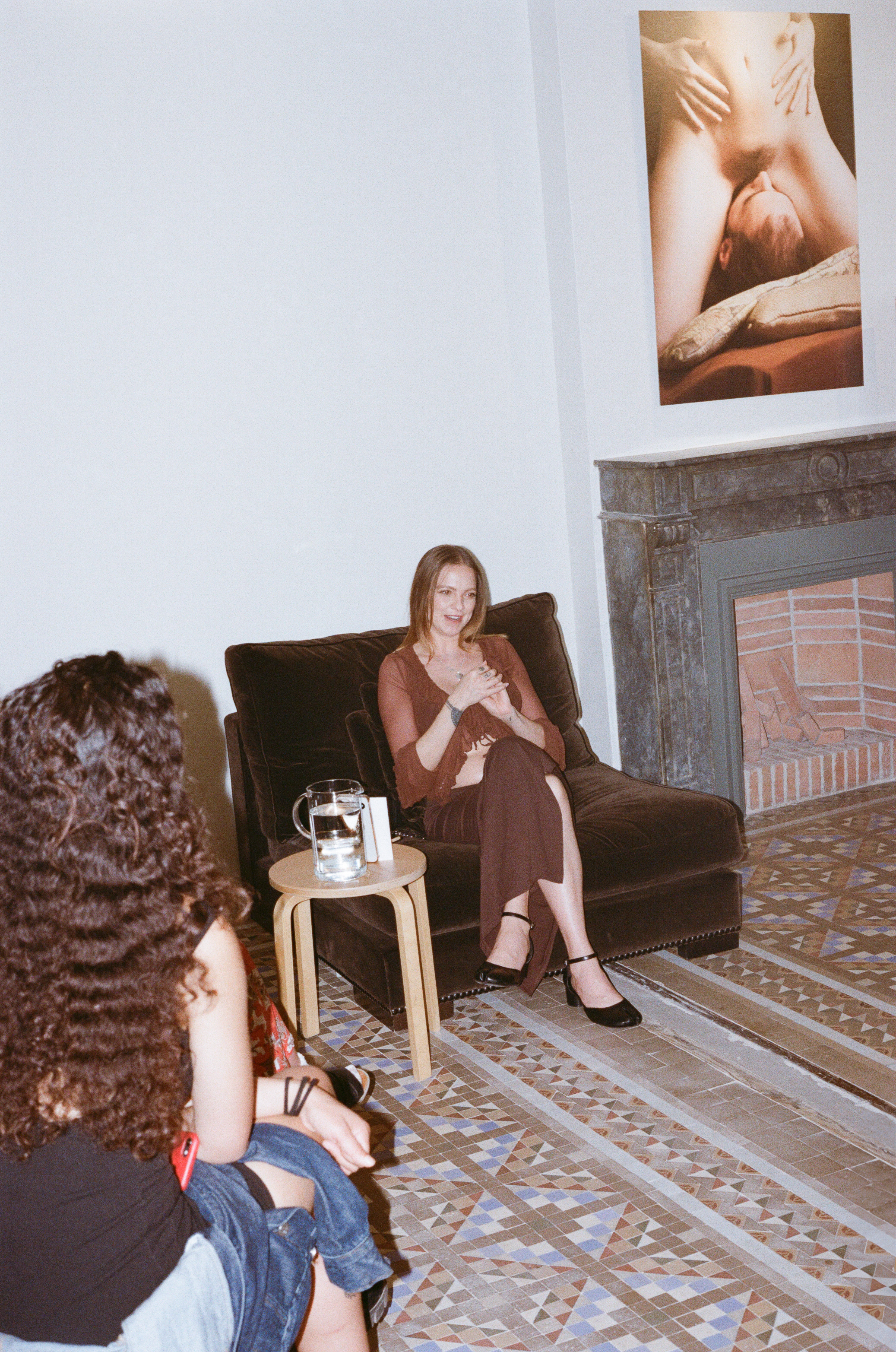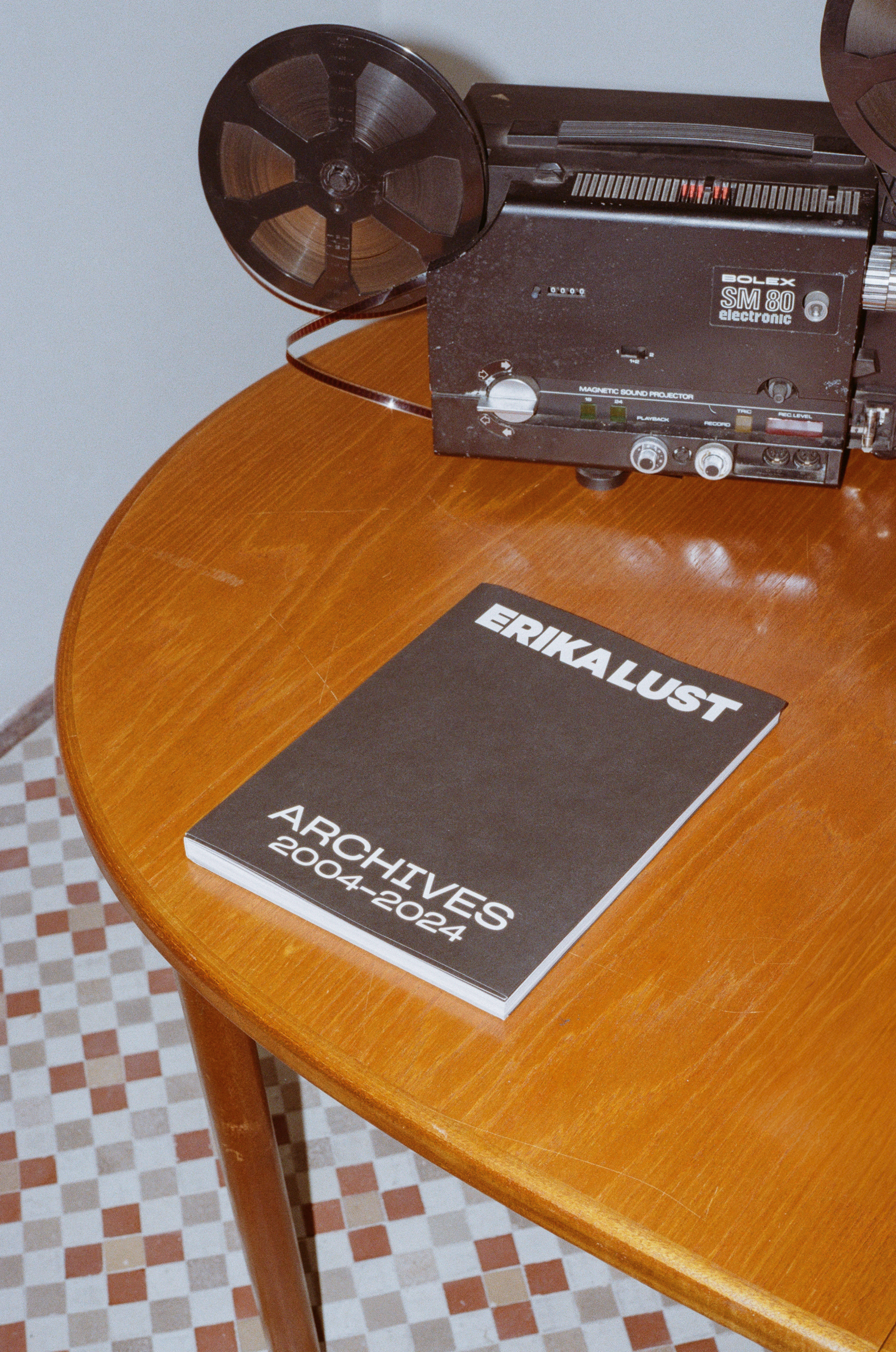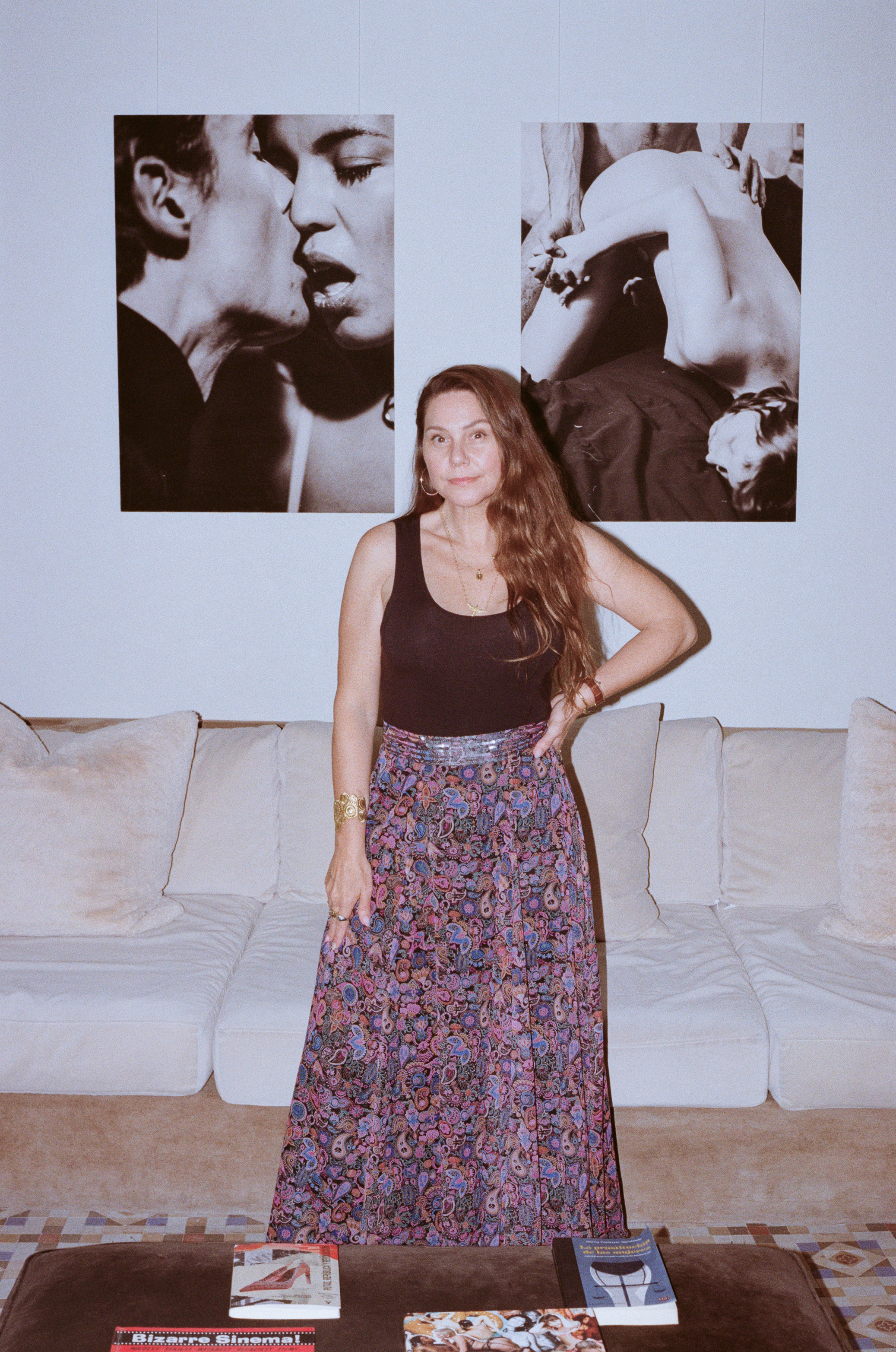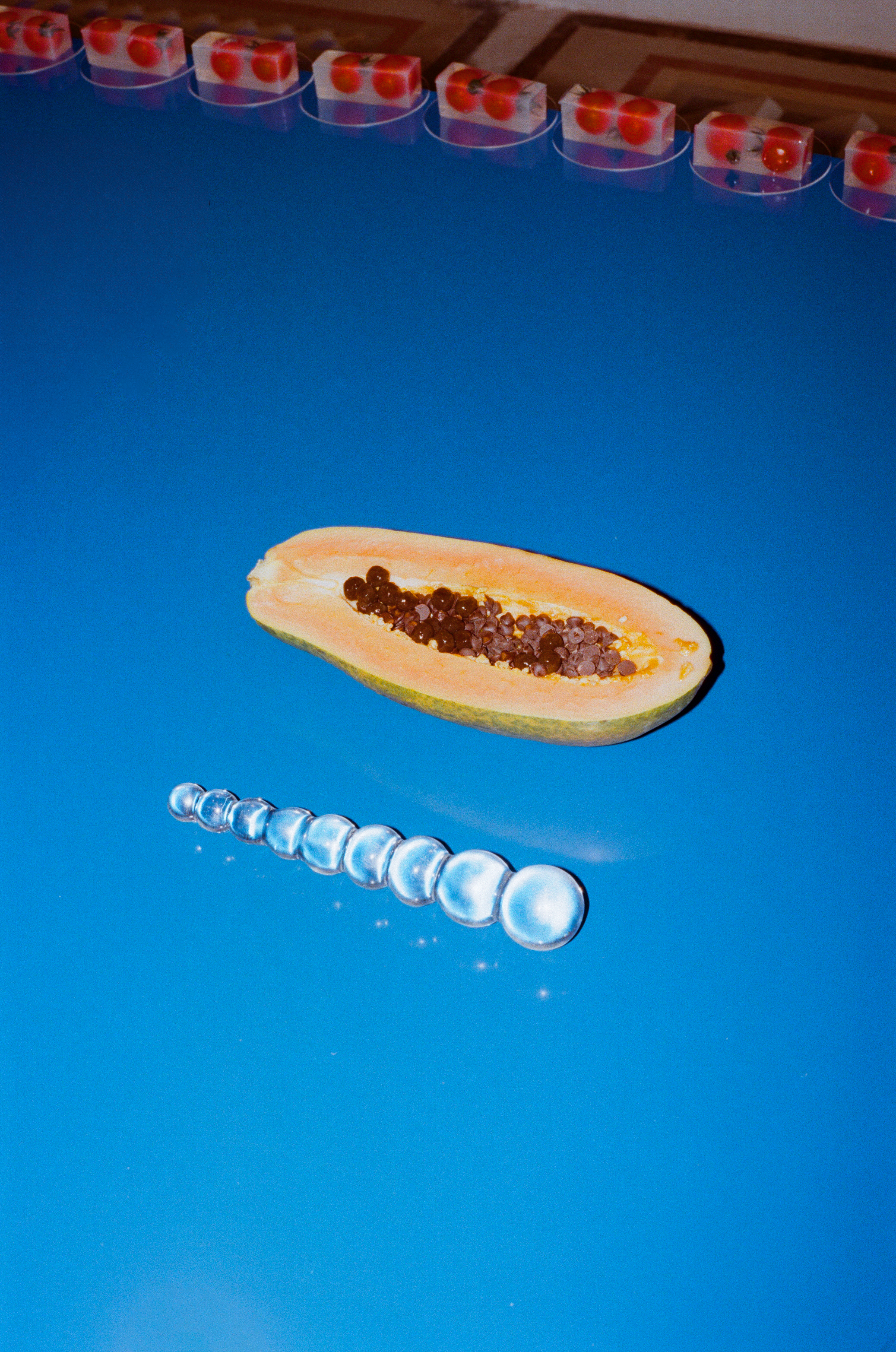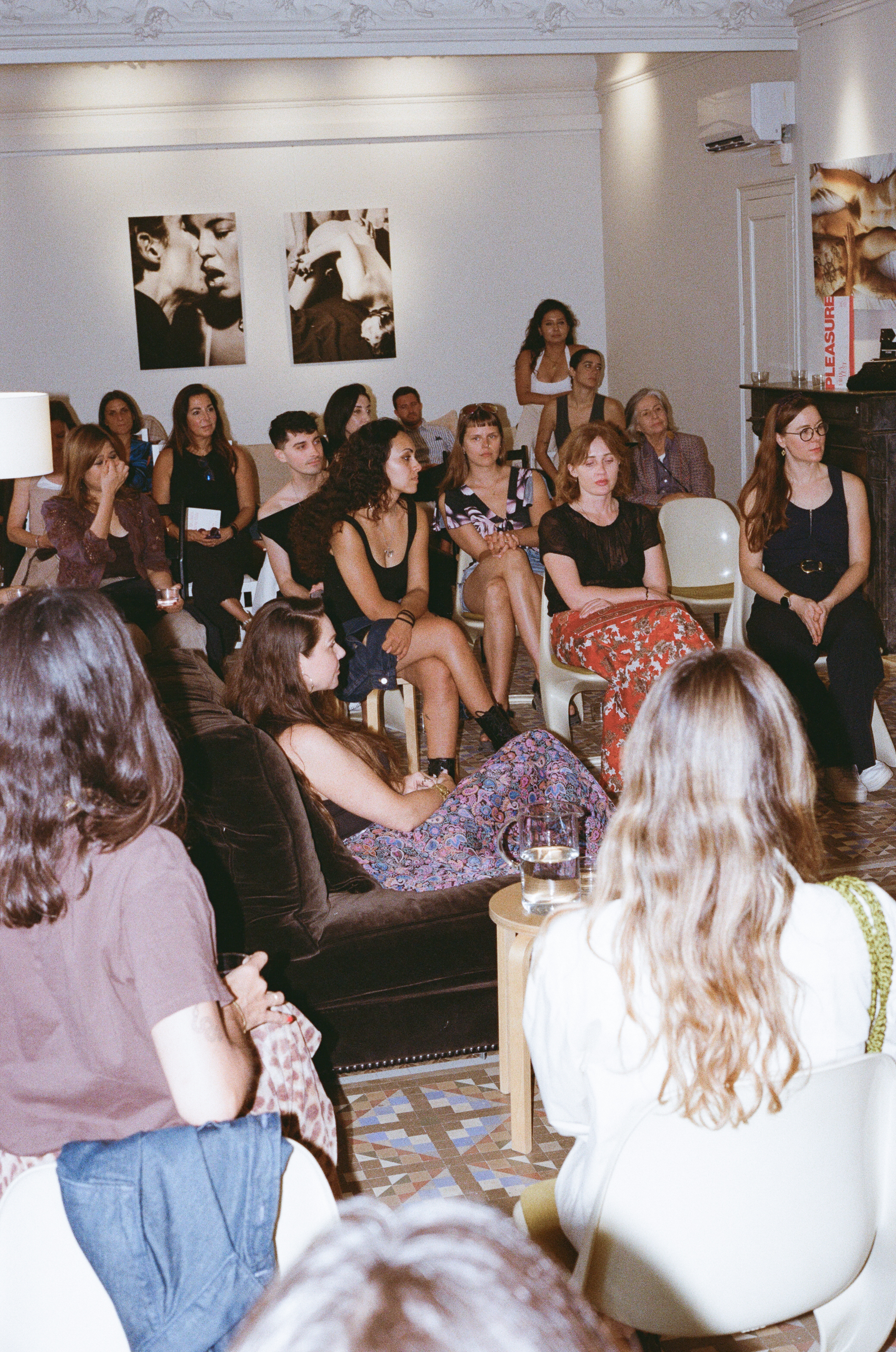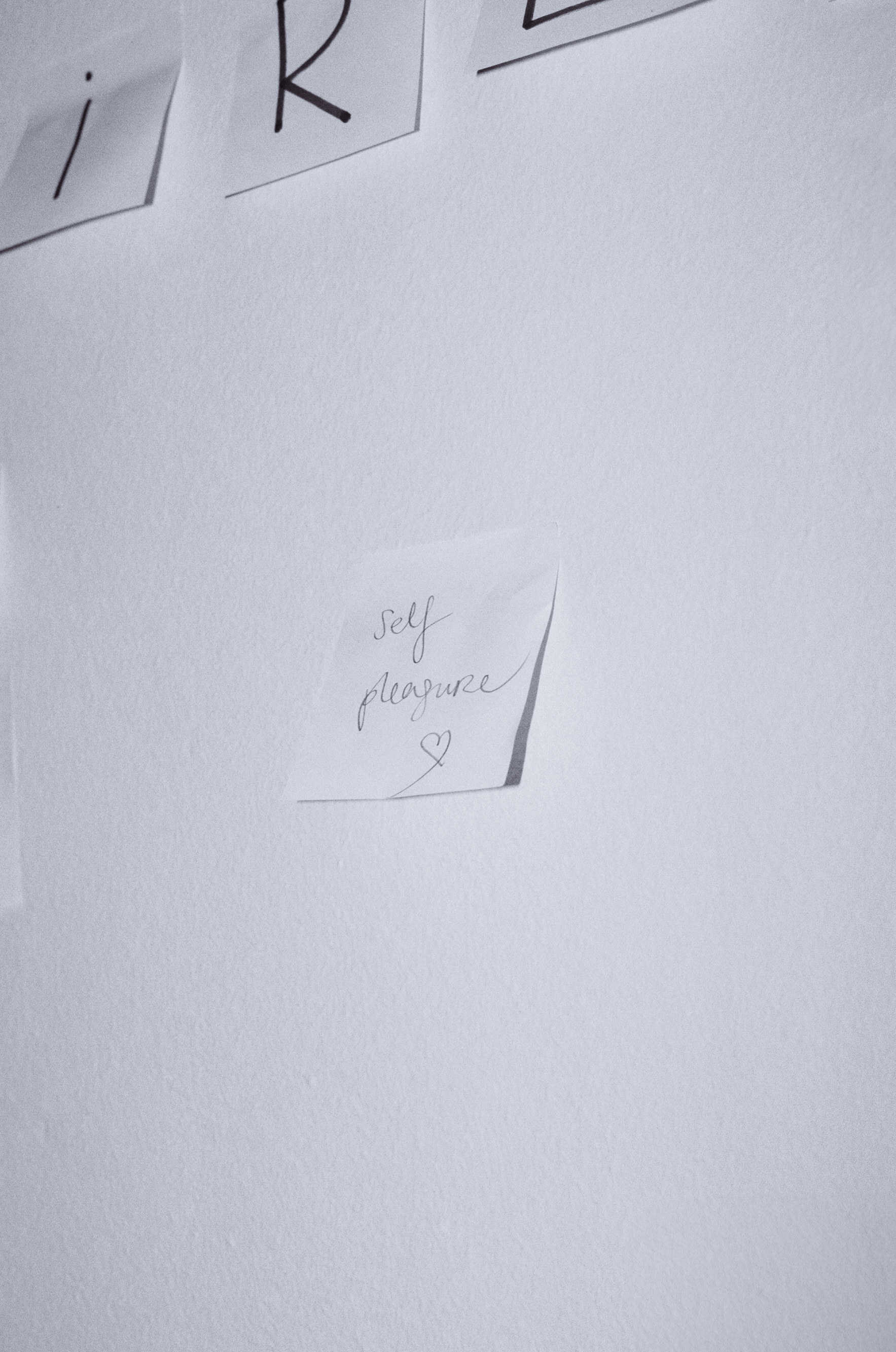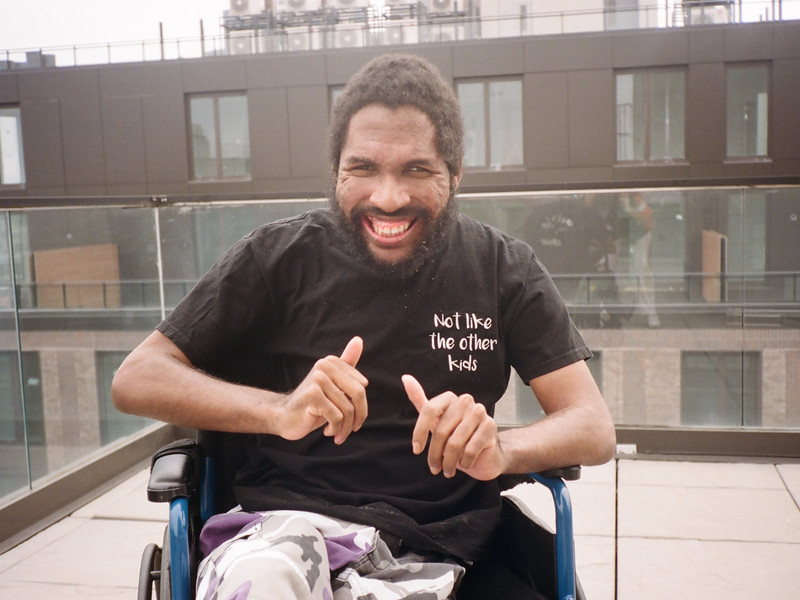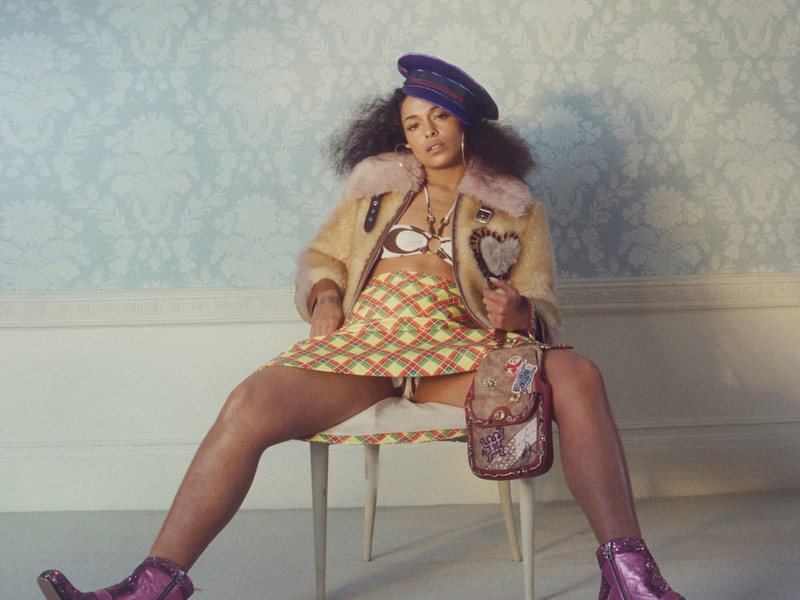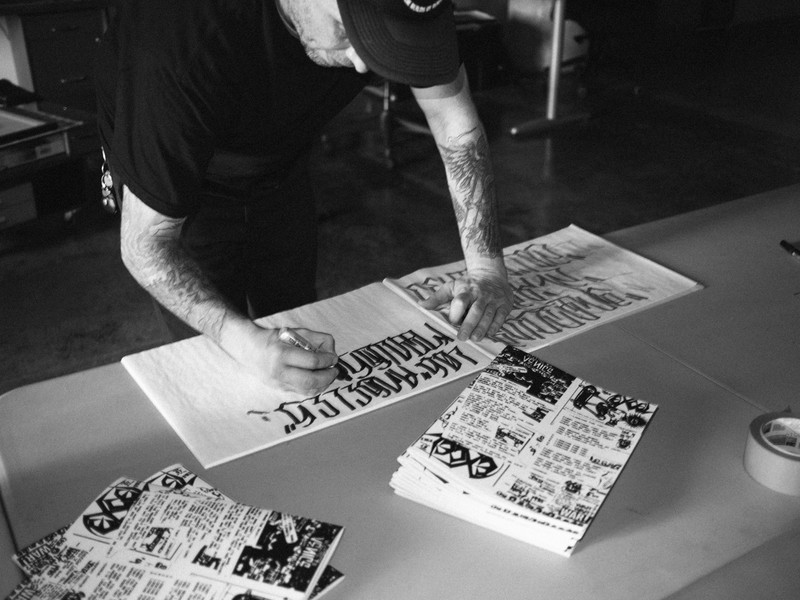Be Not Afraid of Love
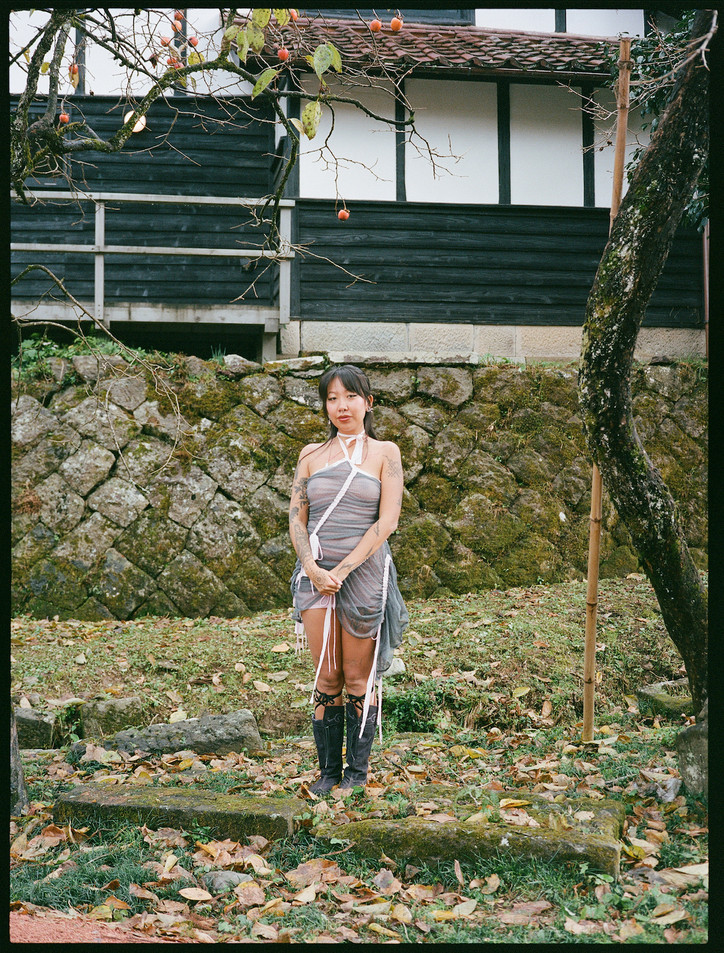
Your Aerthship residency is coming in the wake of your book, Be Not Afraid of Love. What do you think ecology and intimacy can learn from eachother?
We are always in direct and intimate relationship with Earth. I think we can learn about closeness and togetherness through ecology, through observing the ecosystems that surround us, the moss that spreads, the flowers that grow alongside each other, and the bees that polinate them.
When I was healing from the abusive relationship that courses through Be Not Afraid of Love, I found a lot of intense healing from being with Earth. I learned that we are never separate, that my relationship with Earth impacts my relationship with everyone around me, and to maintain healthy relationships, I can learn a lot of wisdom from the soil that I walk on and the air that I breathe.
When was the first time you felt connected to the earth?
From memory, when I raised caterpillars as a child with my family. We would make these little sanctuaries for them that would keep them safe from being eaten by birds, and then we would watch them morph into butterflies. It was a slow process, and it was very intimate.
The most recent?
Today, when I went for a walk and saw swarms of dragonflies flying close to the ground. I learned that this is a sign that rain is approaching.
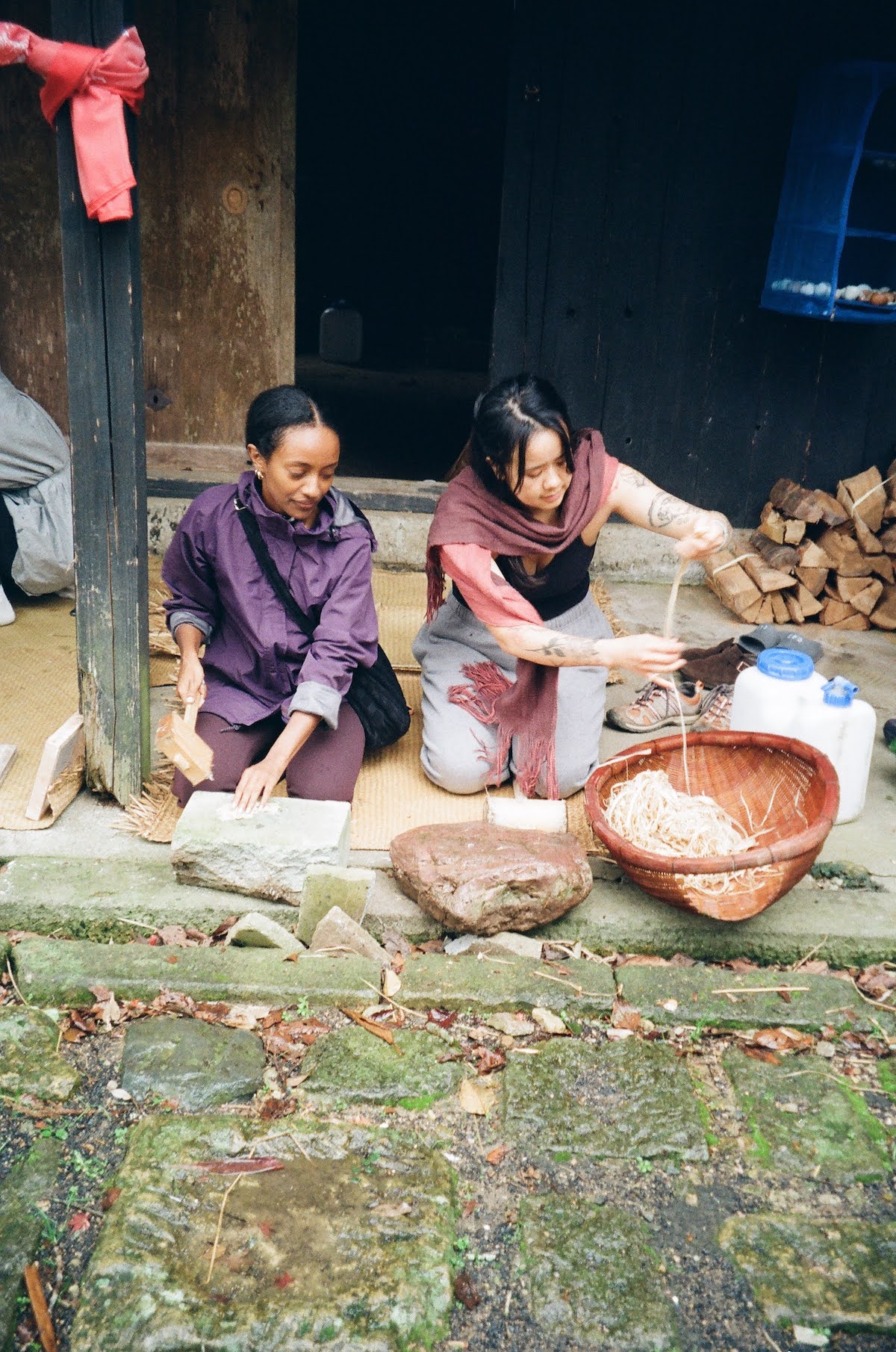
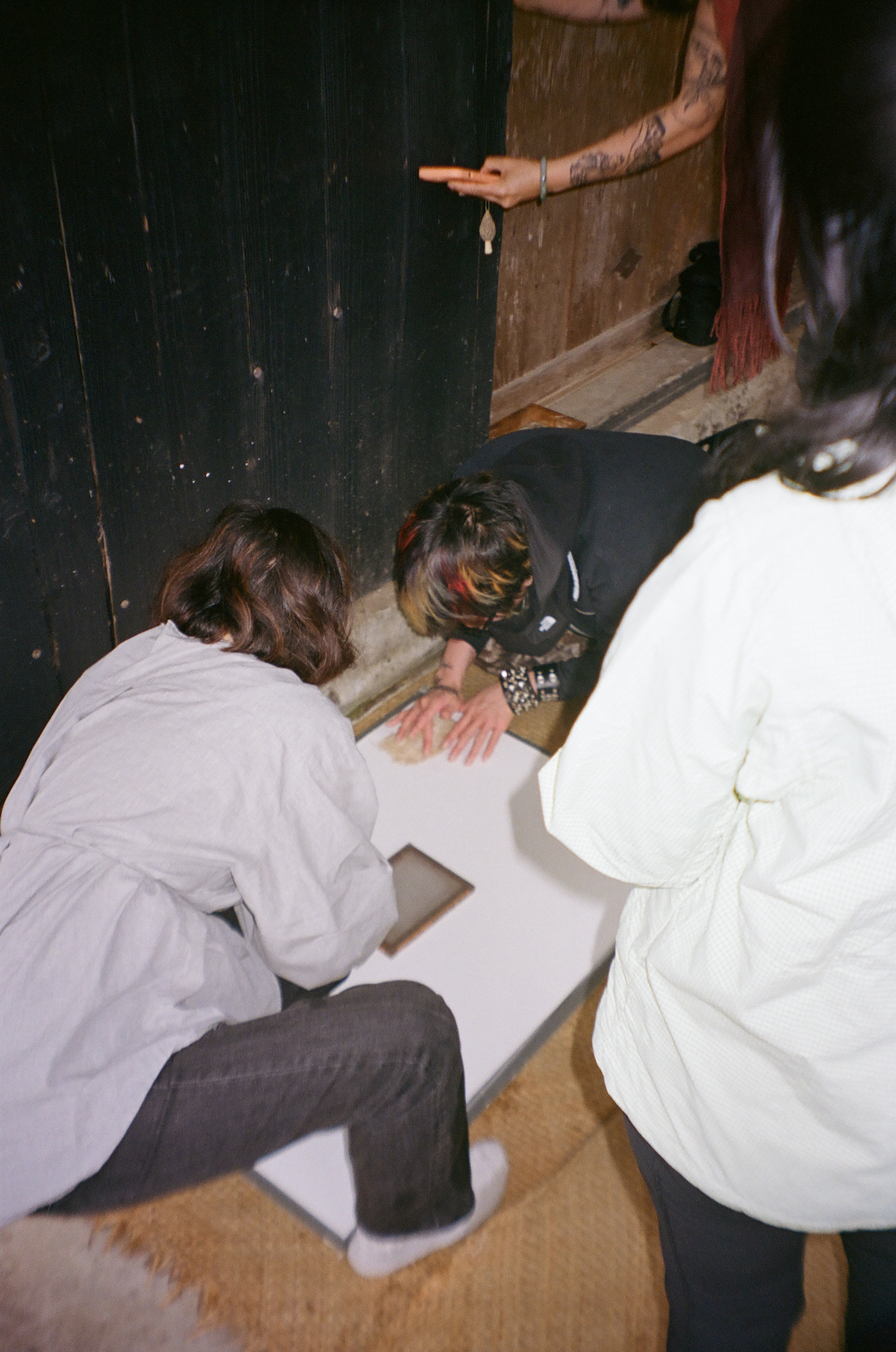
How do you prepare to lead writing workshops? And what are some of the things you plan on walking workshop attendees through?
I always go for a mindfulness walk before every workshop – that being a long and silent 30-minute walk, with no music and at a very slow pace. When I do so, my head is cleared of all the pressure and shame I often put on myself, especially as I’m preparing to act as a guide of any sort. It helps clear the perpetual feelings of “not-enoughness” that pervade my subconscious, and allows me to figure out the themes of the day.
Something that is very important to me for workshops and residencies is that I do not put pressure on the participants to PRODUCE any work by the end of it. My priority is to call for attendees to experience complete presence with themselves, in togetherness, and with Earth. In doing so, I prepare us all for stream-of-consciousness writing with the themes that called to me during my walk.
What do you hope to gain from the Passenger Program?
Like I mentioned before, my ultimate goal for this program is not to come up with a complete product. It is to invite artists to be present enough to rid themselves of any kind of performance anxiety, pressure, and creative ruts they may be in. I do not ask participants to make any one specific thing, but to simply allow themselves to exist.
It’s so amazing to collaborate with so many loved ones in this residency. Every participant, every member of Aerthship, everybody on Takigahara farm, was called to be present and closer with themselves. Amid all the hard work we were all doing, we were always soothed by our surroundings, humbled by the crisp air, and brought together by our shared vulnerability.
When people grant themselves the permission to be, it is astonishing, beautiful and moving what they come up with at their own pace in connection with their spirits.
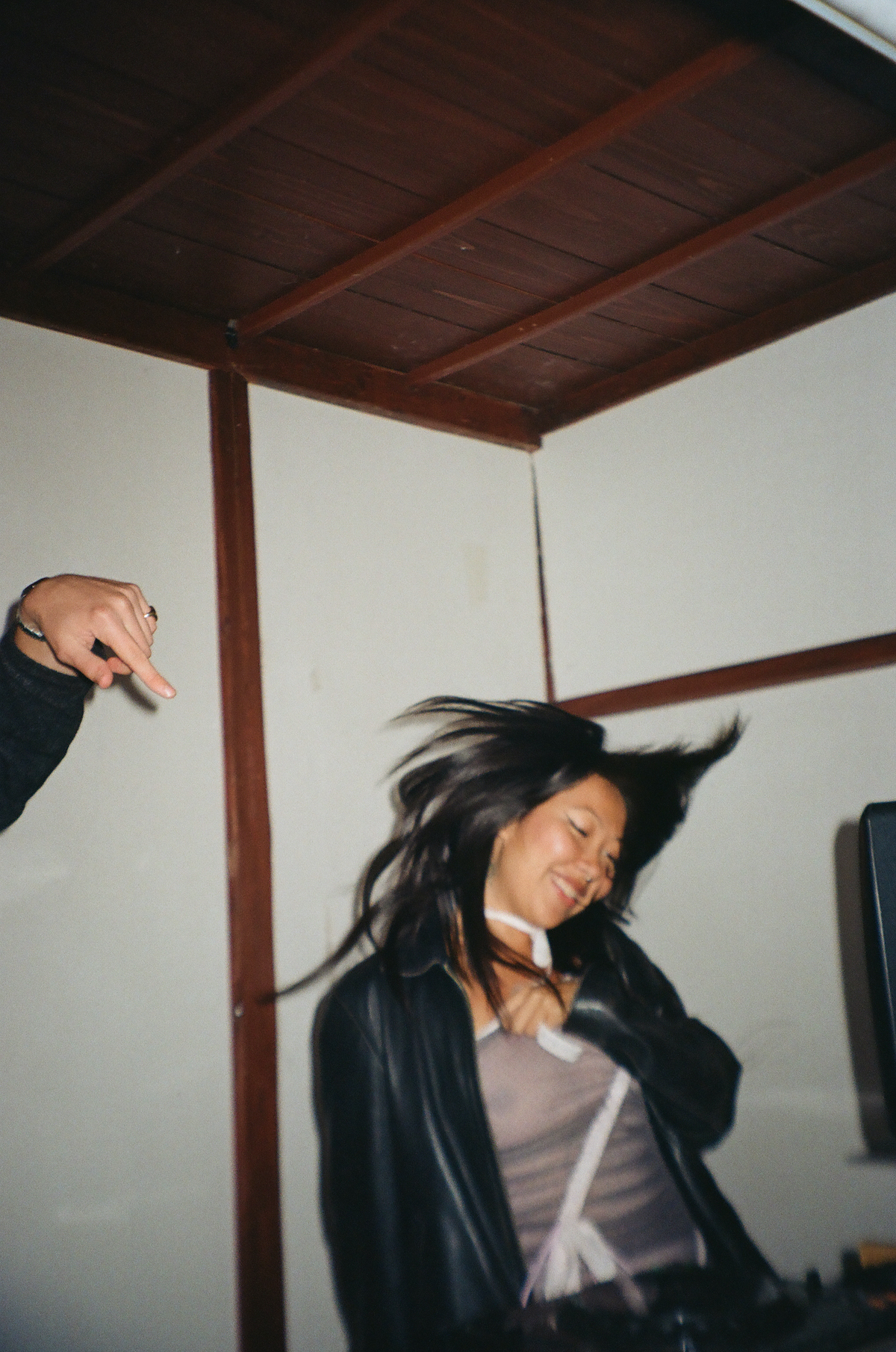
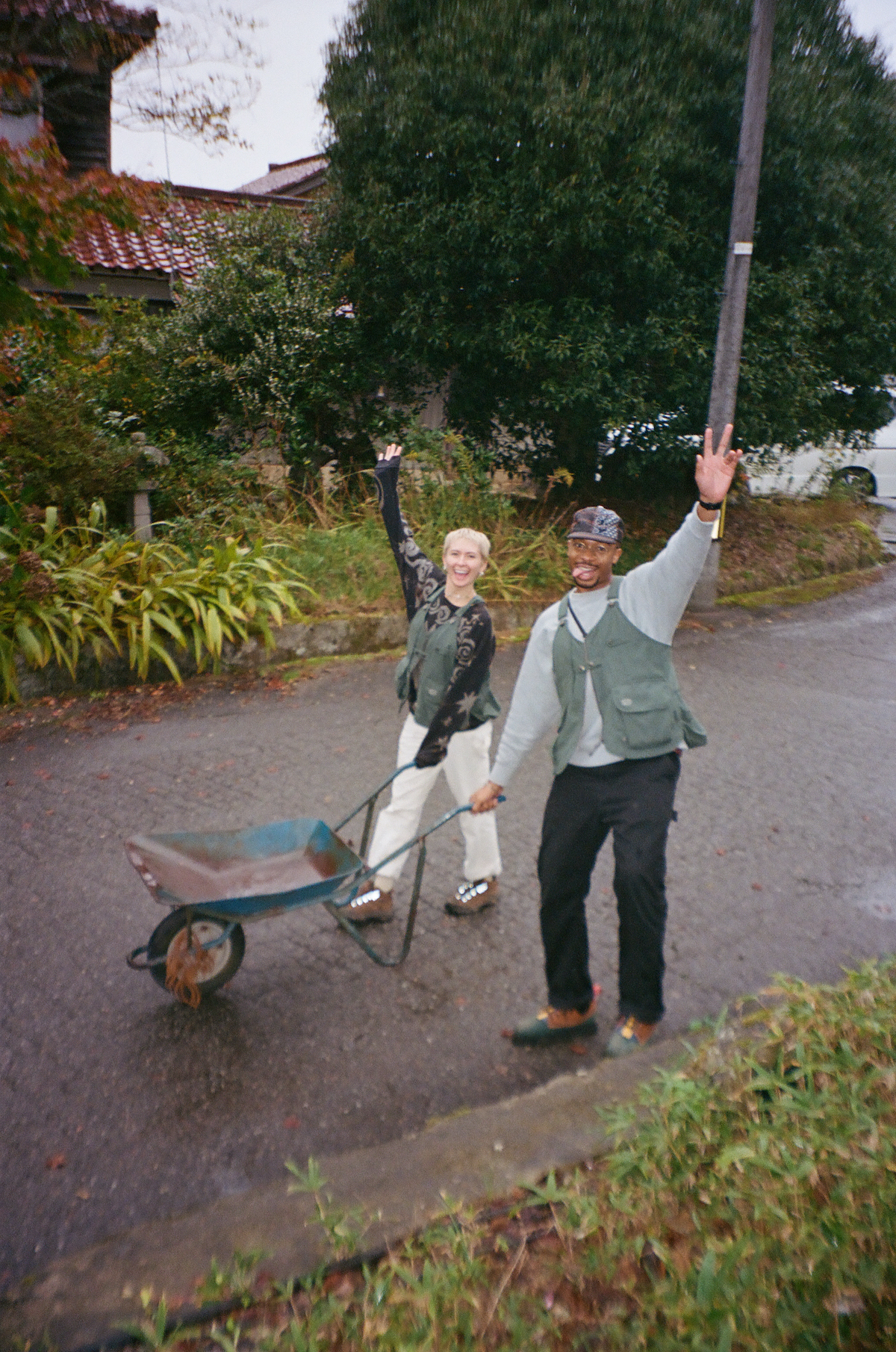
What spurred you to write Be Not Afraid of Love?
I could not hold my pain inside of me any longer, and I also could not hold onto my love without sharing it. I wrote Be Not Afraid of Love to survive, and to make sense of the ugly feelings that had haunted me after an abusive relationship. It was release, it was liberating, it was hard, painful work.
What have been the most gratifying reactions to the book?
When people send me private DMs telling me how much it means to them, how it changed their lives. When queer people of colour make book clubs and discuss the book. When people come to my events, my book tour, this residency, and they tell me how they met their new best friend there and had never been in a space with such tenderness and connection.
You write about feelings that are often deemed as “negative”– anger, anxiety, grief, distrust, and shame. What’s the strength in giving space to the feelings that would be easier to avoid? And how are you working on doing that?
I write these ugly feelings down. I let myself feel them. I sit with them, though I try to be careful about how much I dwell on them as well. I’ve learned through Buddhist practice that all emotions are teachers, and we must give them respect and allow them to pass at the same pace at which they came.
A lot of violence can manifest when we do not give space to the “negative” feelings. When we suppress them or try to run from them, we suppress them from their release. We block ourselves from learning very valuable lessons that are braided throughout those complex emotions. I believe that in order to fully love ourselves, we need to give ourselves space to feel in fullness, and care for ourselves through that process.
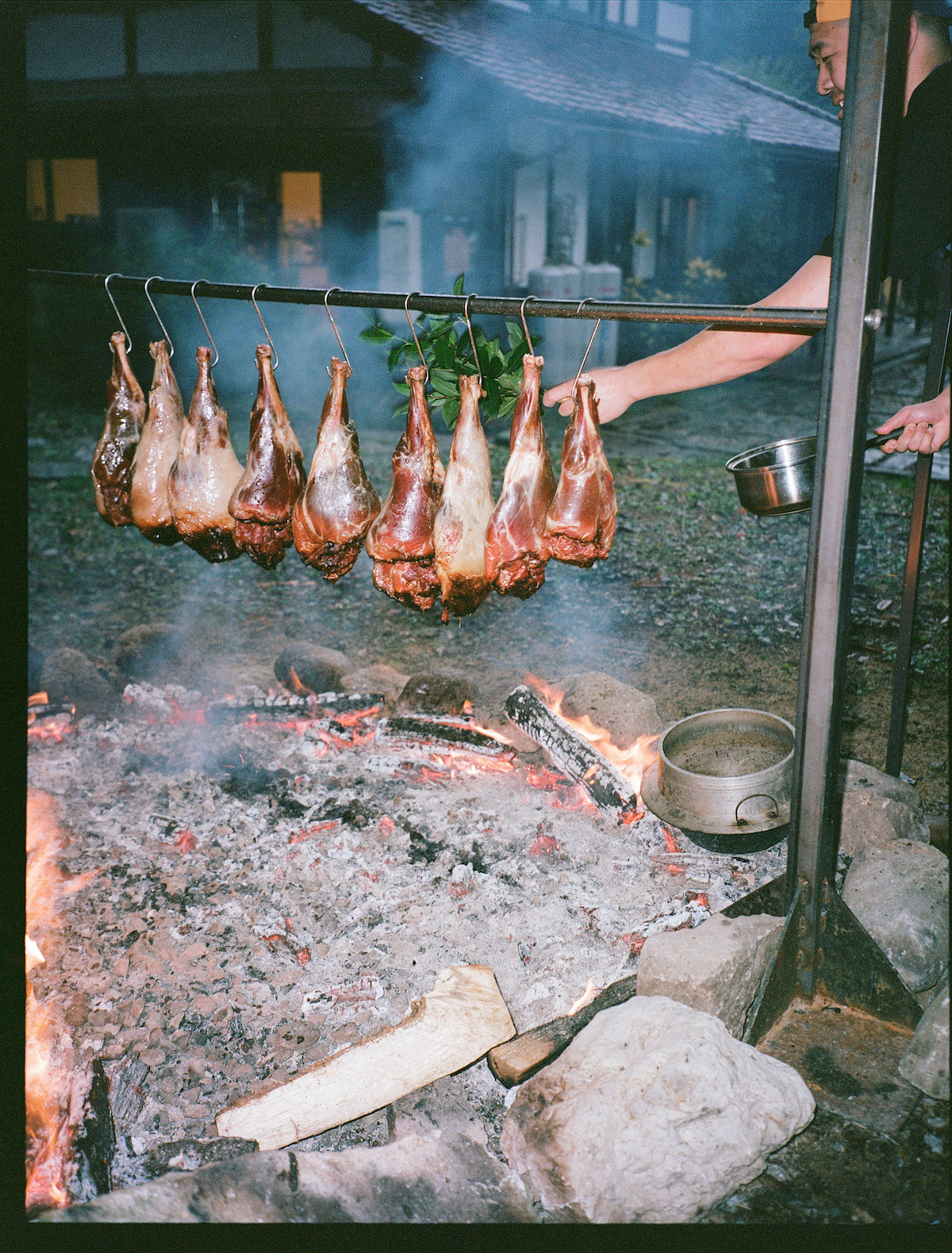
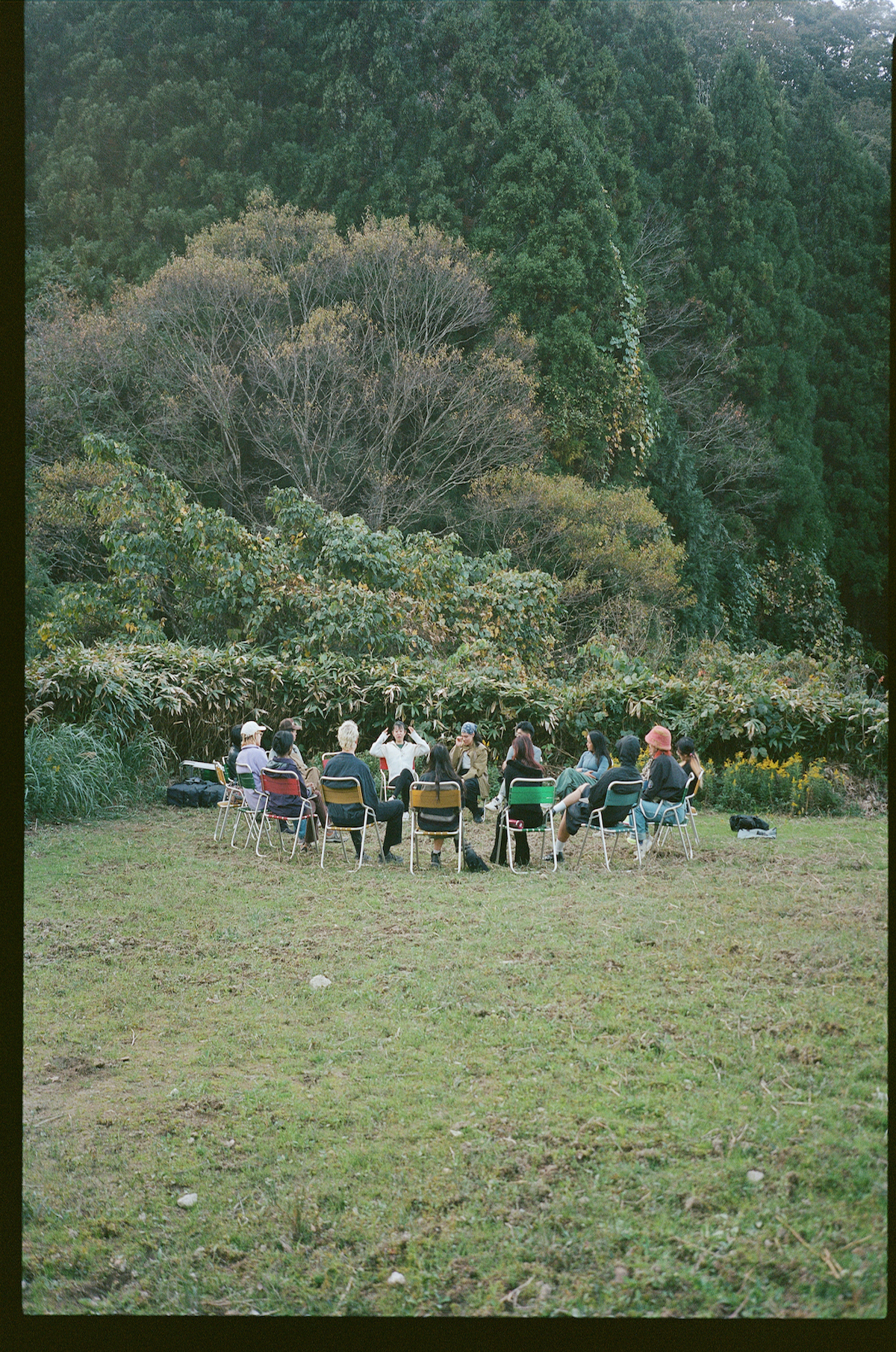
You’re a writer, and you’re self-aware (I say those two labels distinctly, as they don’t always go hand-in-hand). But, do you think that knowing yourself and knowing how to give name to the things you’re feeling has been more helpful or harmful in your healing journey?
Sometimes I do wonder if it’s a curse. For example, I’ve unlocked a lot of wisdom by studying attachment theory and somatic healing. However, there are times when I spiral deep into said theory and I start psychoanalysing myself with immense harshness, almost punishing myself when I am not healing in the “right” way. While guidelines are really helpful, sometimes I use them as a set of rules, and am very hard on myself if I feel like I am wandering astray. But I know I am meant to do this, and I am grateful and overjoyed to find words and connect them to feeling. I know it is my gift, and I want to do that with honesty, clarity and tenderness.
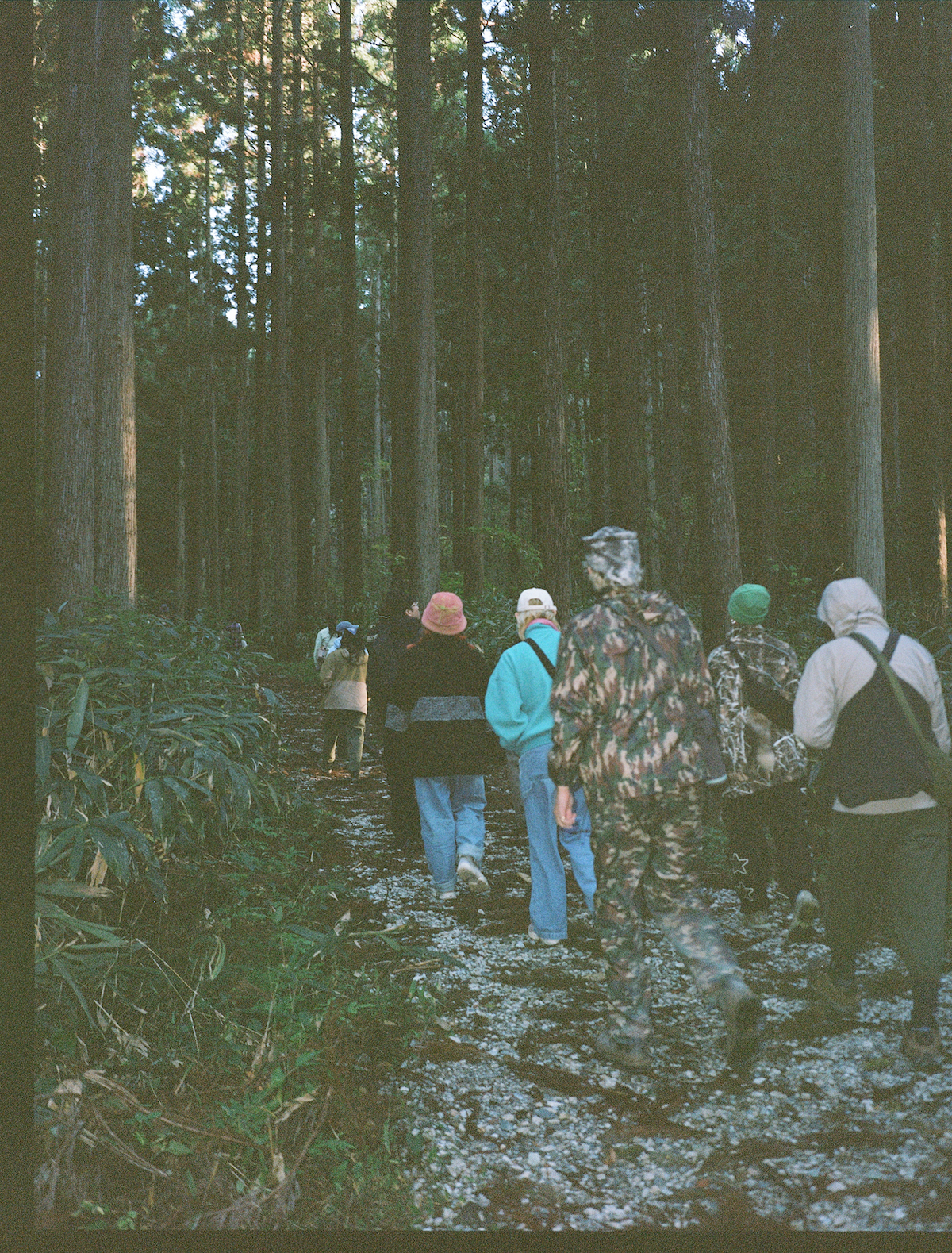
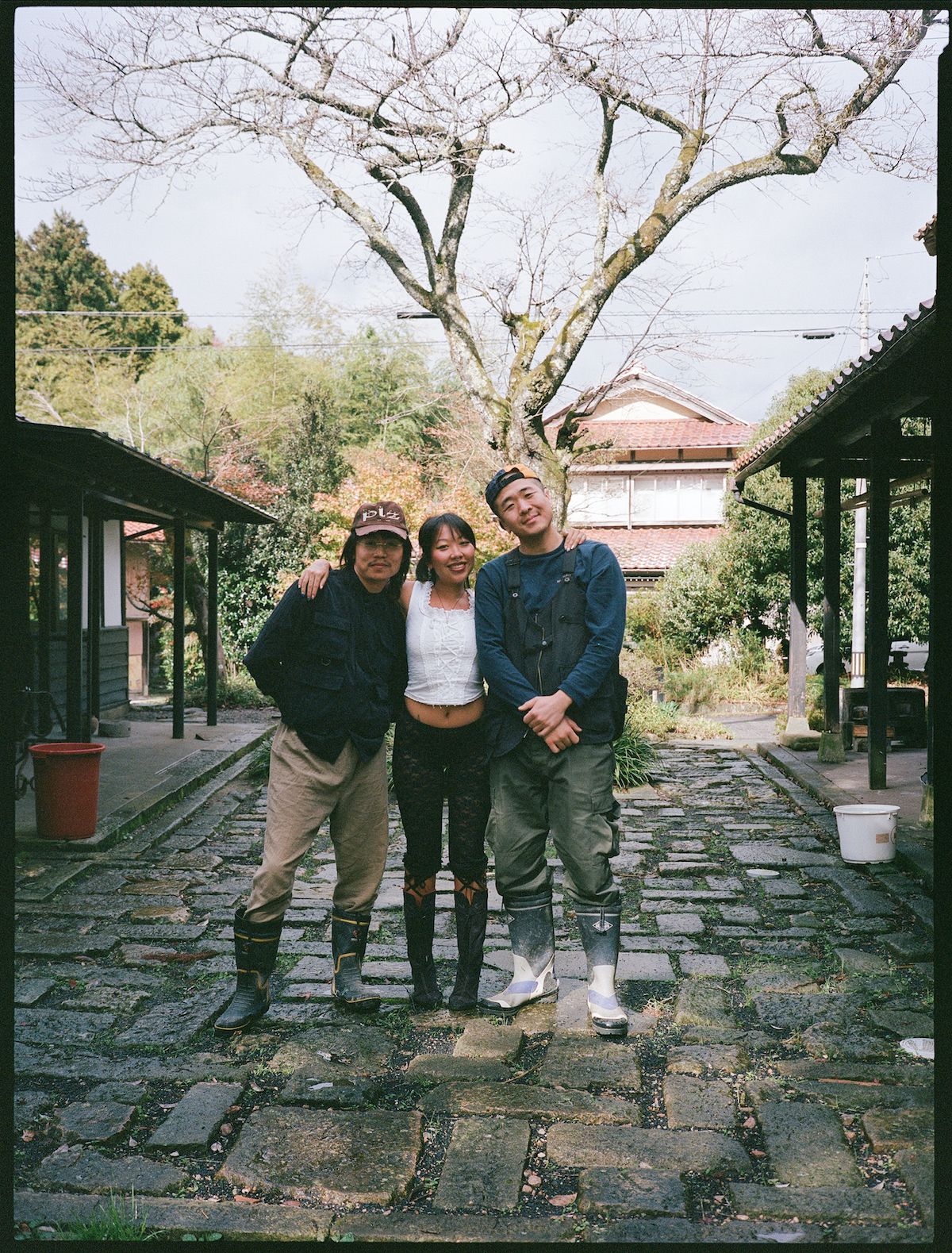
What’s the hardest thing about loving?
Allowing yourself to exist fully and have someone witness – even love – you. That’s why I want to do this work, so we can all learn how to exist fully with ease, and hence, be better at giving and receiving love.
The easiest?
Once you allow yourself to be seen, to be known, you will feel that it is the most simple and natural thing in the world to be loving and loved. It is instinctual.
What’s the best thing to do in heartbreak?
There’s no right or wrong answer, but I’ve learned the hard way that the best thing I’ve done for myself is to honour the many shapes that love can take. When I am experiencing romantic heartbreak for example, I can become very fixated on what romantic love is, and my loss of it. Instead of clawing my way to find another one, I readjust my relationship to all other forms of love; my love with myself, love with my friends, family, support system, love with Earth.
What do you have to say to the rest of us, who are also terrified of love?
Move through that fear with presence. The fear is only telling you how much love matters to you. Let love come to you in the small moments first, like the kiss of a sunbeam, or the caress of a breeze, and feel yourself widen.
